Self-advocacy, the pandemic and working together
Self-advocacy, the pandemic and working together

Blog by Gary Bourlet, Membership Lead and spokesperson in our team as well as a self advocate of long standing
Stronger, Louder, Together!

Birmingham workshop 19th February 2020
By Gary Bourlet
We held our first self-advocacy workshop in Birmingham to start the work on Good Lives 2020. This was about bringing self-advocacy groups around the country together, not about new ideas, but about working together on how to put ideas into action. A lot of these have been talked about for at least 20 or 30 years, but a lot has been said and not been made happen.
It’s all a chance for these groups to network together as a lot of groups have been doing things separately. Each individual group would work on individual issues most important to them and network these with other groups, so its not about one group taking on everything.
We talked about some big areas that research has already told us is important:
Advocacy and Self-Advocacy
Housing
Money and Benefits
Paid Jobs
Health
Relationships
Rights
Sport and Leisure
People in the room added 2 more based on what they think or know is important to others
They added
Accessibility and Education and Learning
There were 6 tables which had about eight people around all adding their ideas to each issue and we want to know about their ideas and what are the next steps and who will do what?
Who else to meet with like social workers, Members of Parliament, councillors, Providers, parents etc, as Good Lives is about working together with others.
It was a good start to this important work and there was a lot of good networking going on as these photos show!
You can find out more about Good Lives and what we talked about on the day on our website HERE
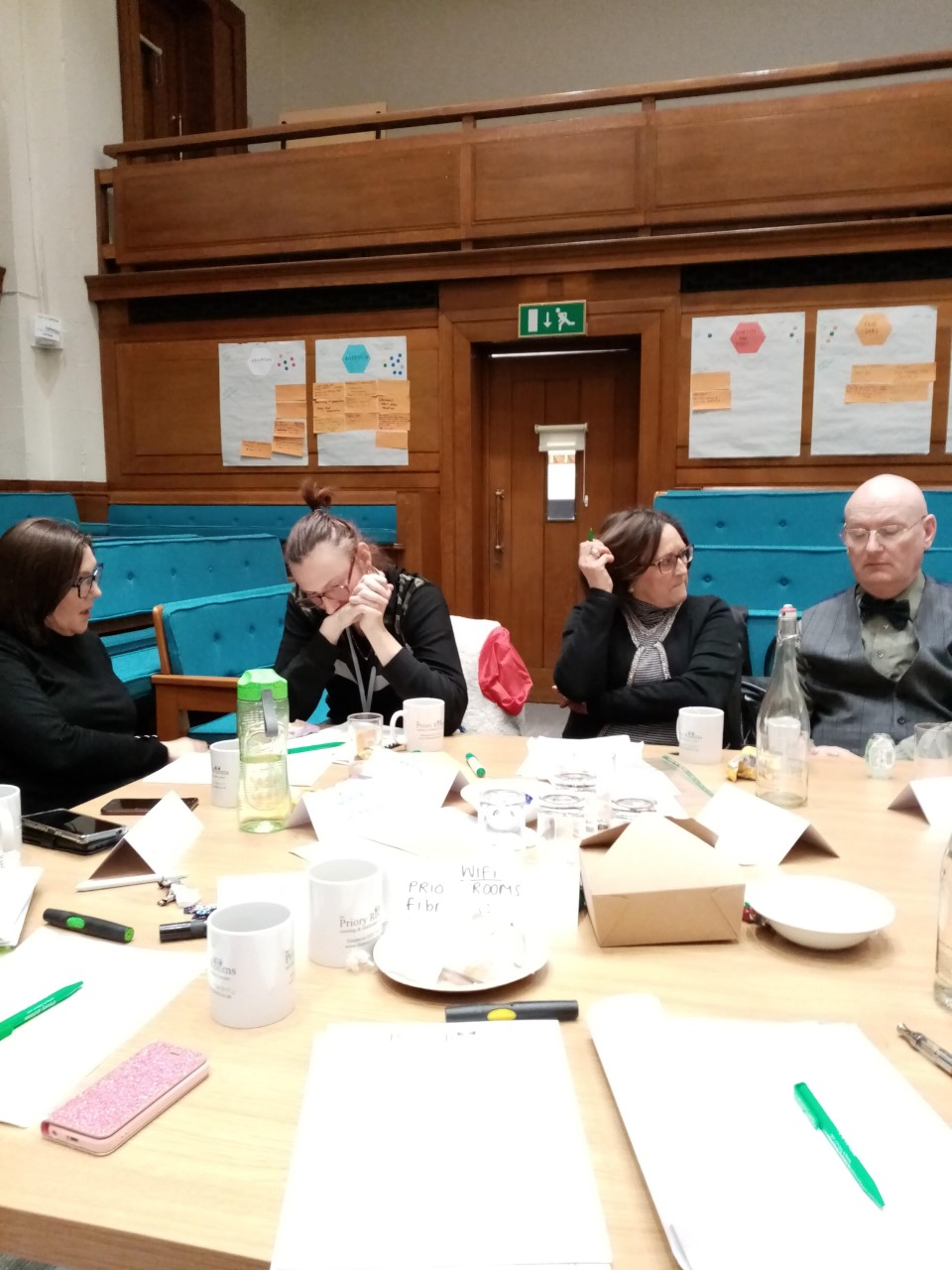
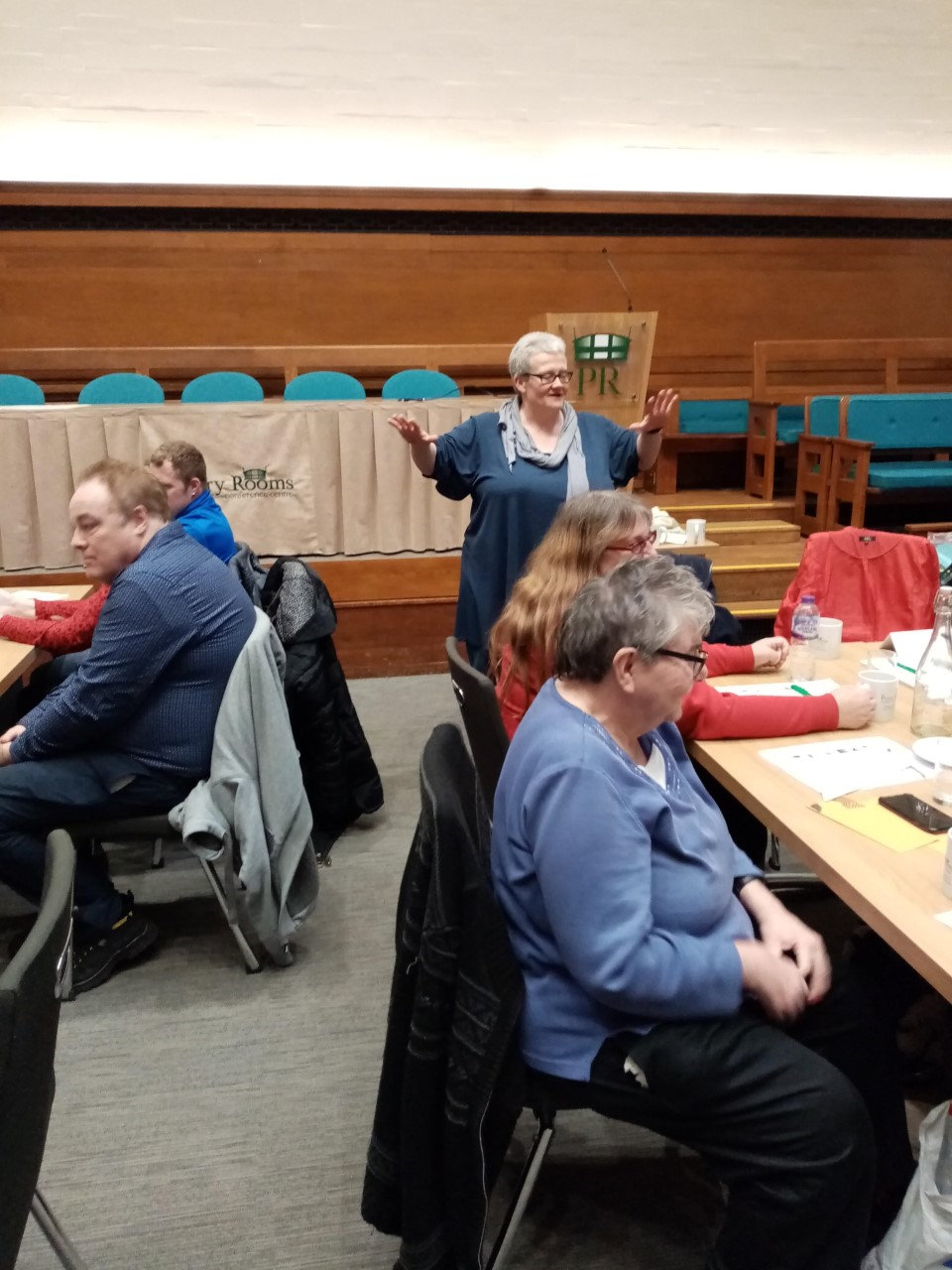
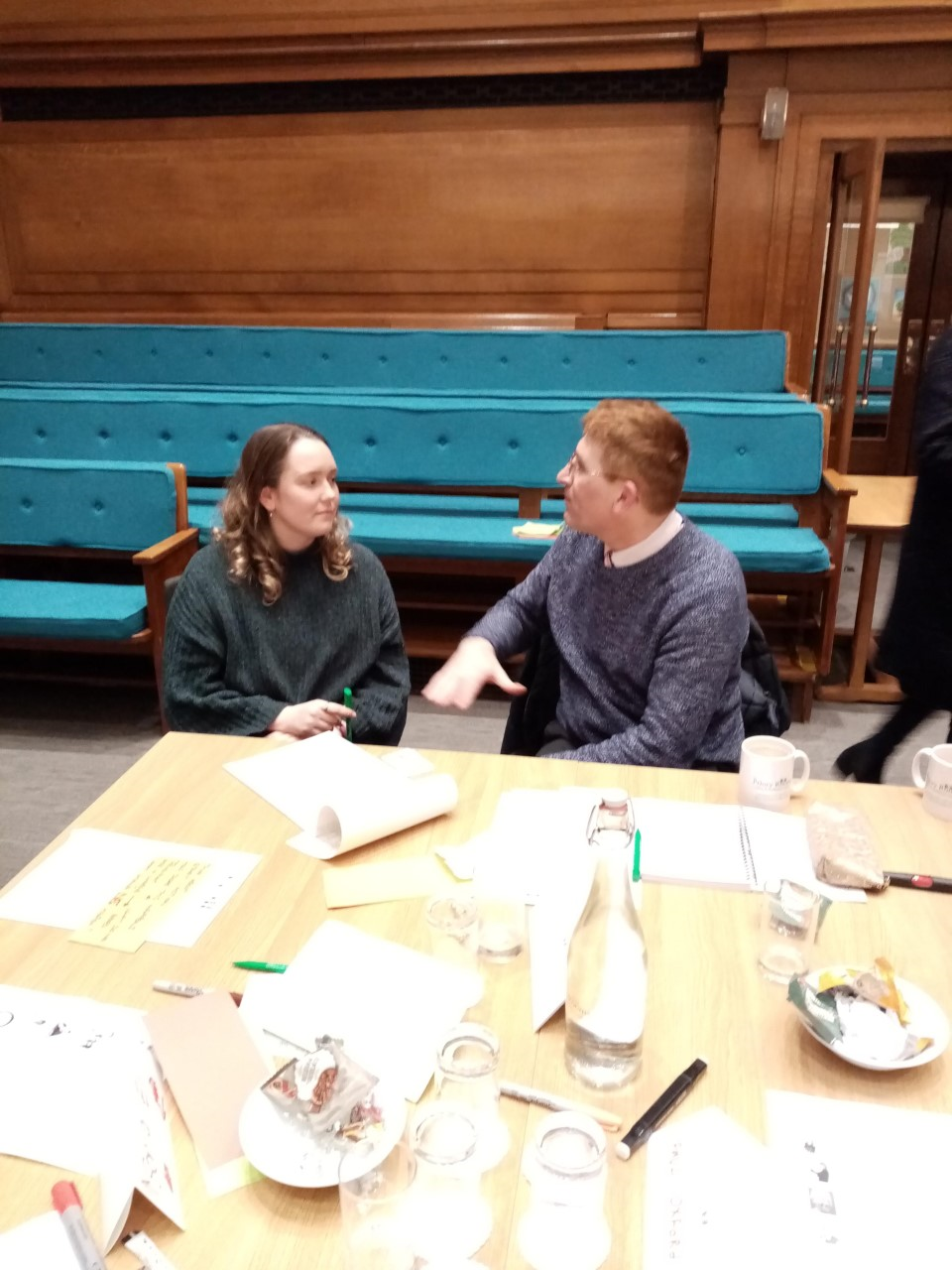
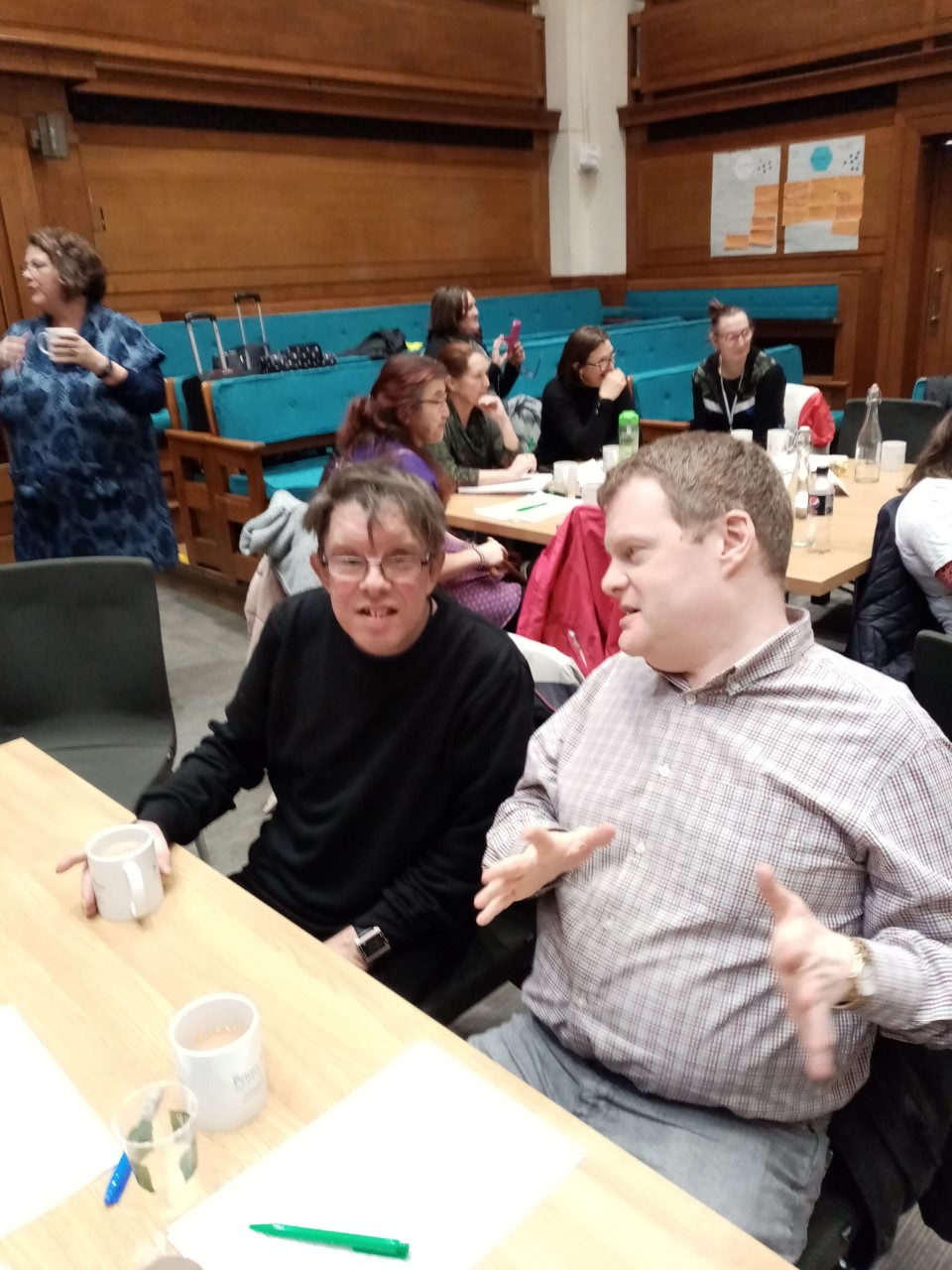
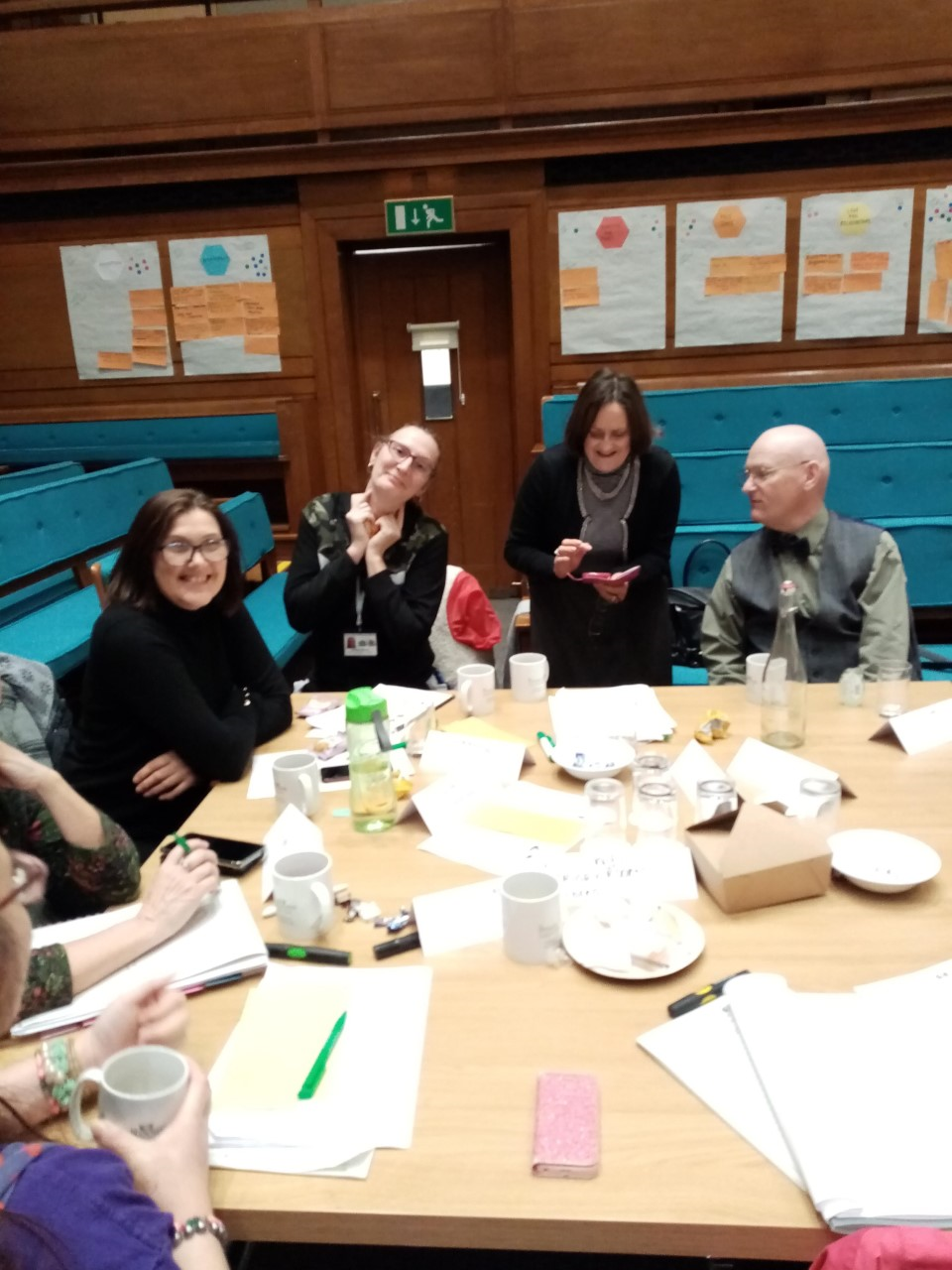
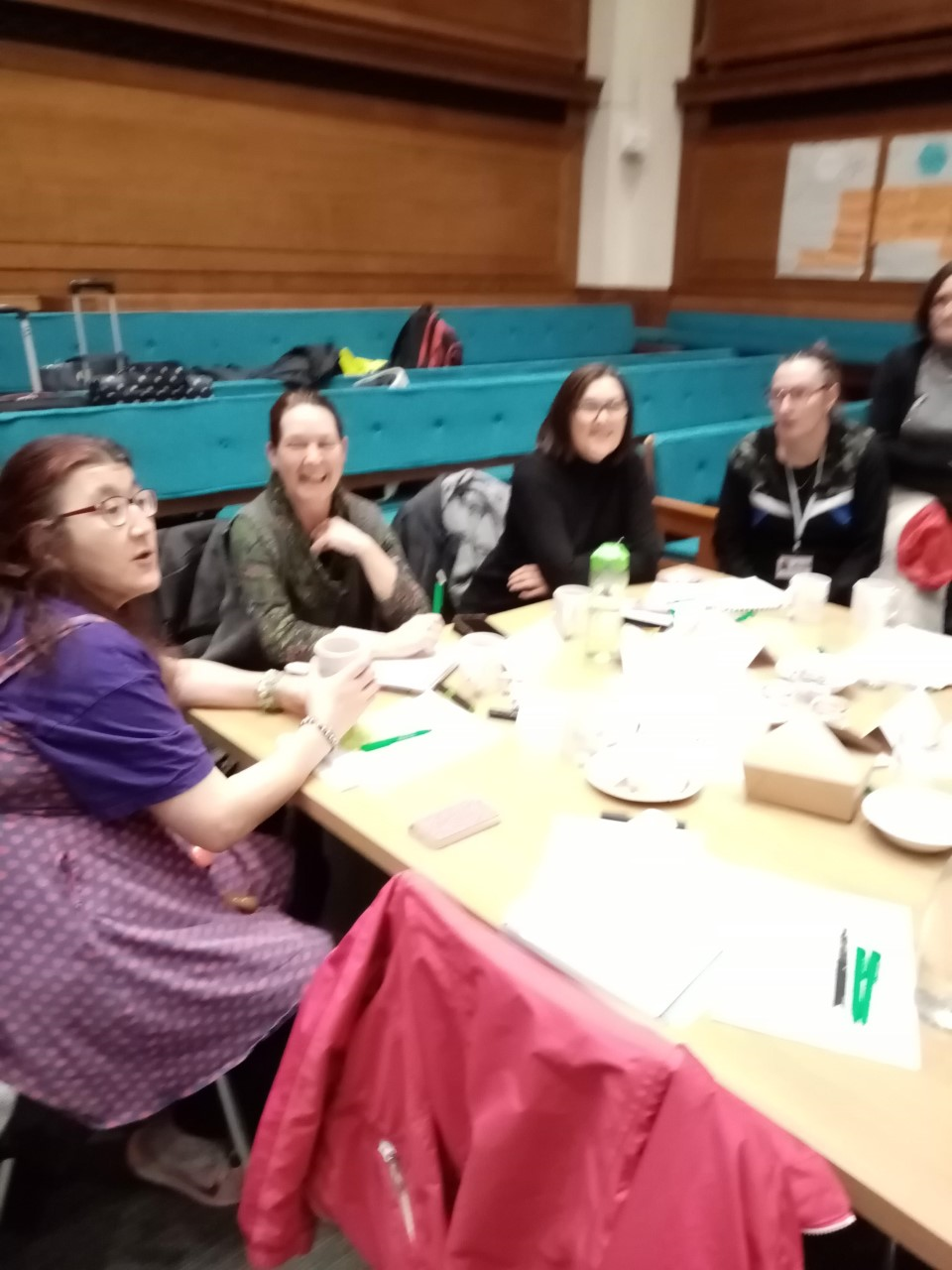
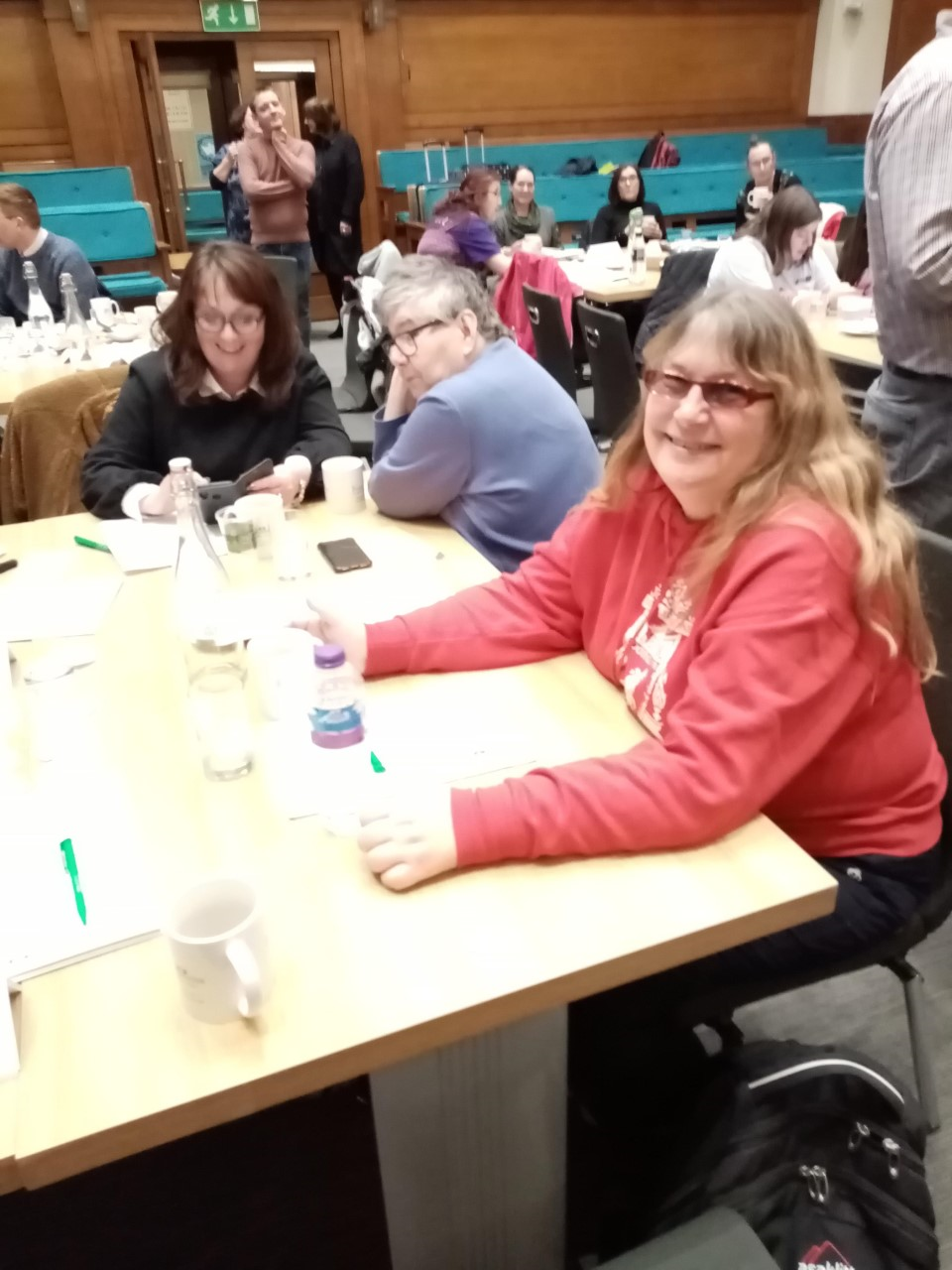
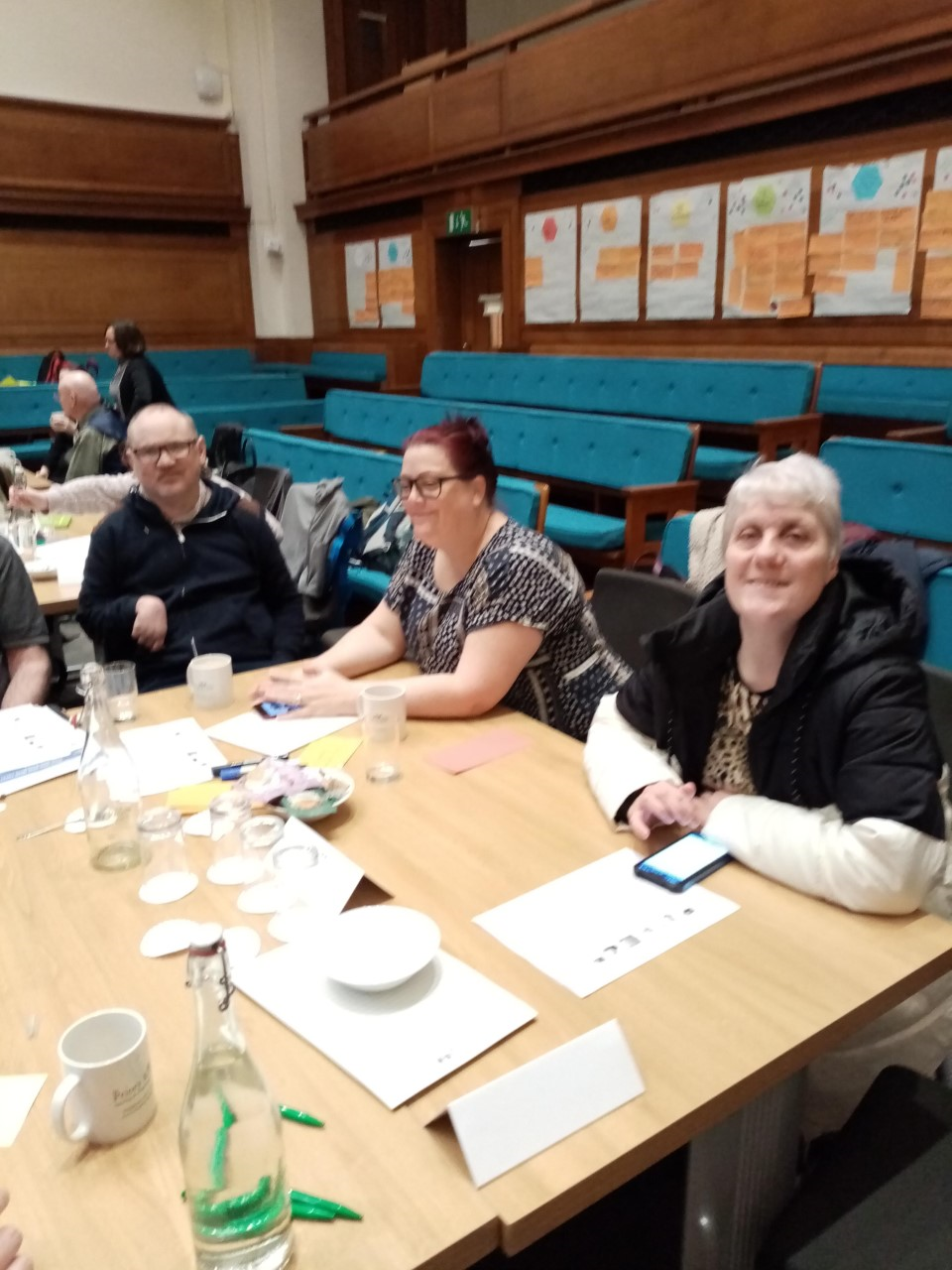
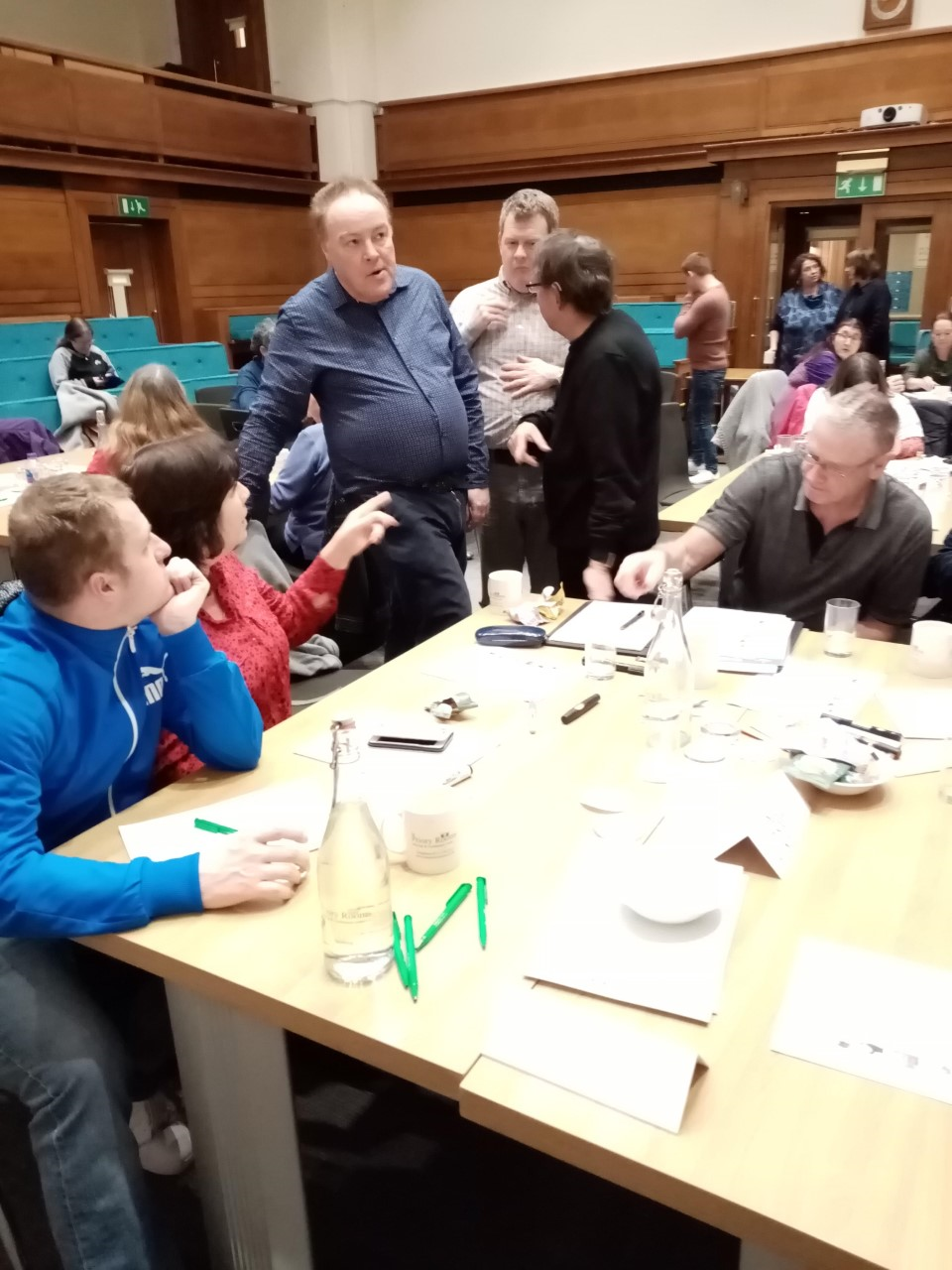
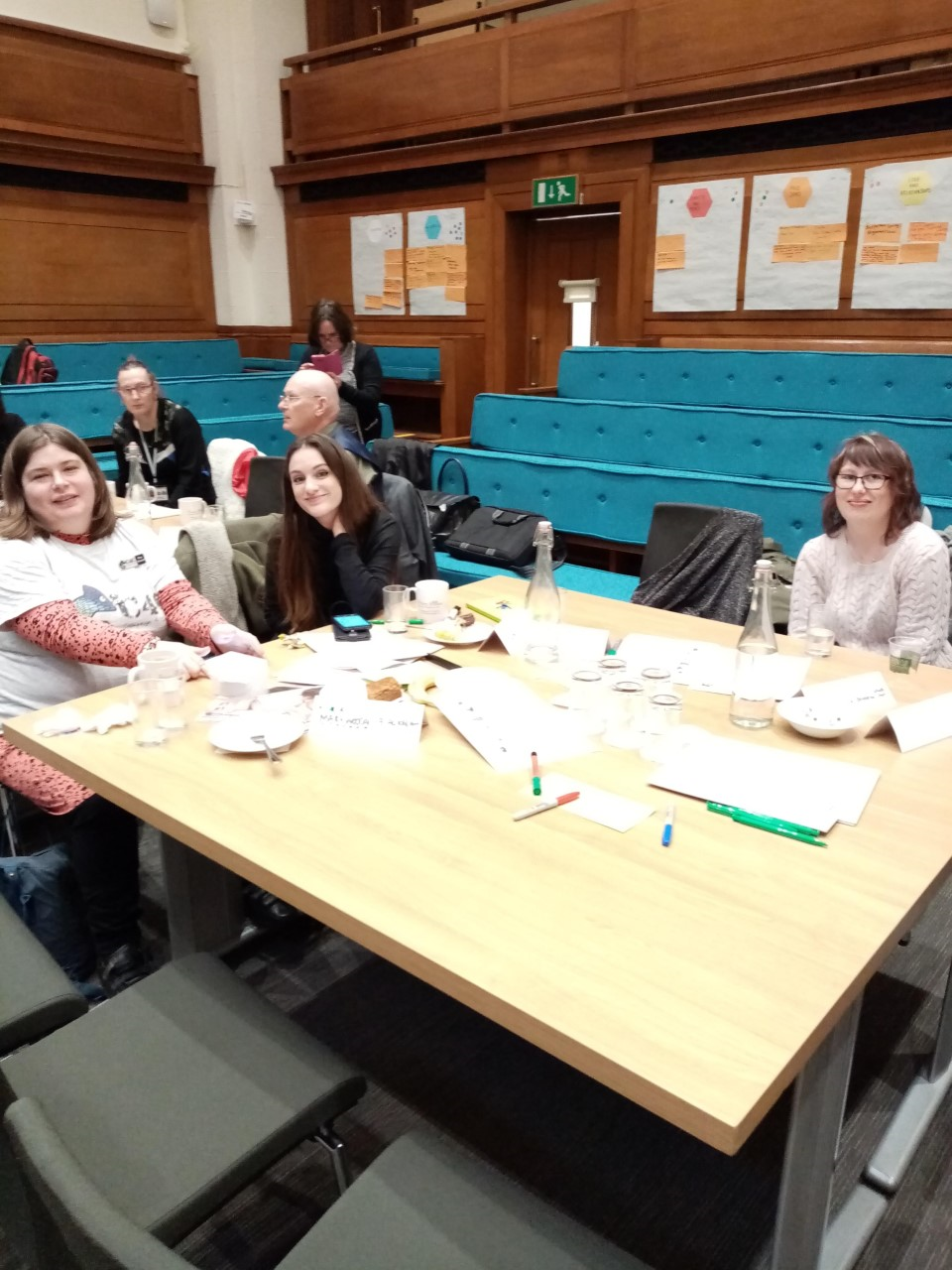
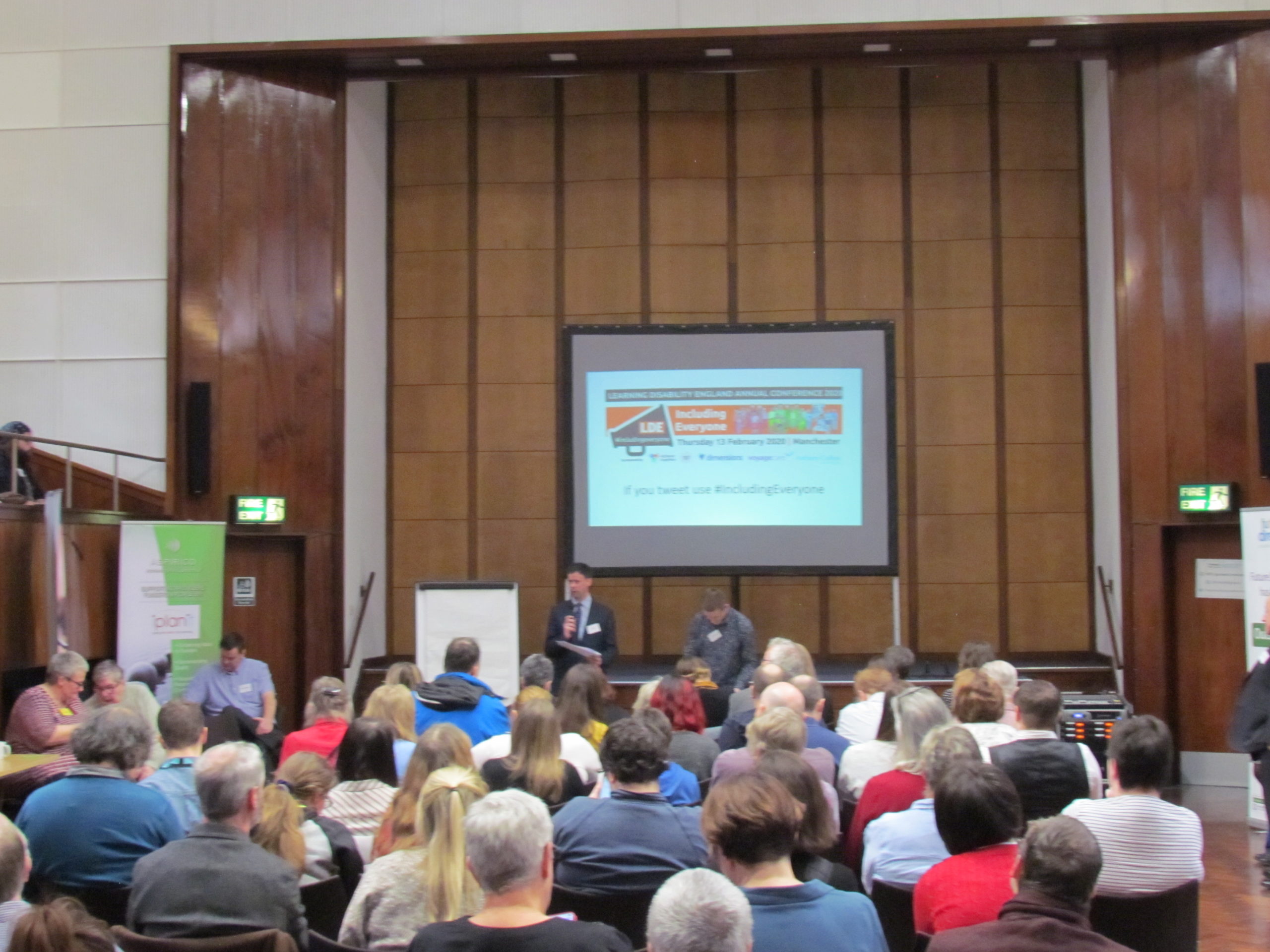
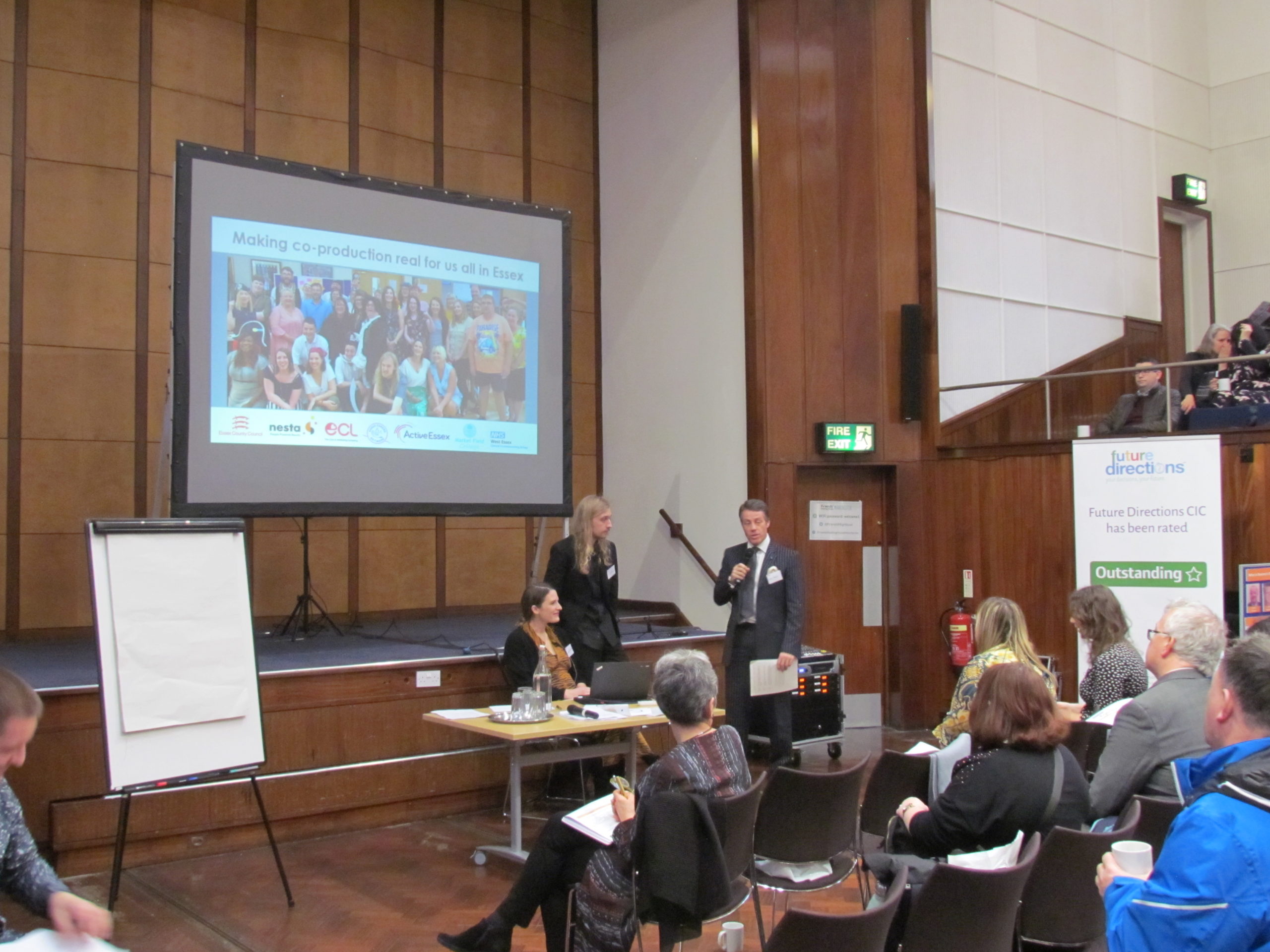
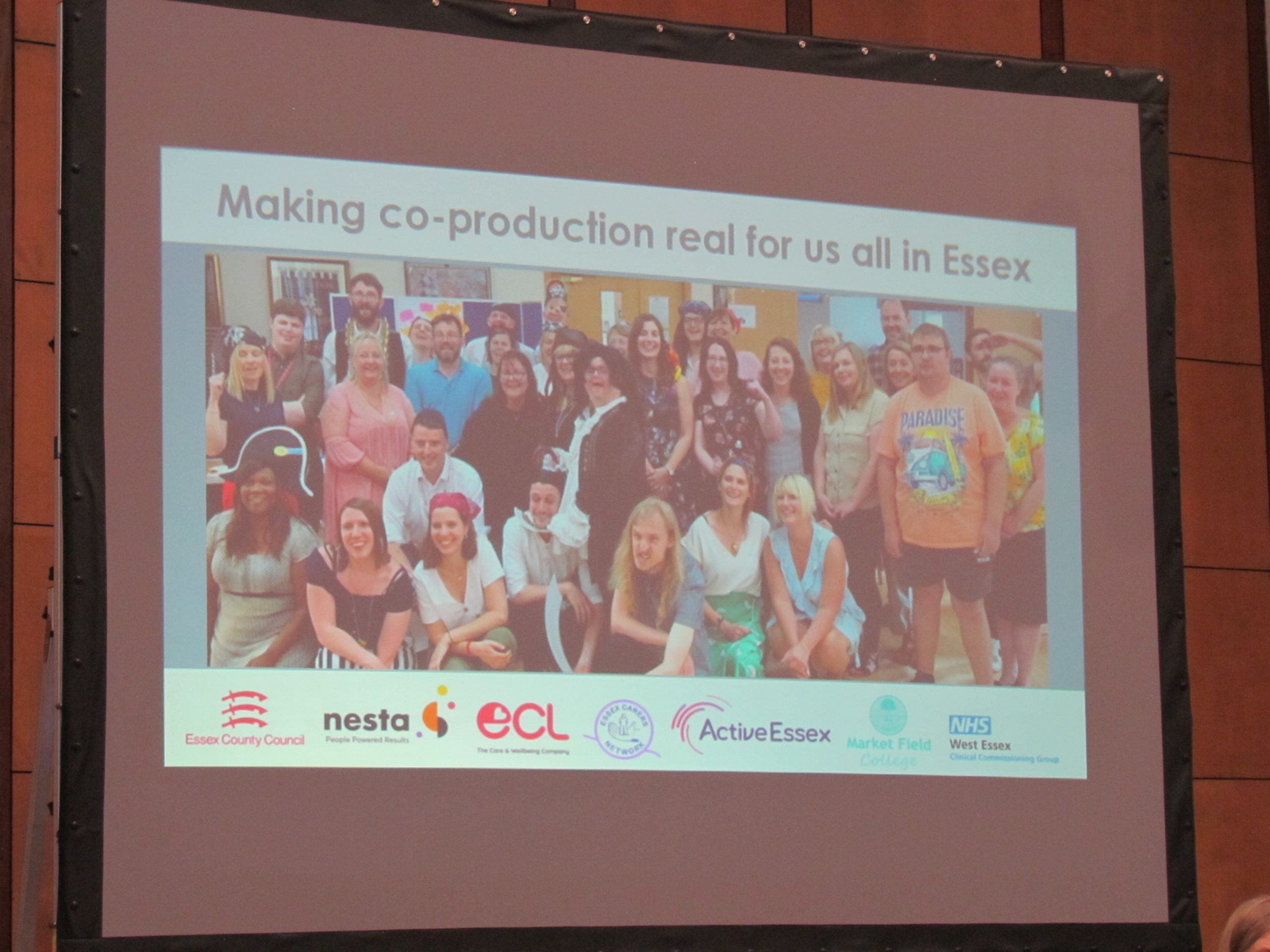
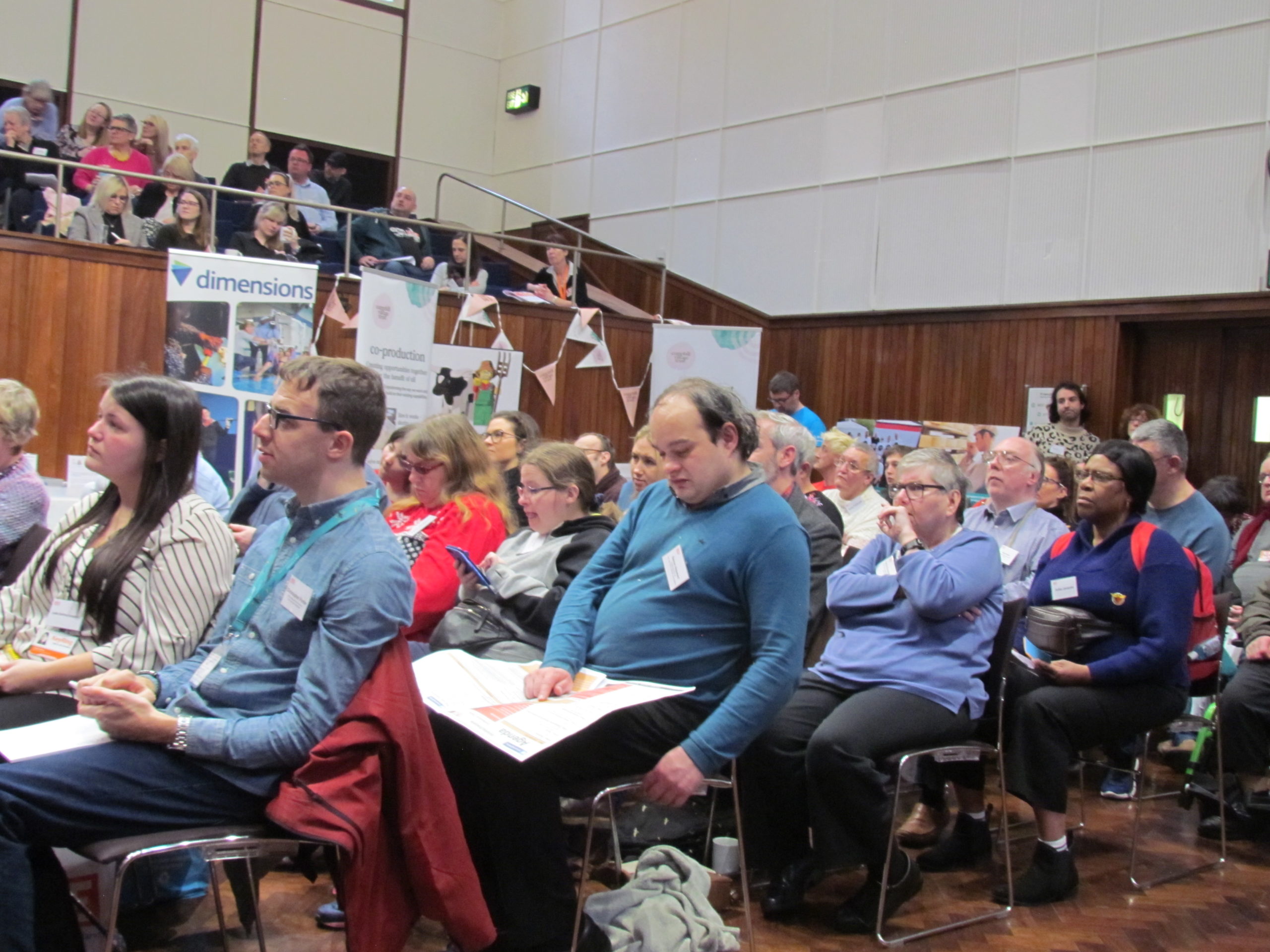
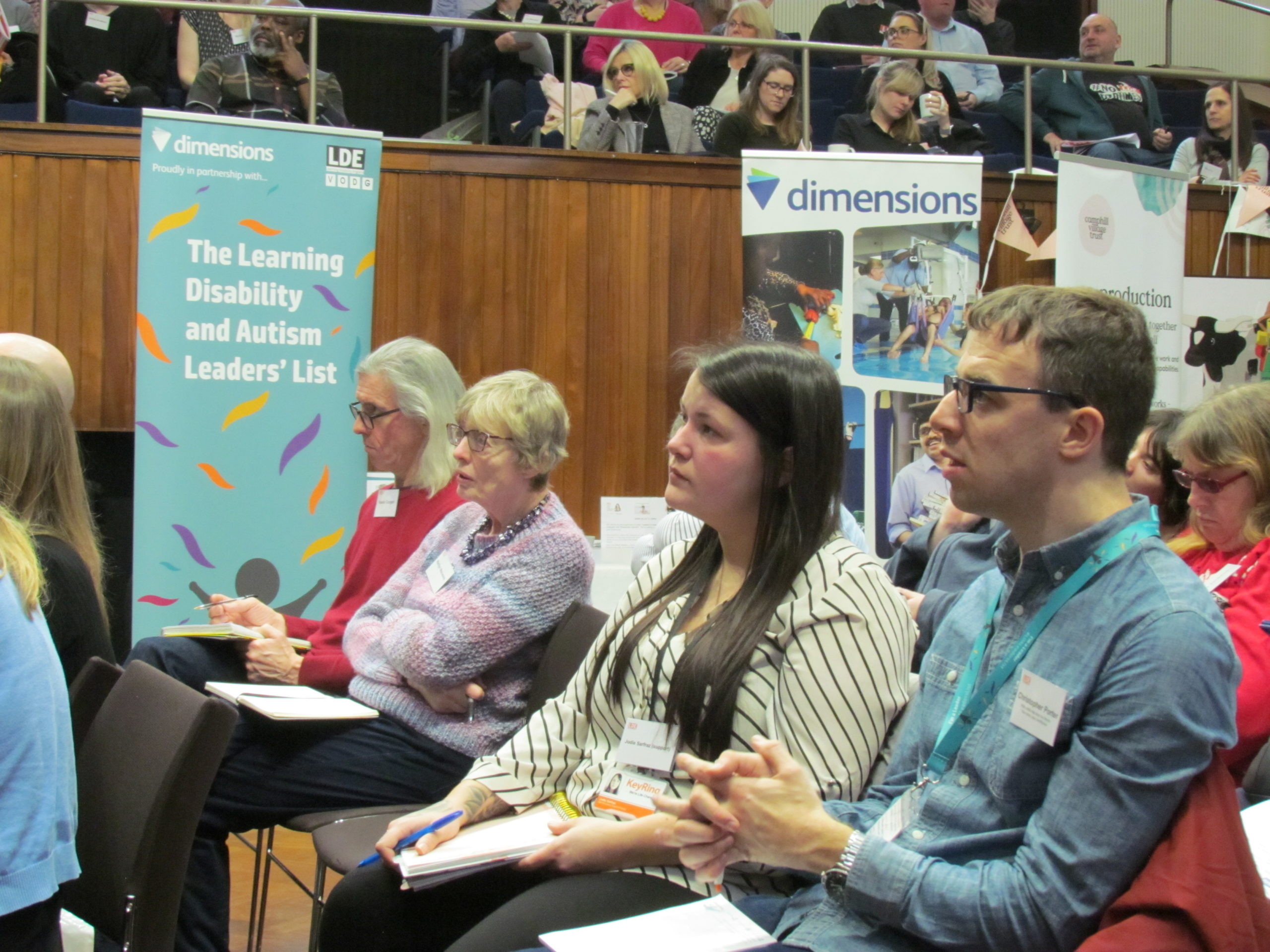
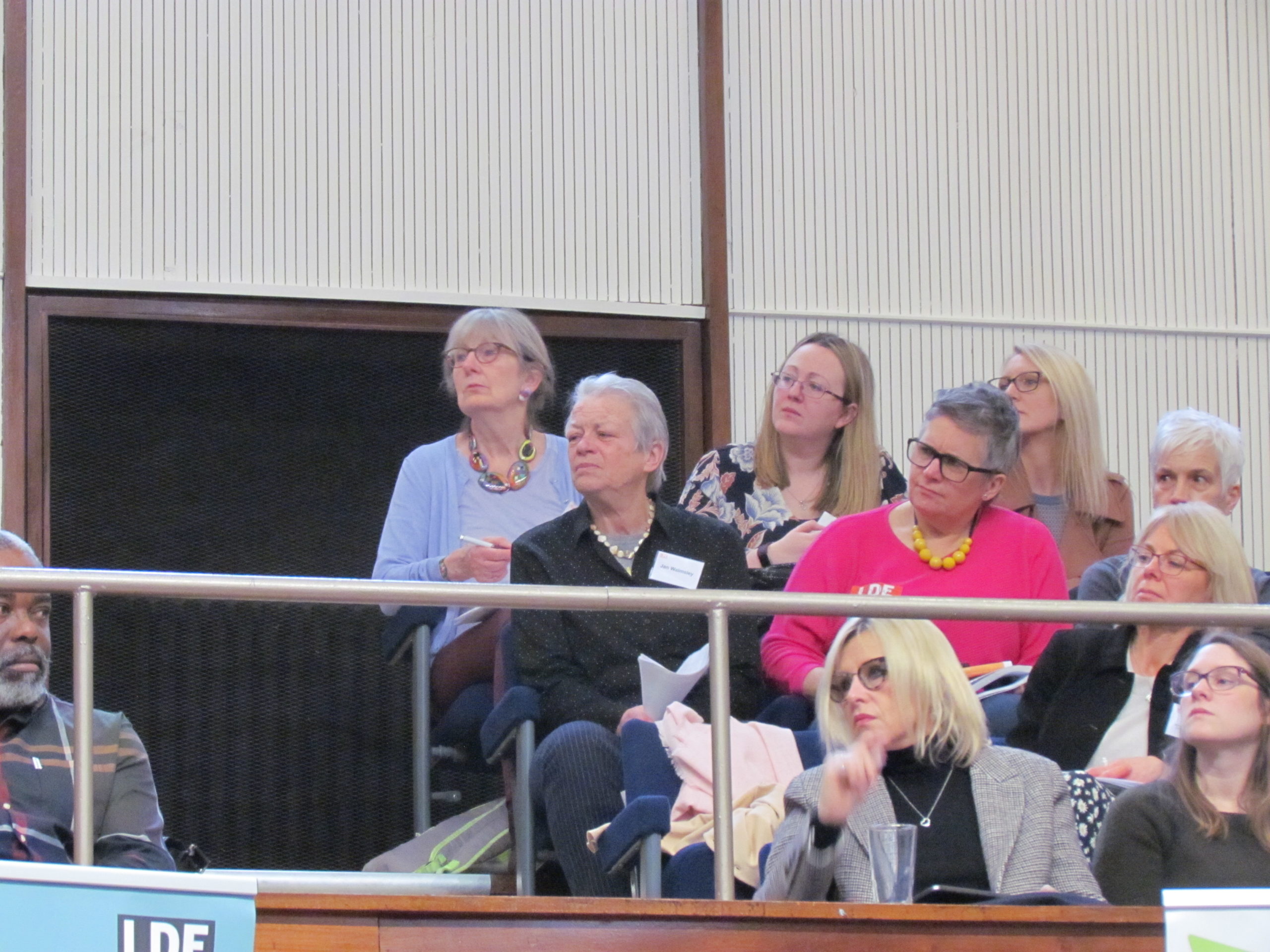
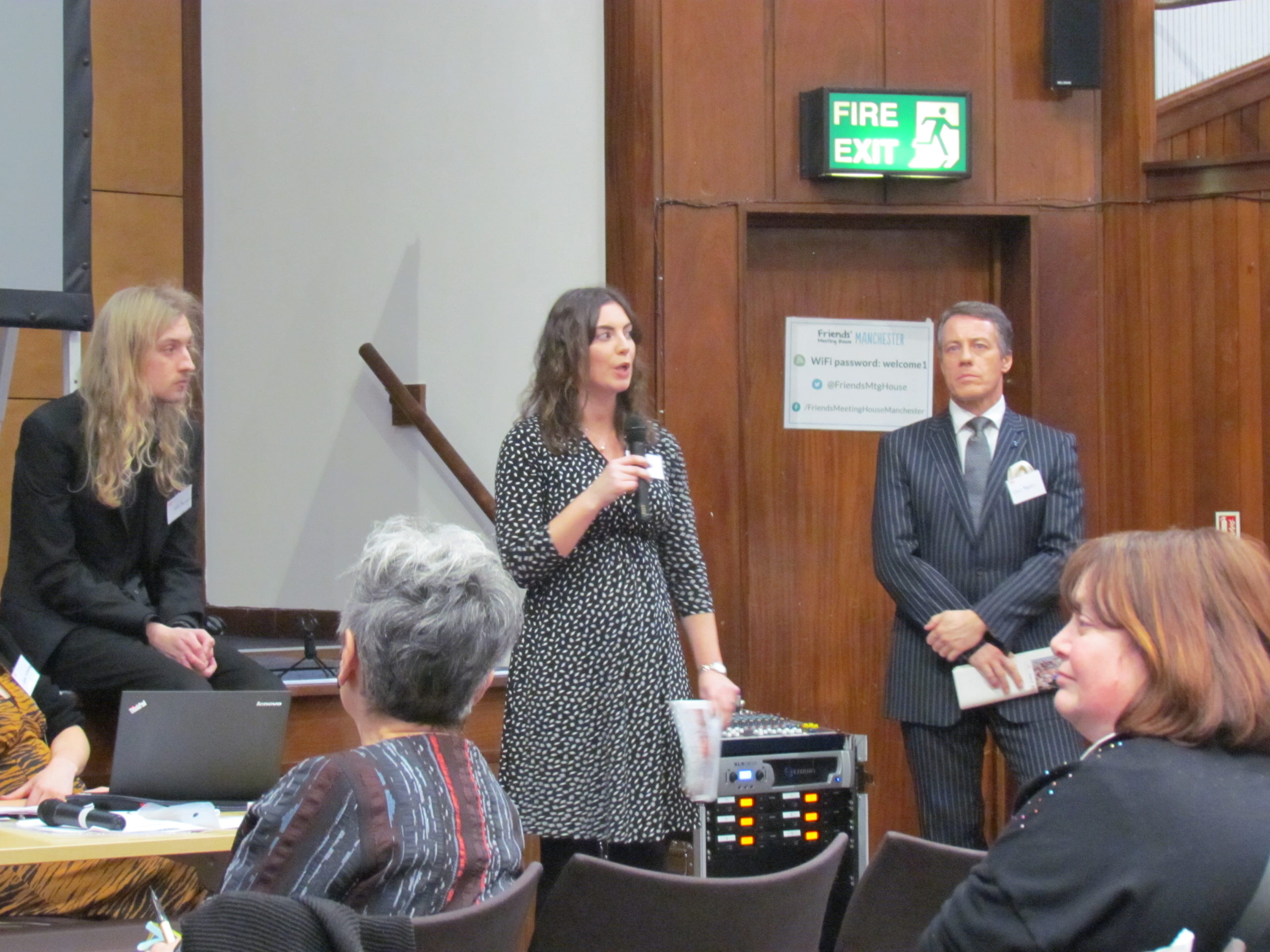

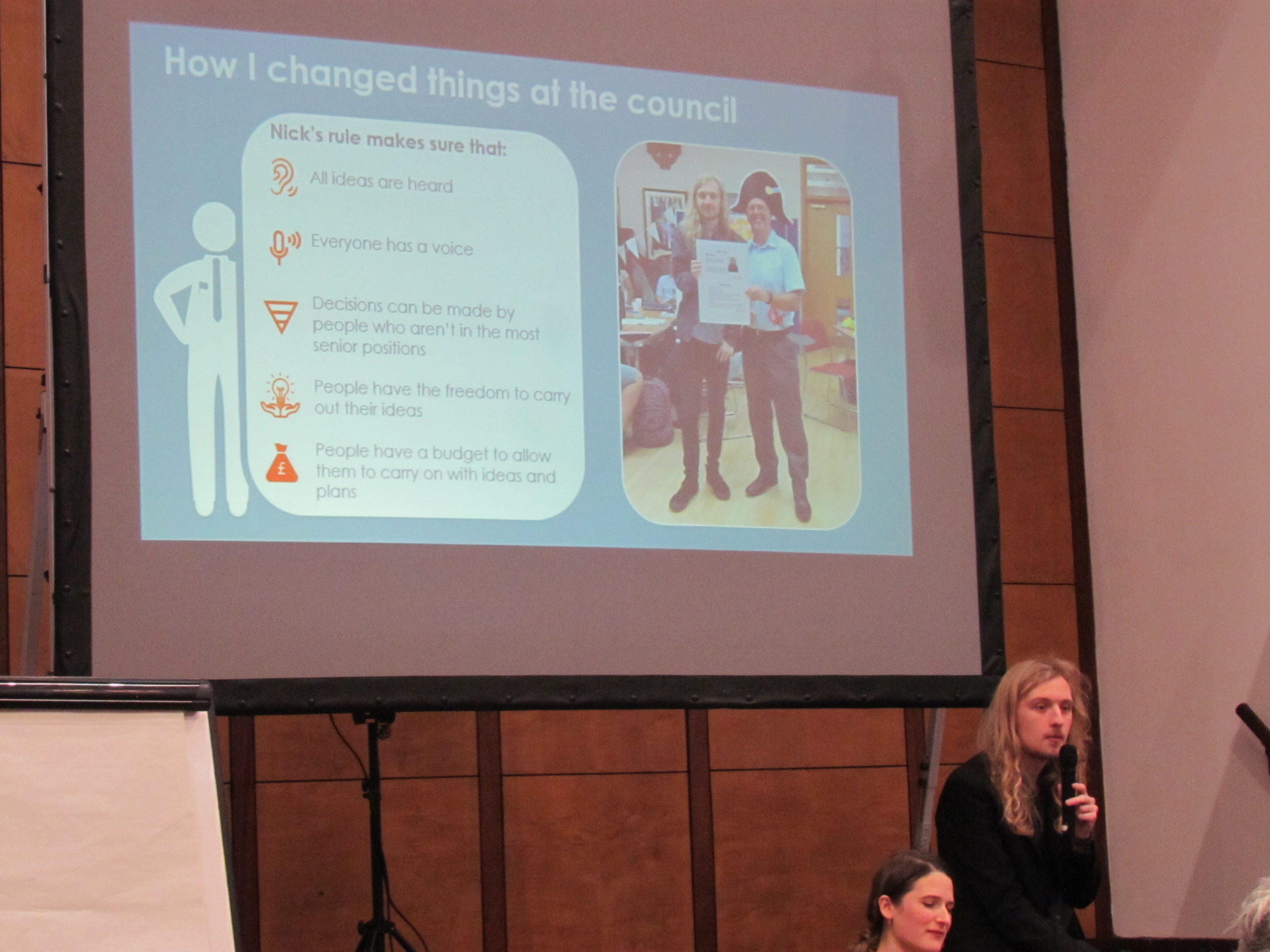

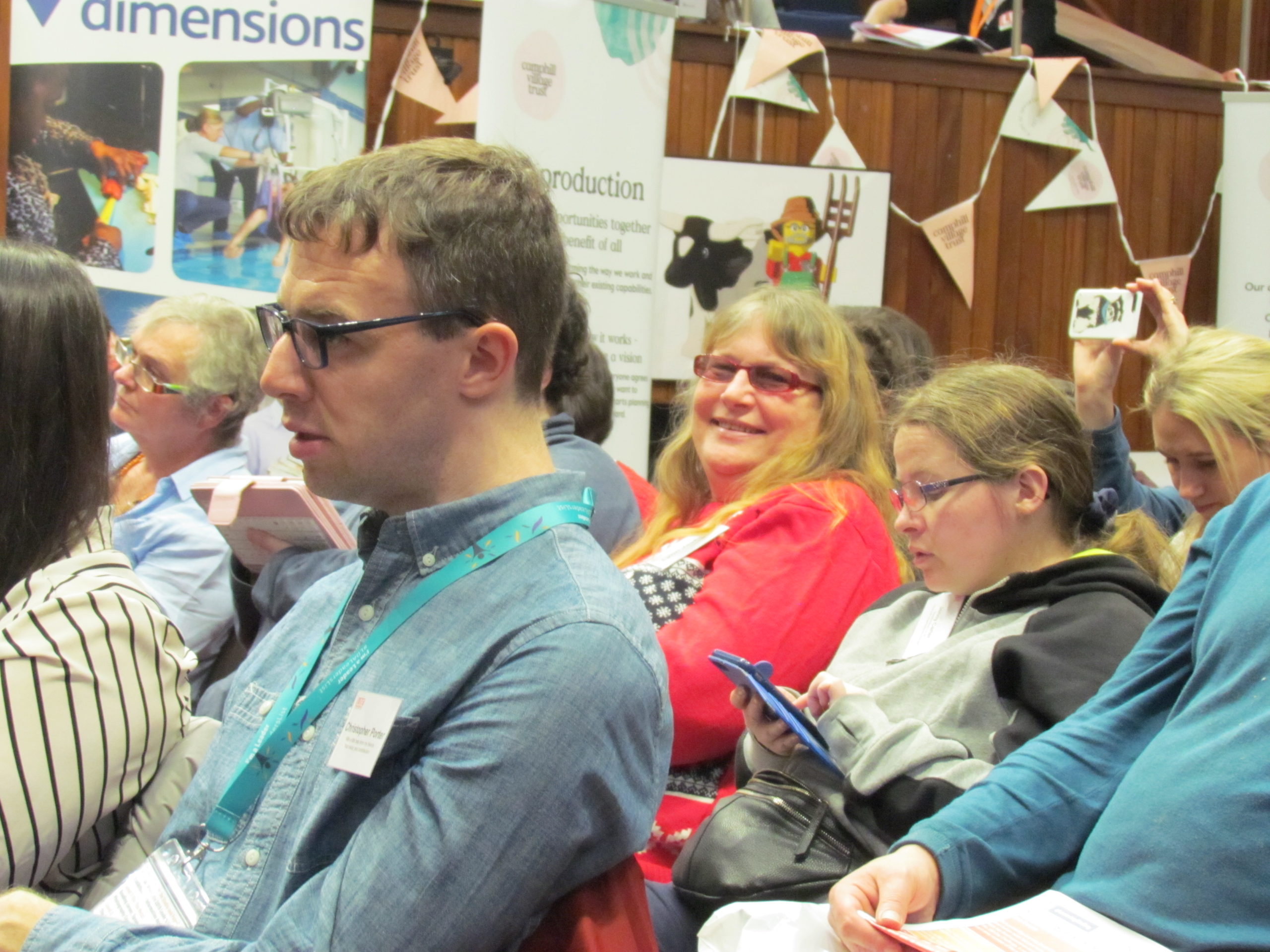
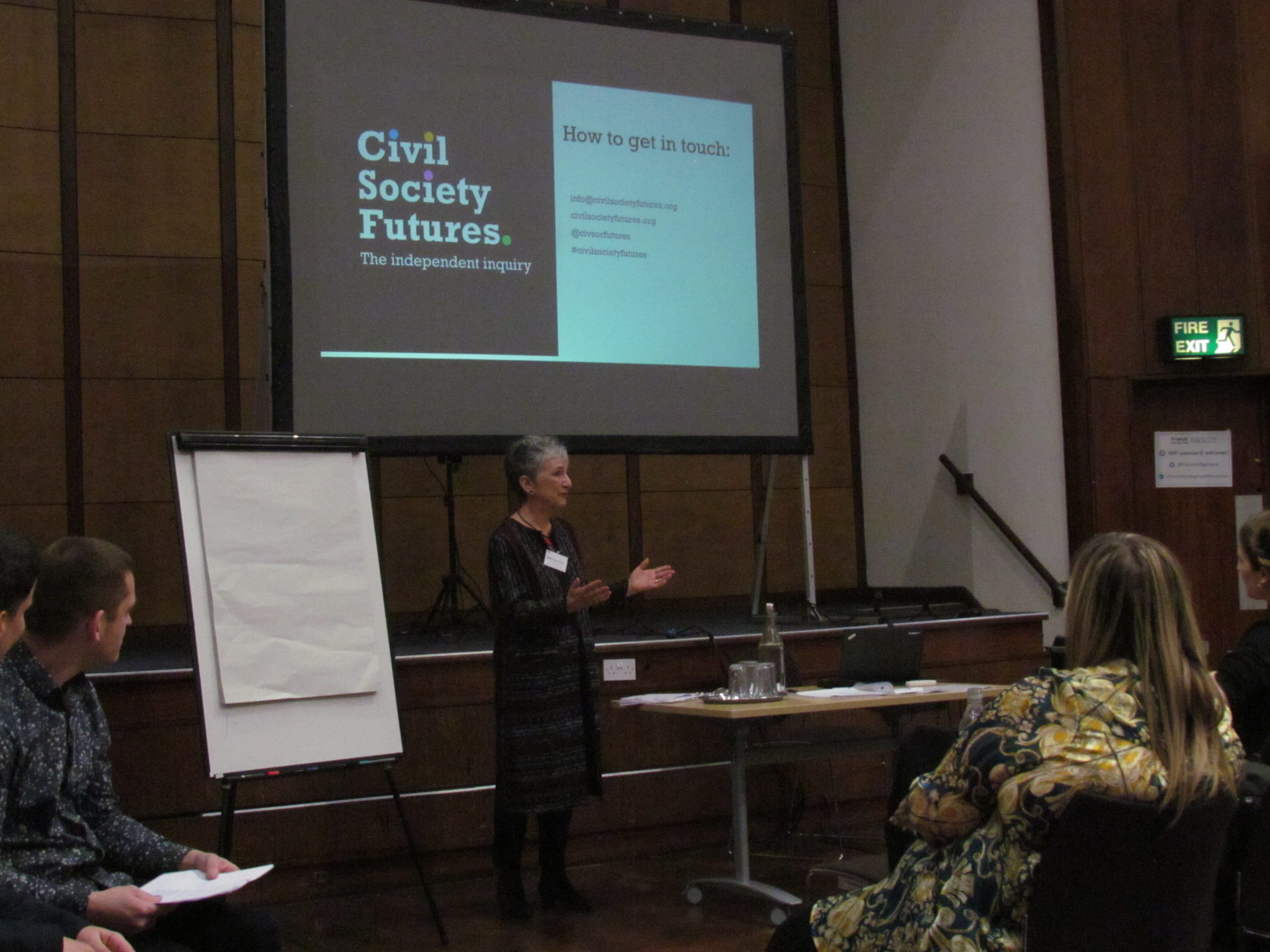
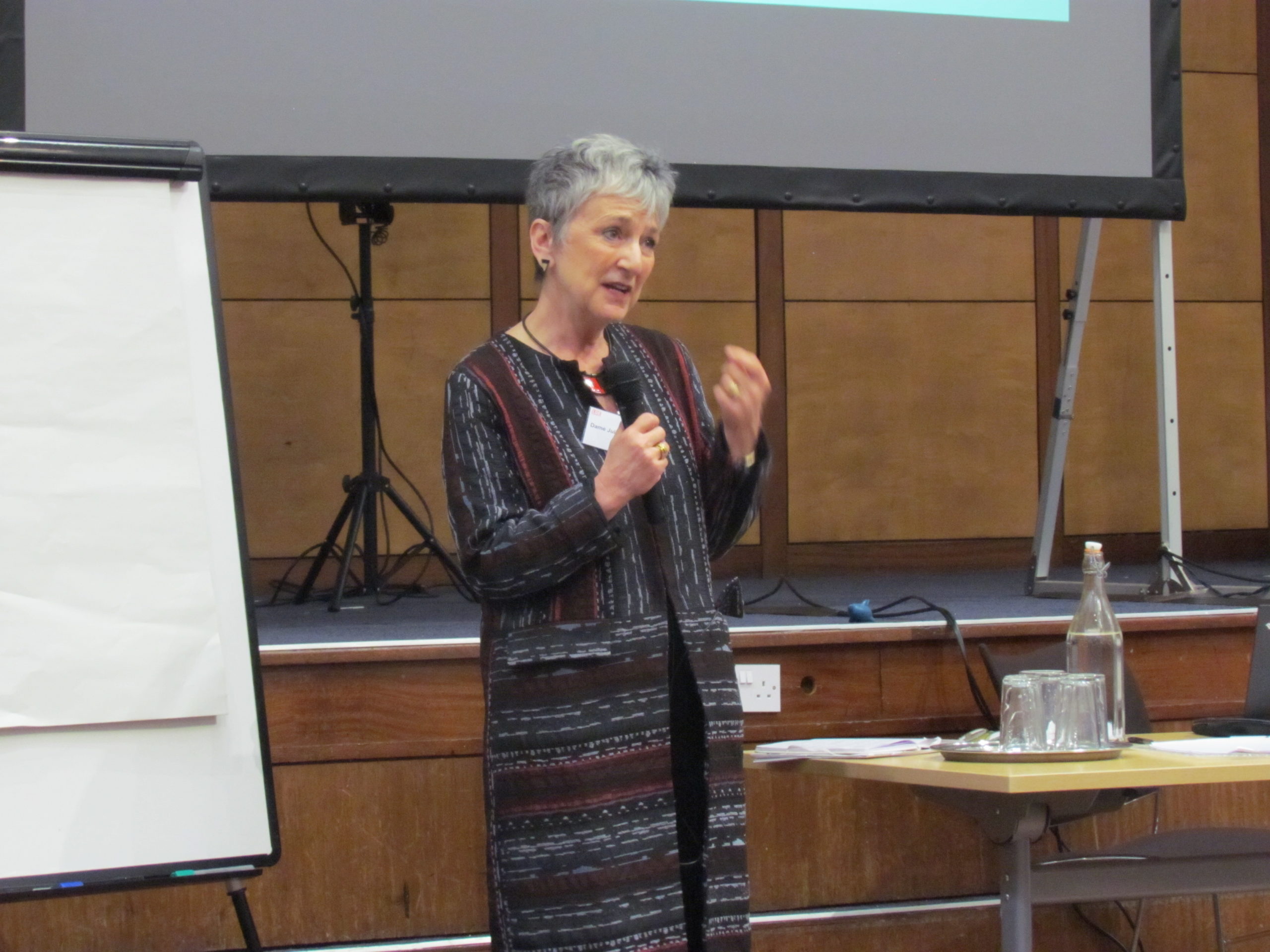
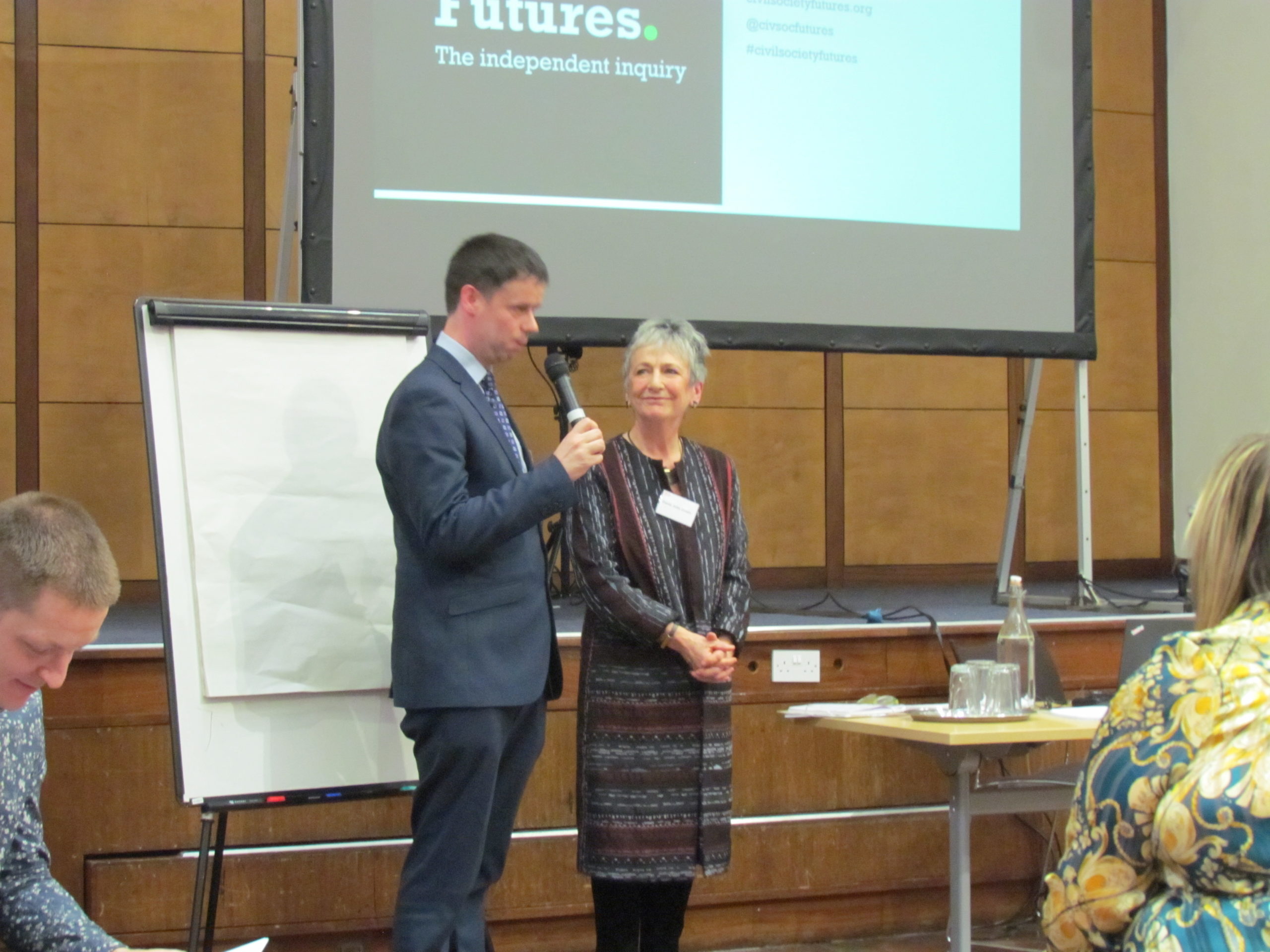
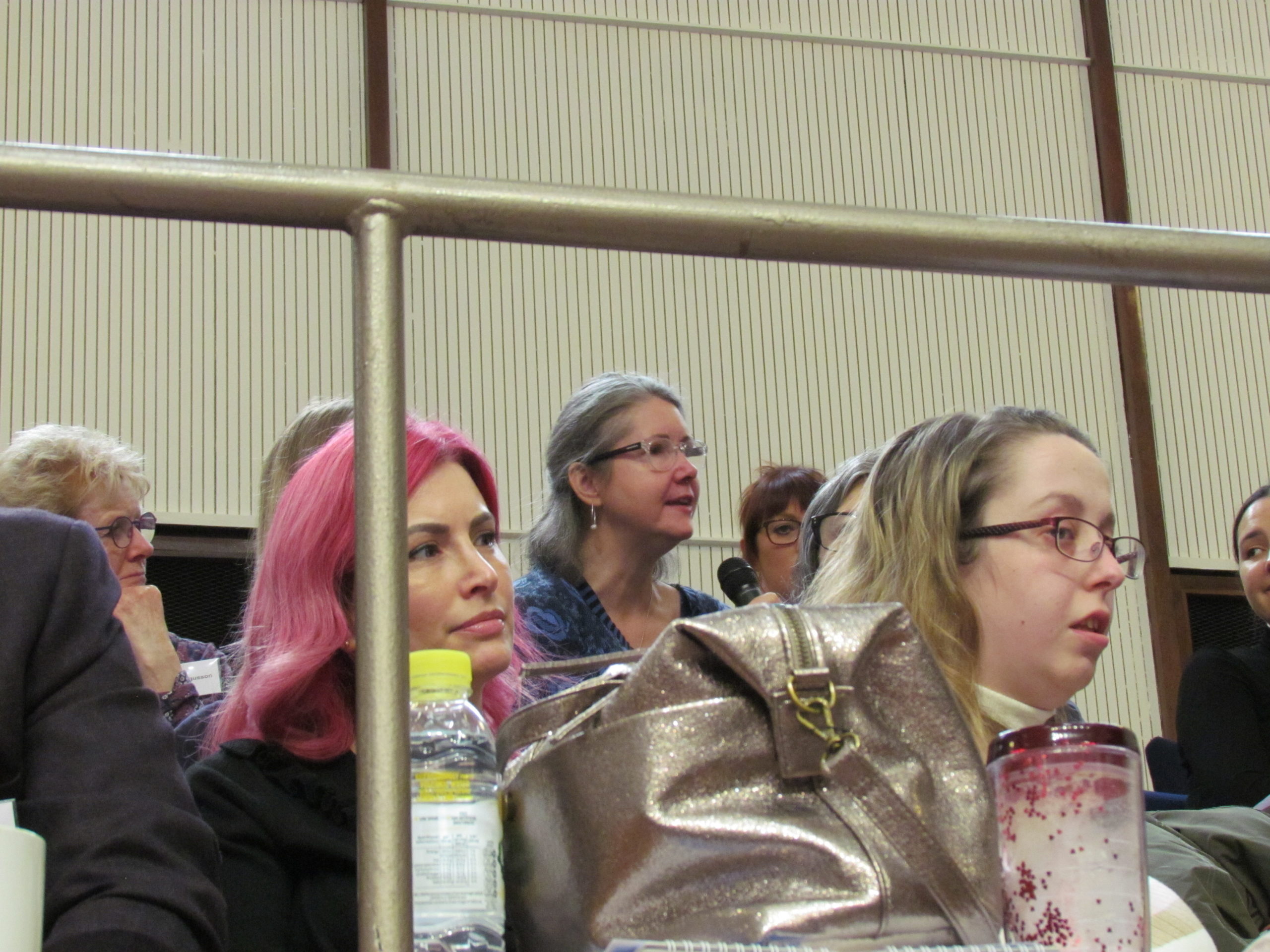
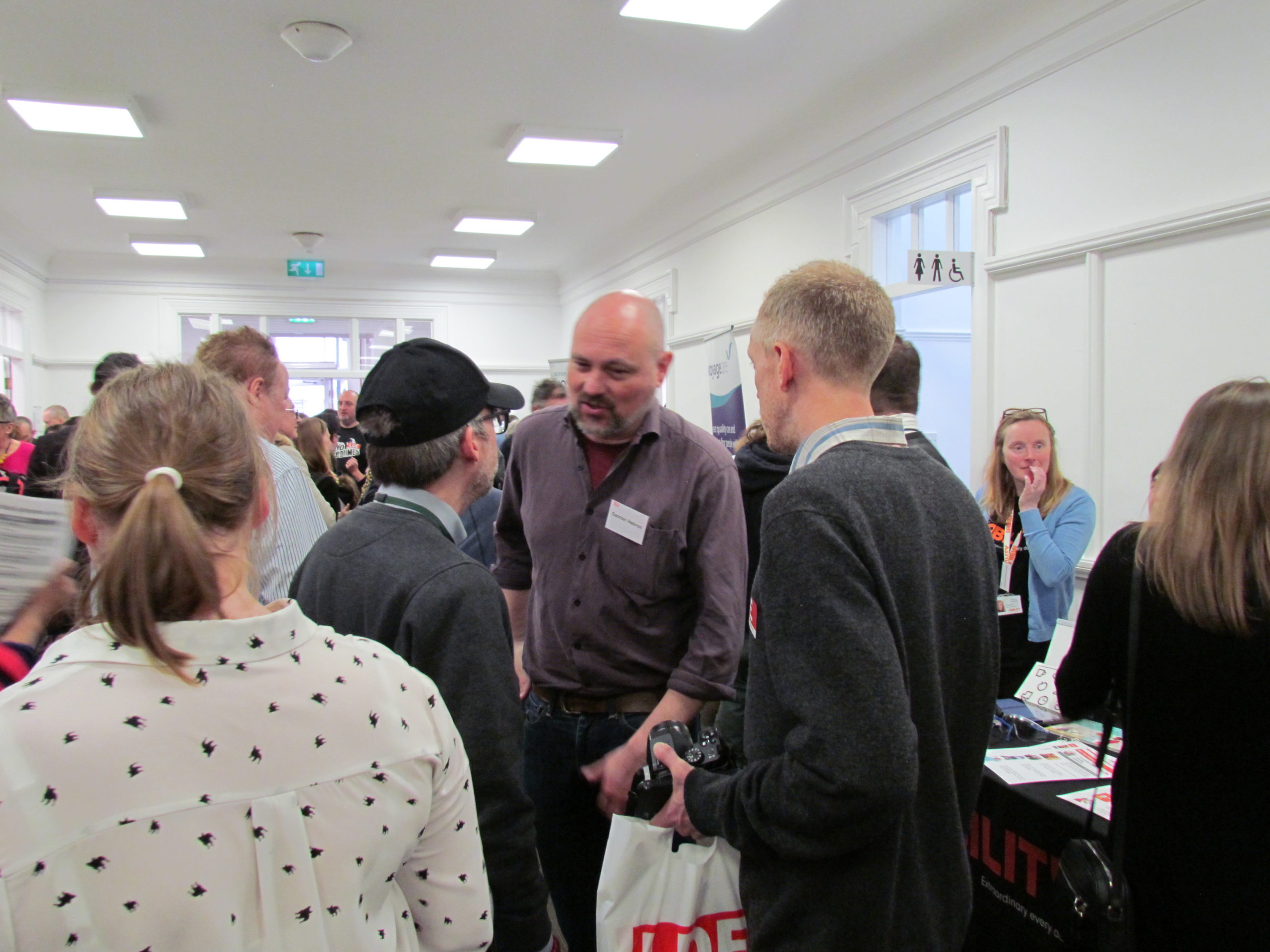
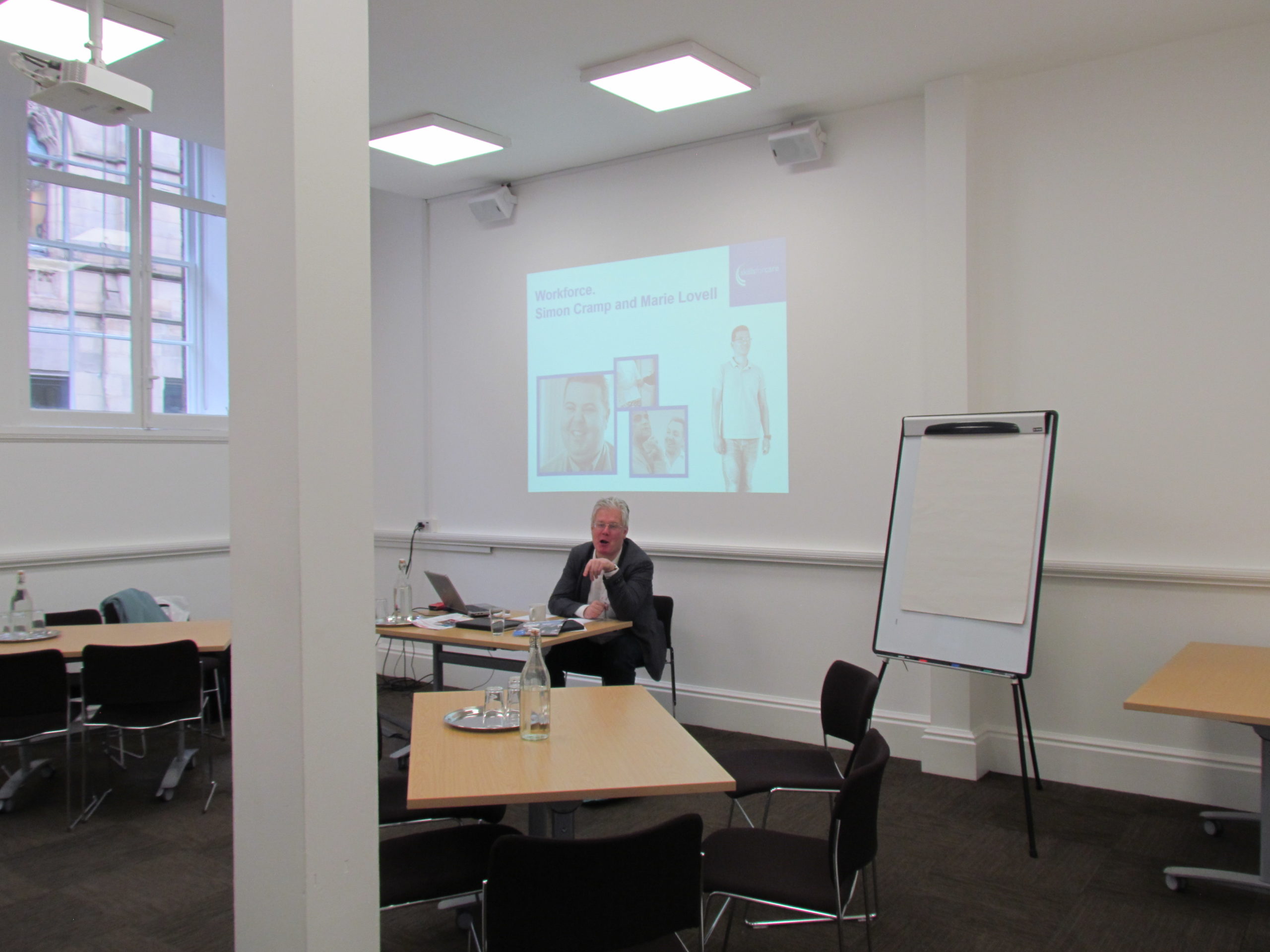
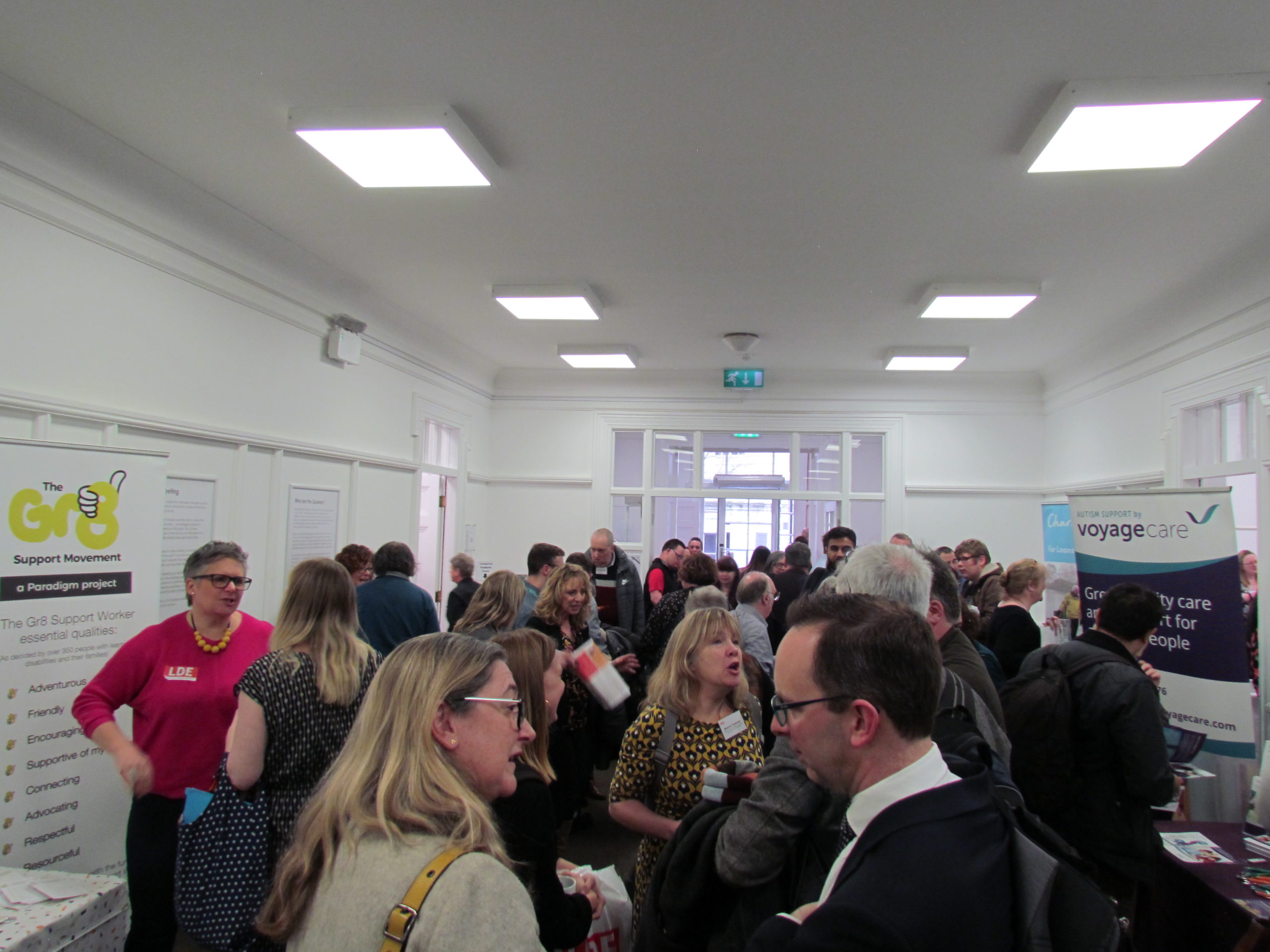
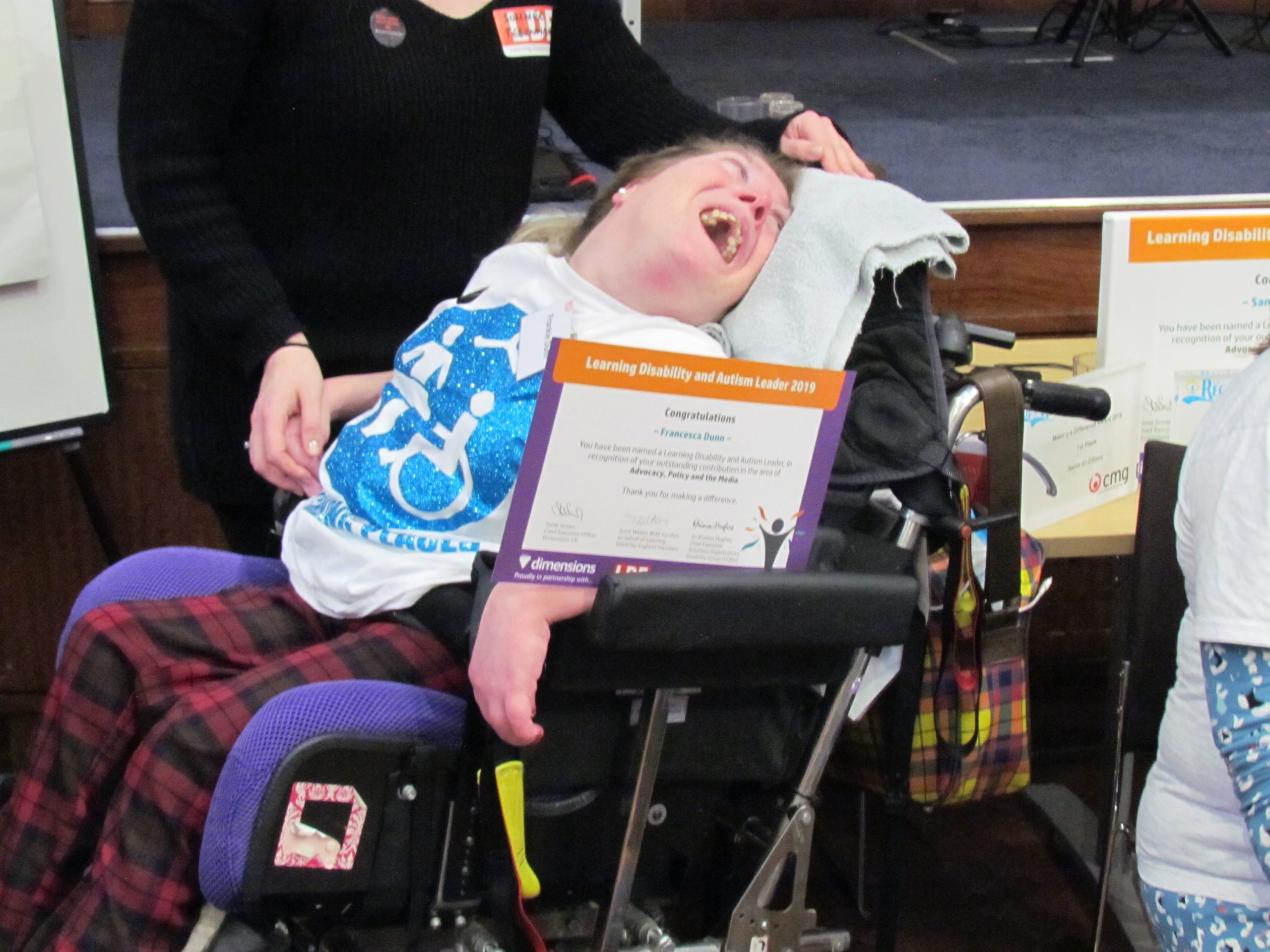
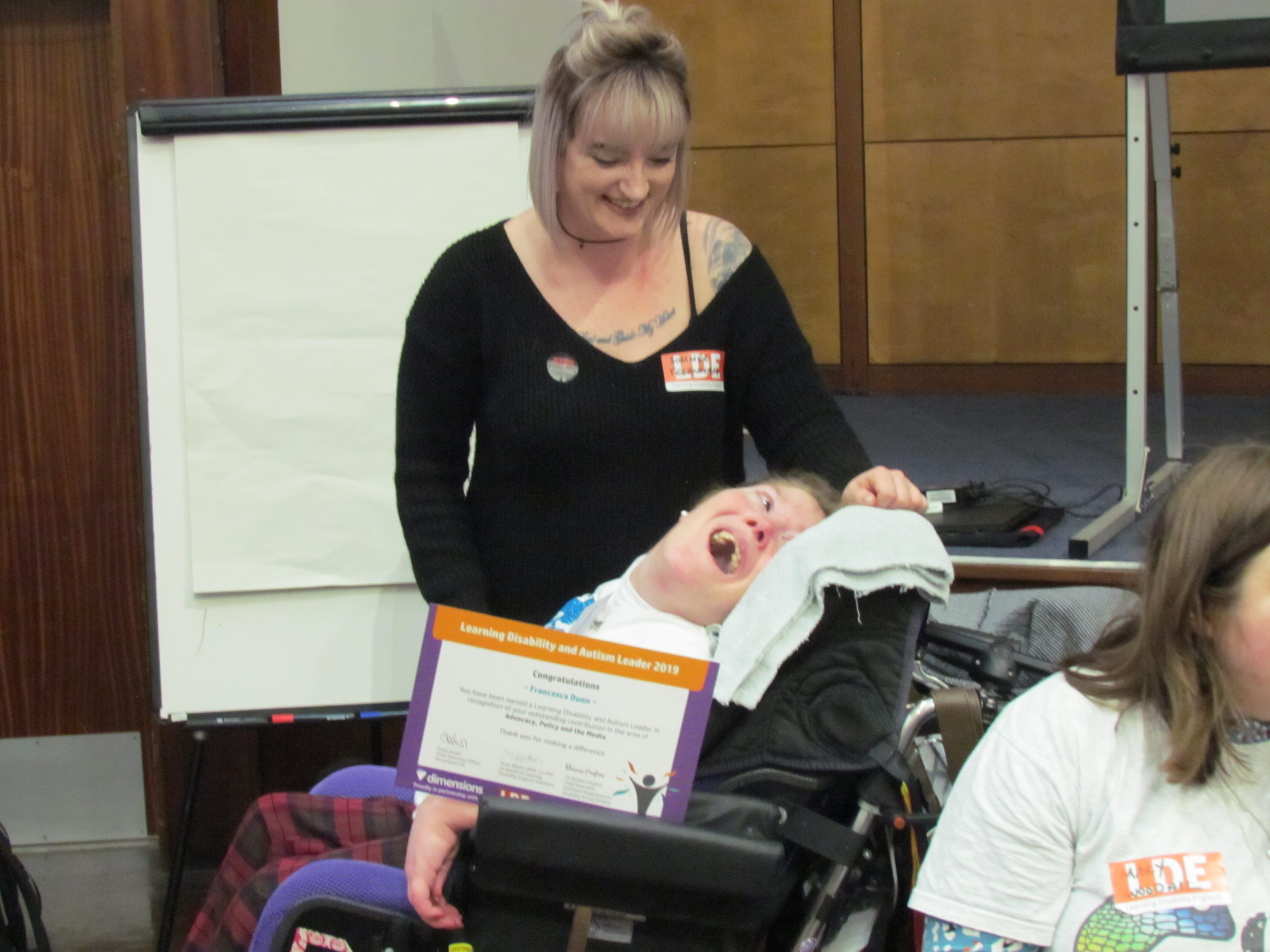
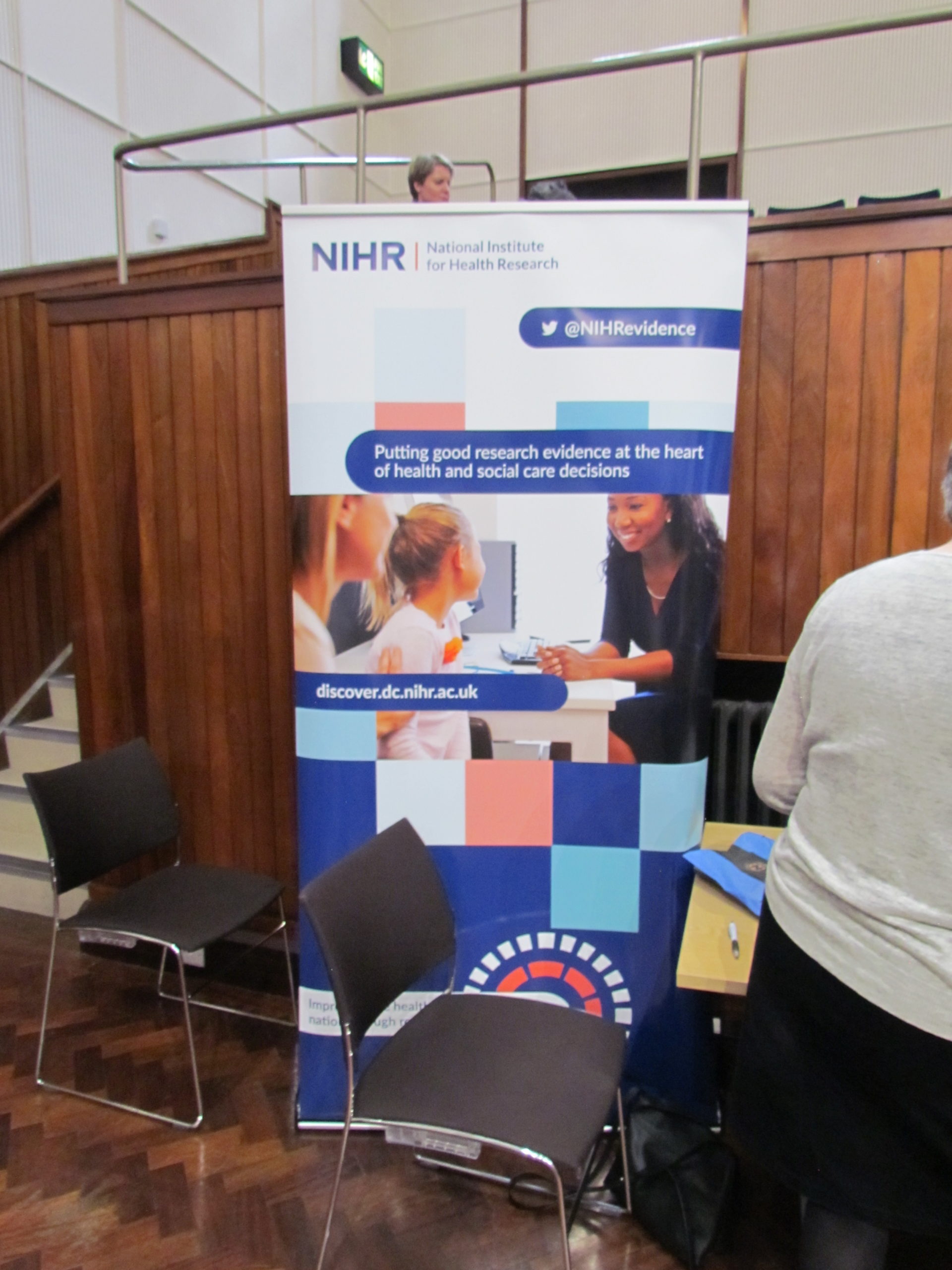
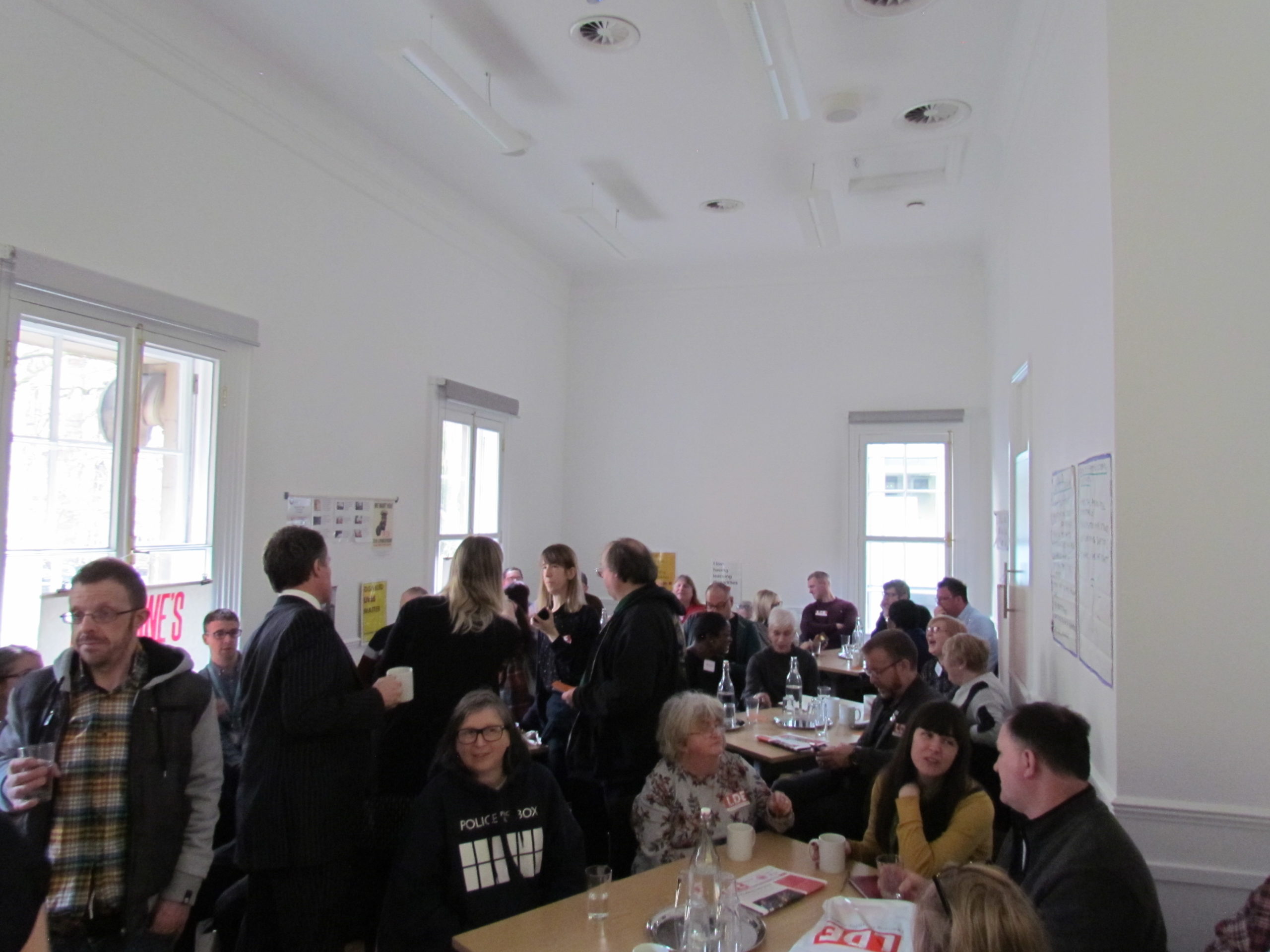
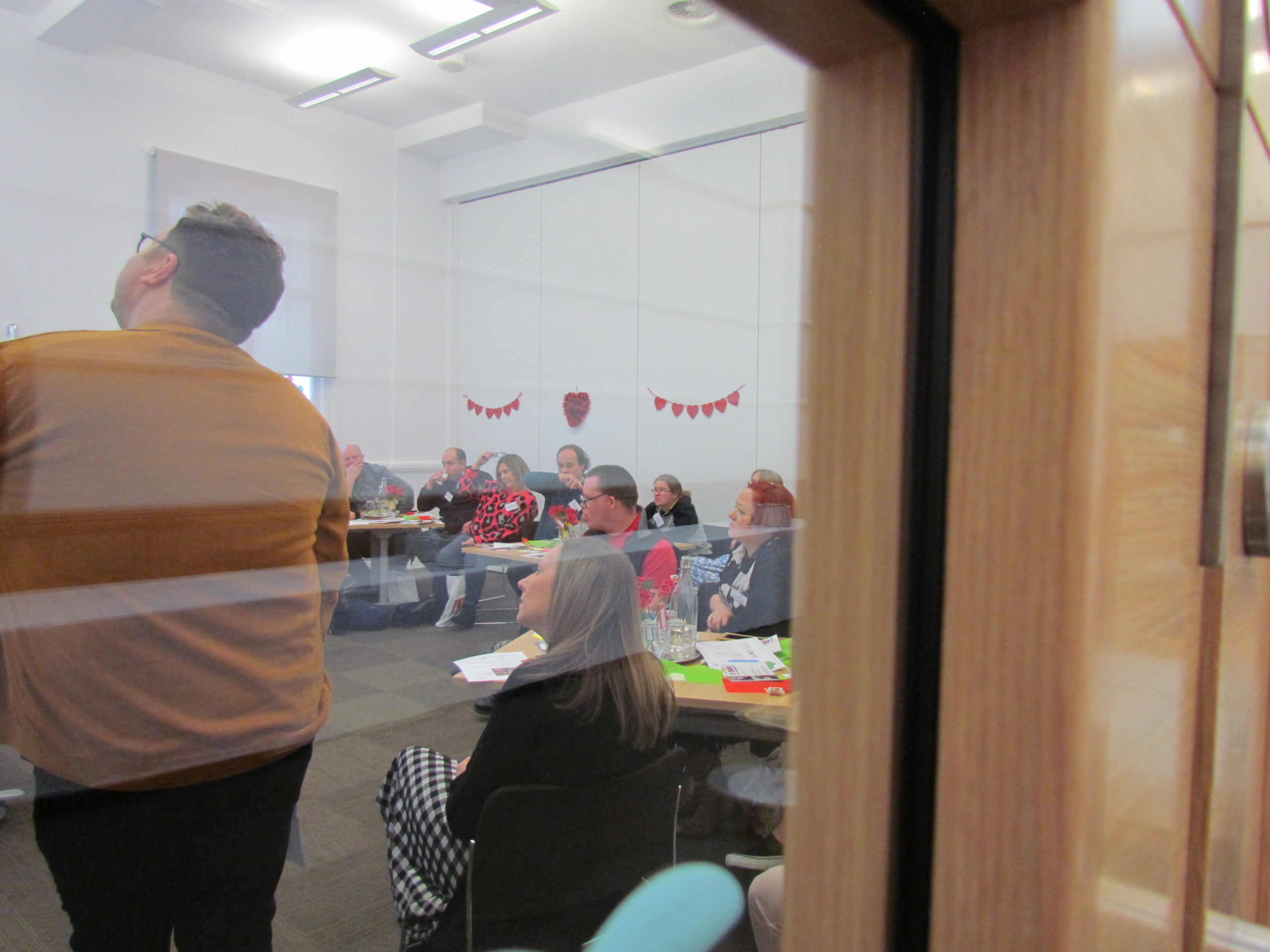
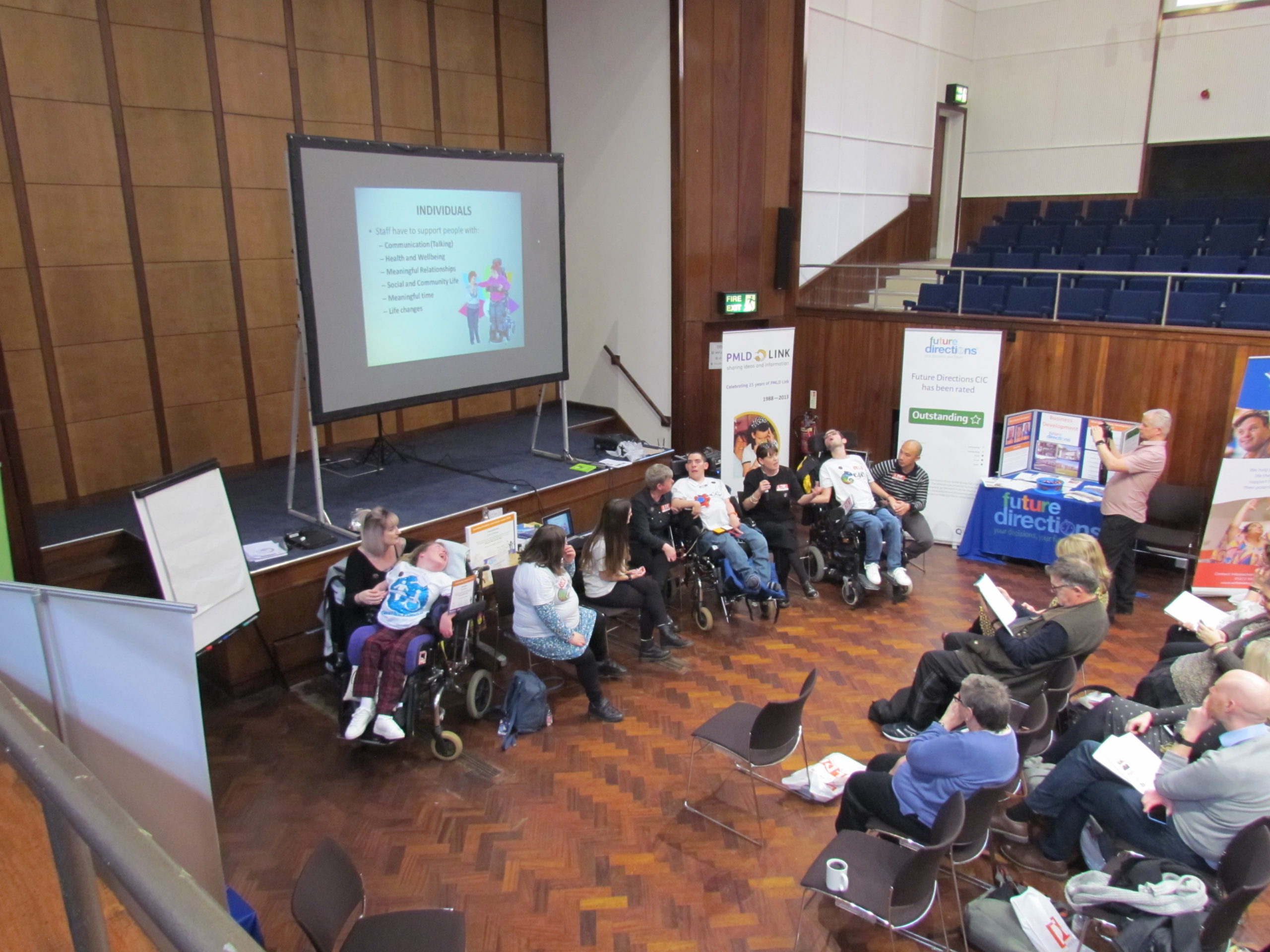
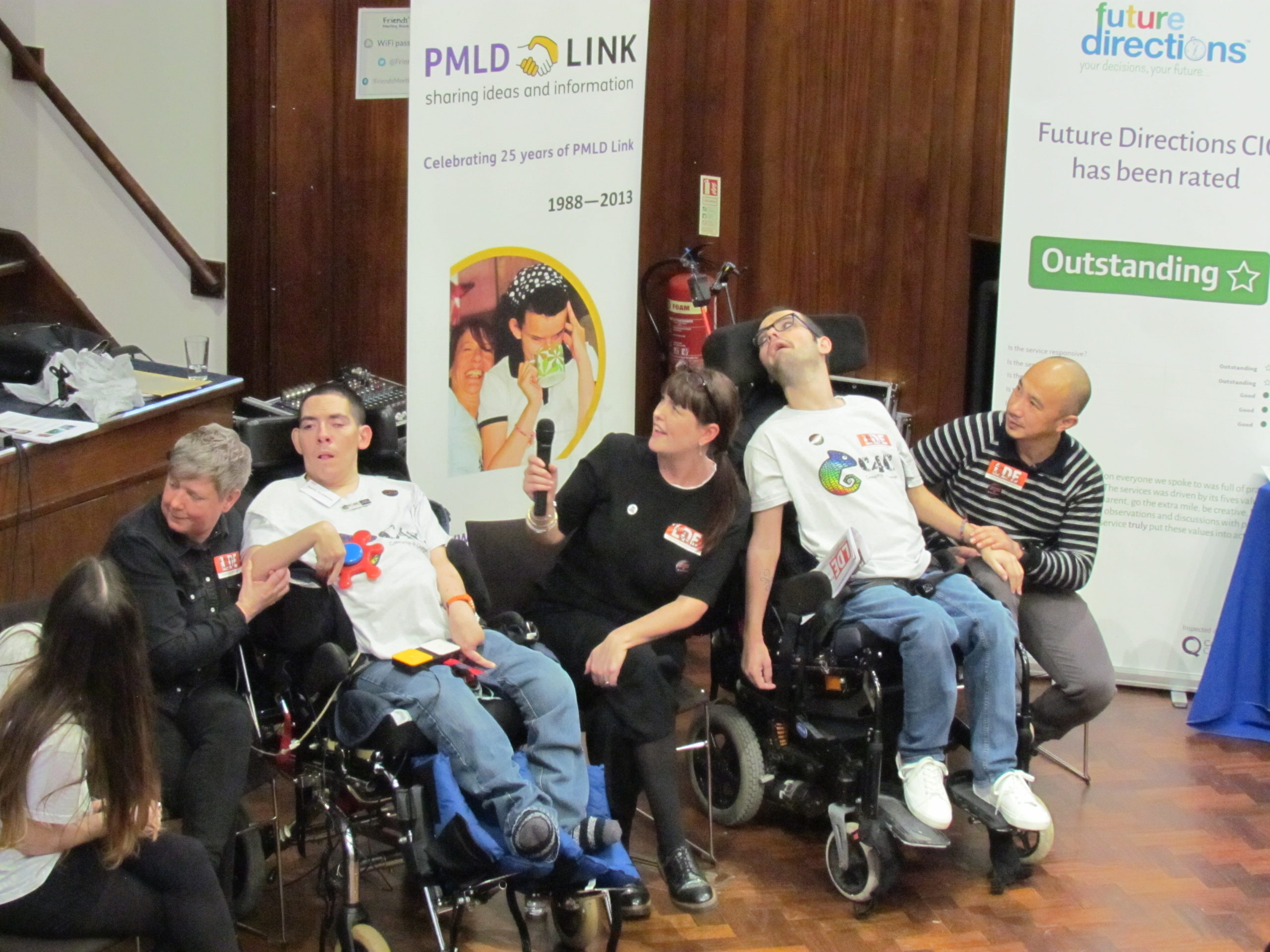
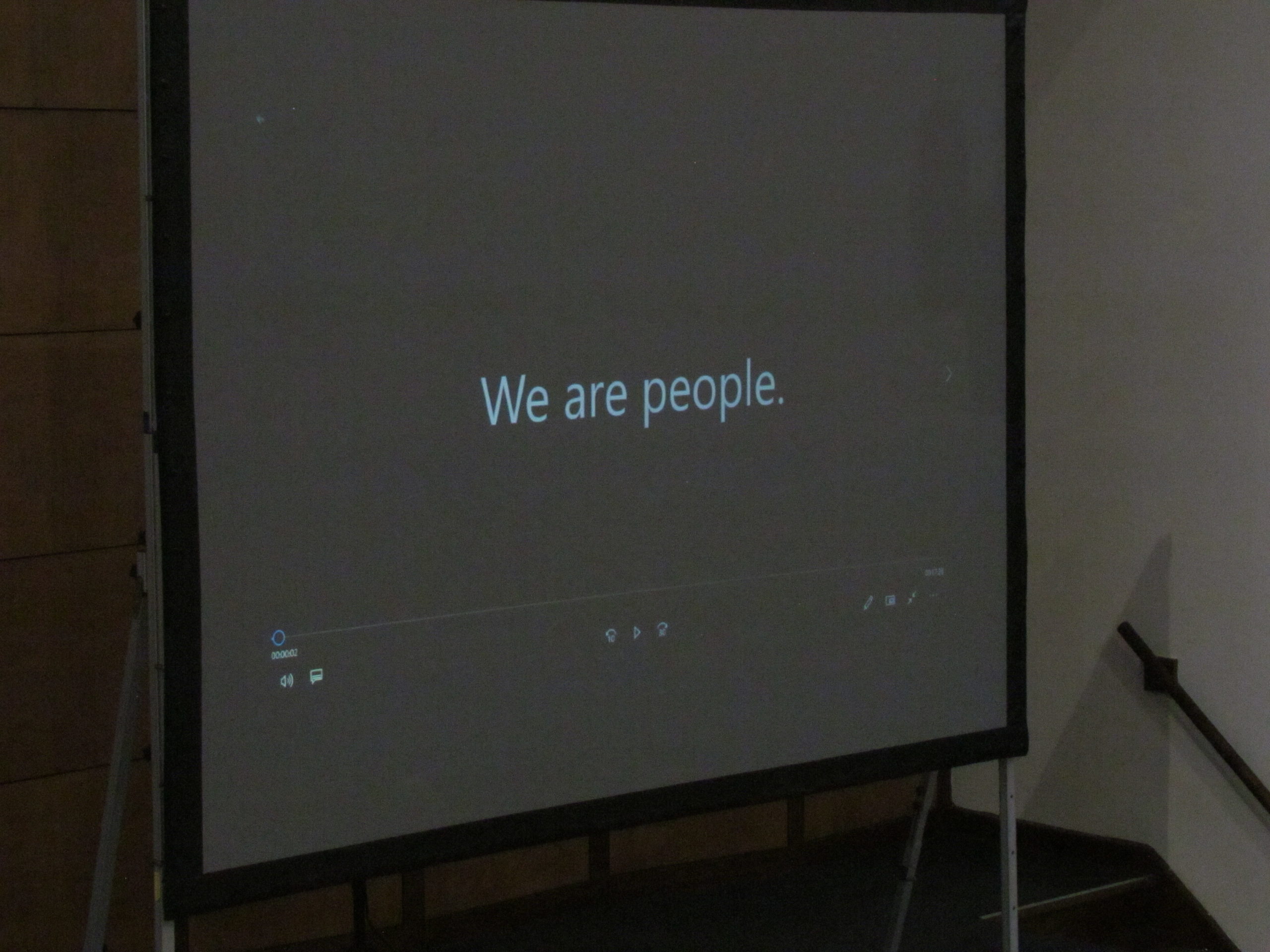
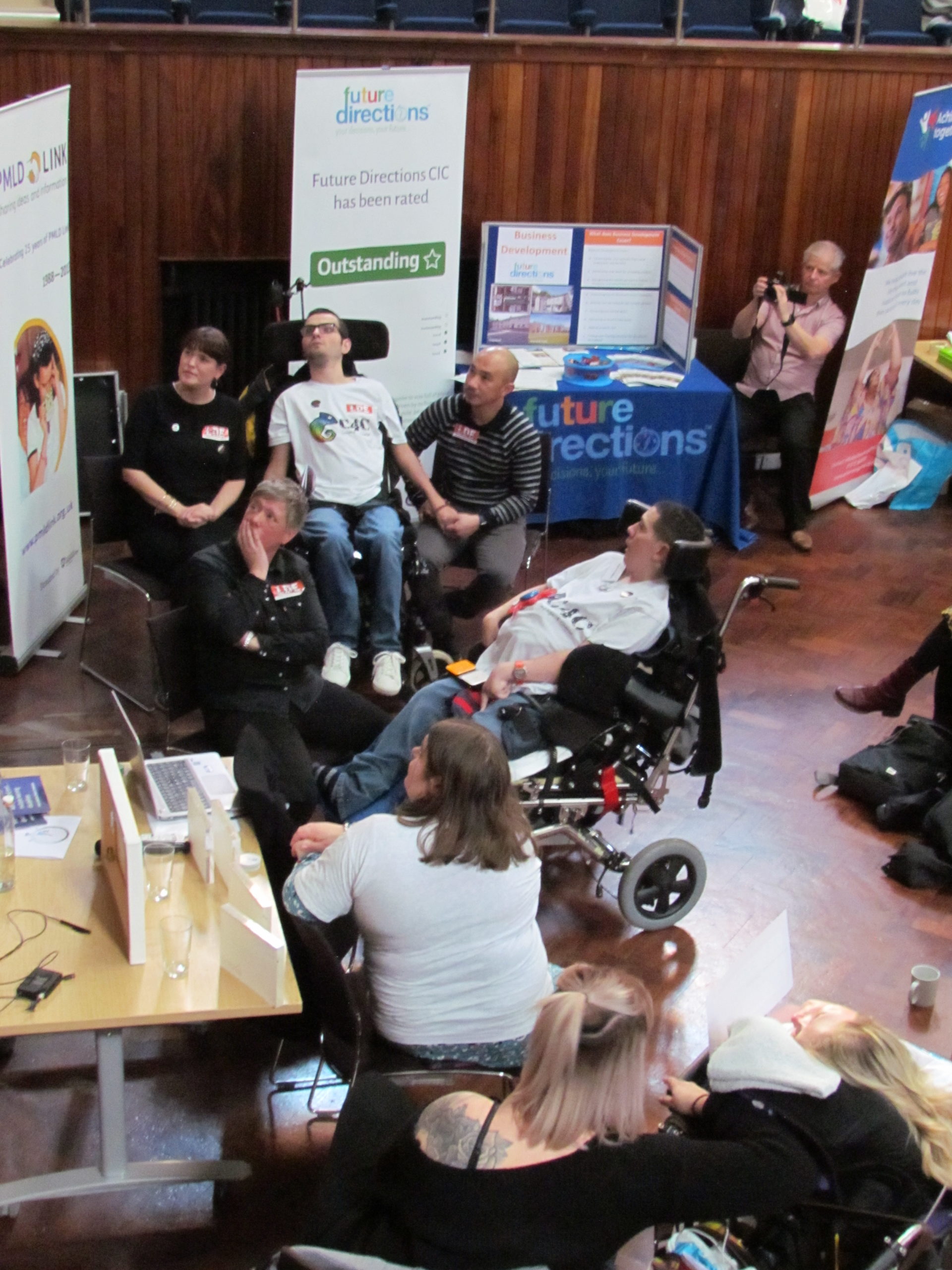
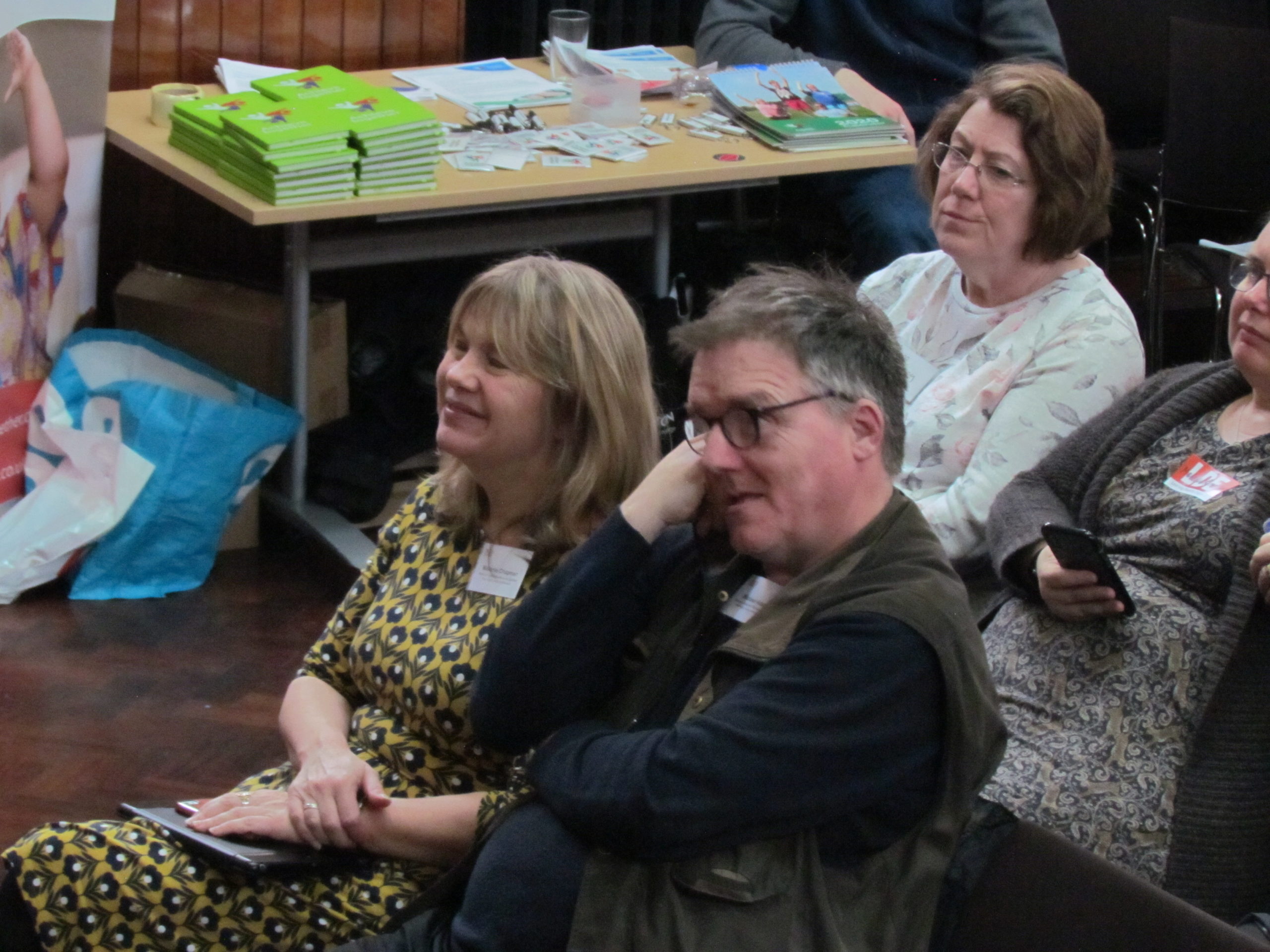
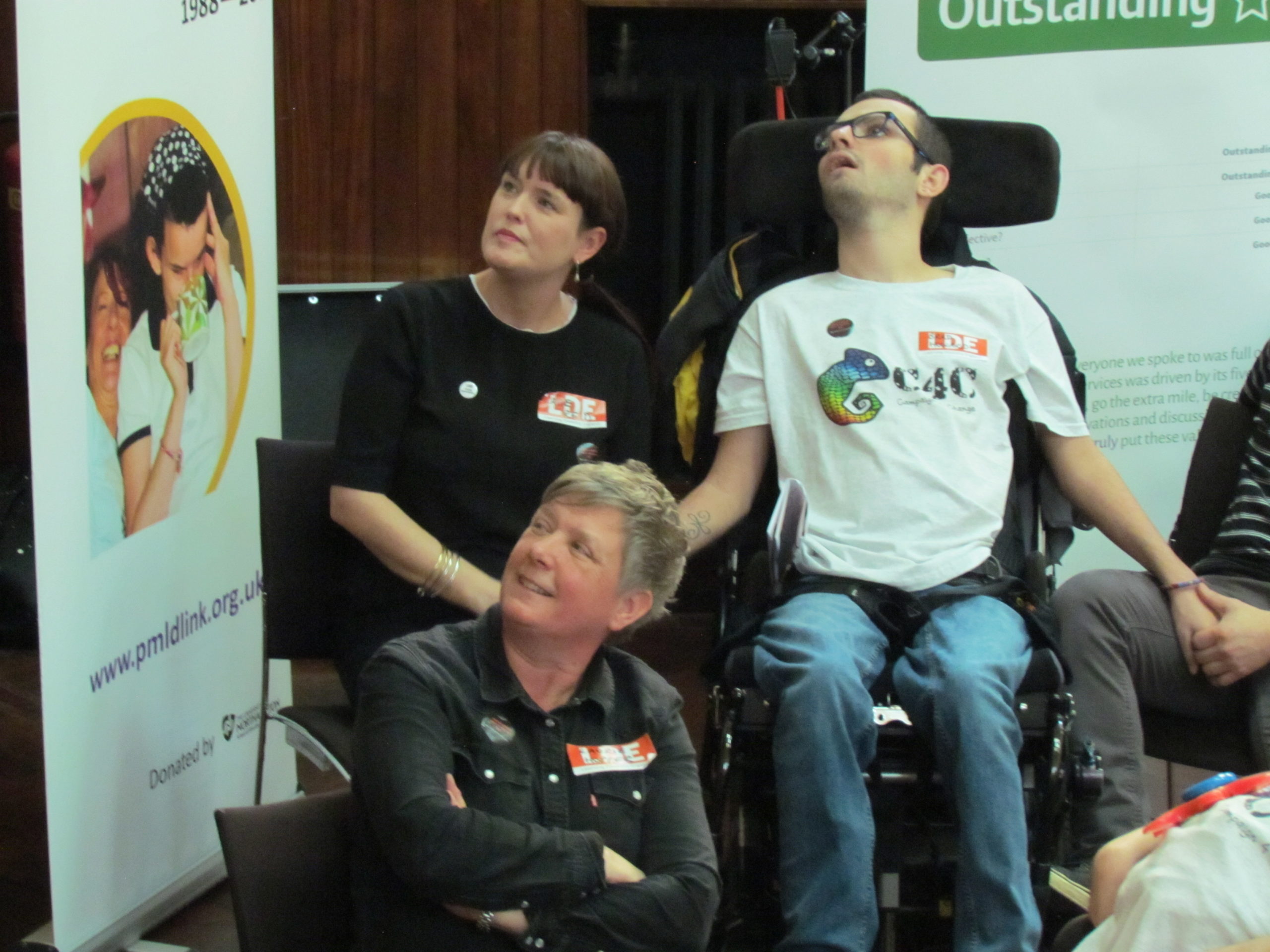
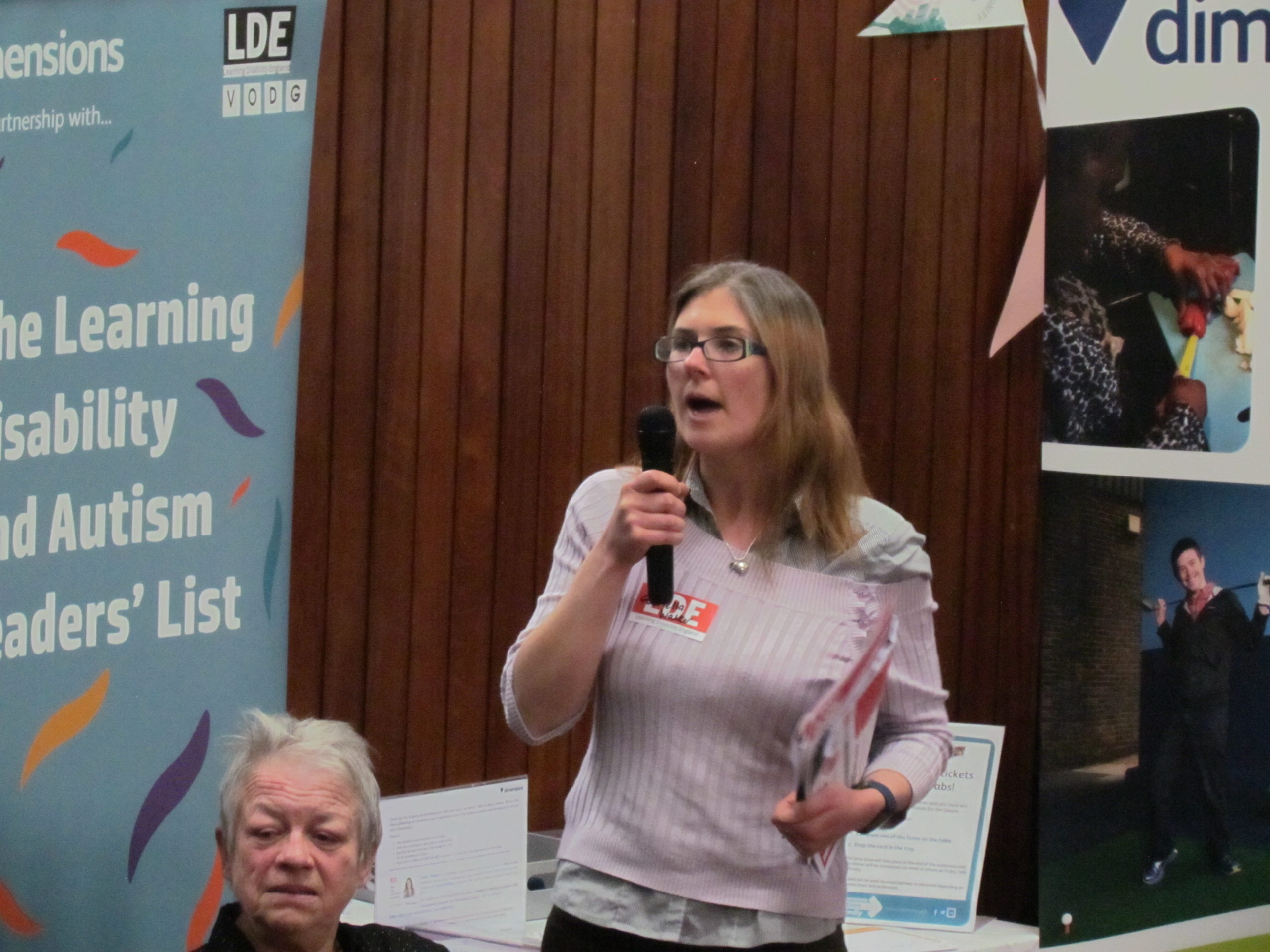
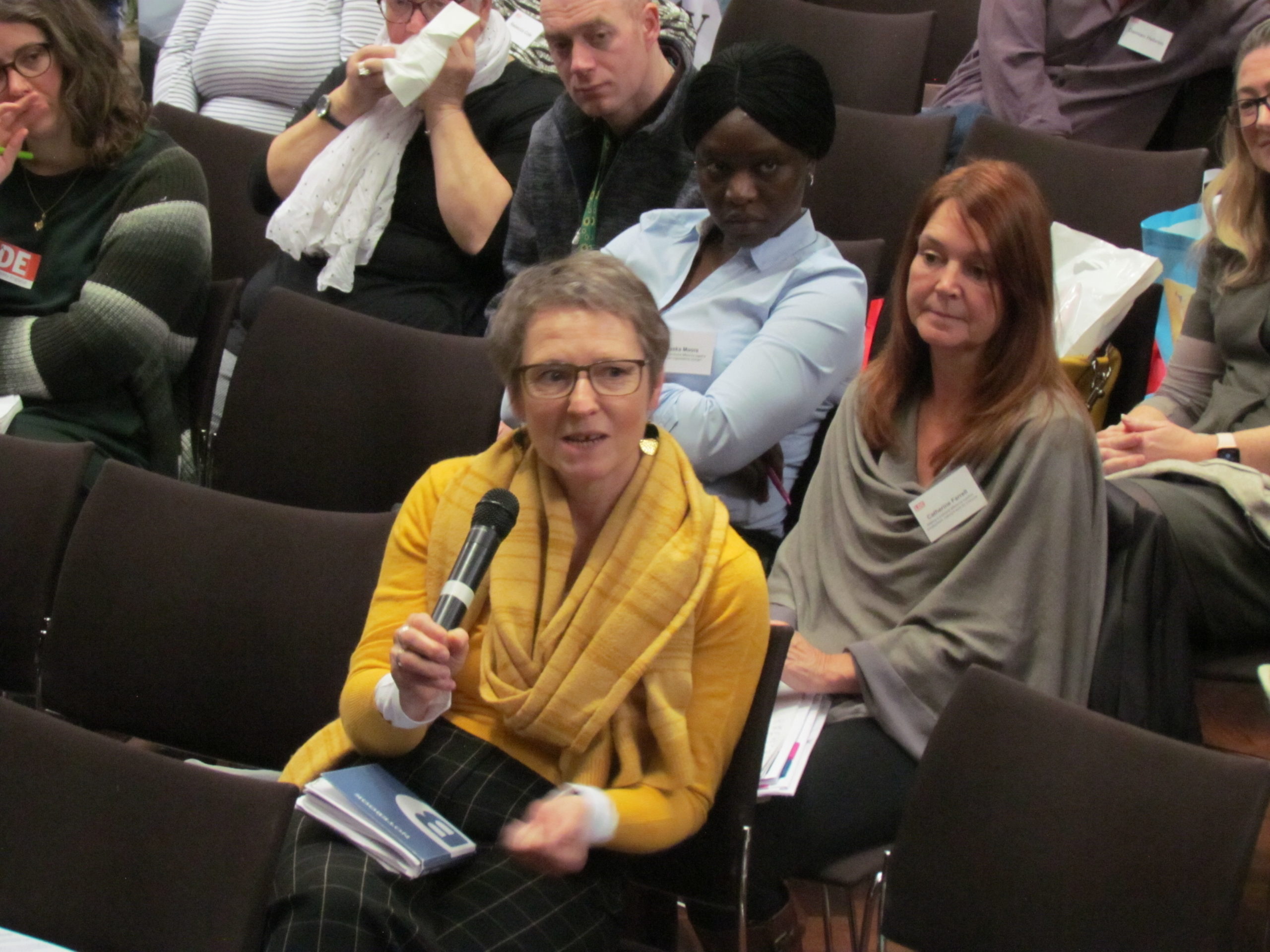
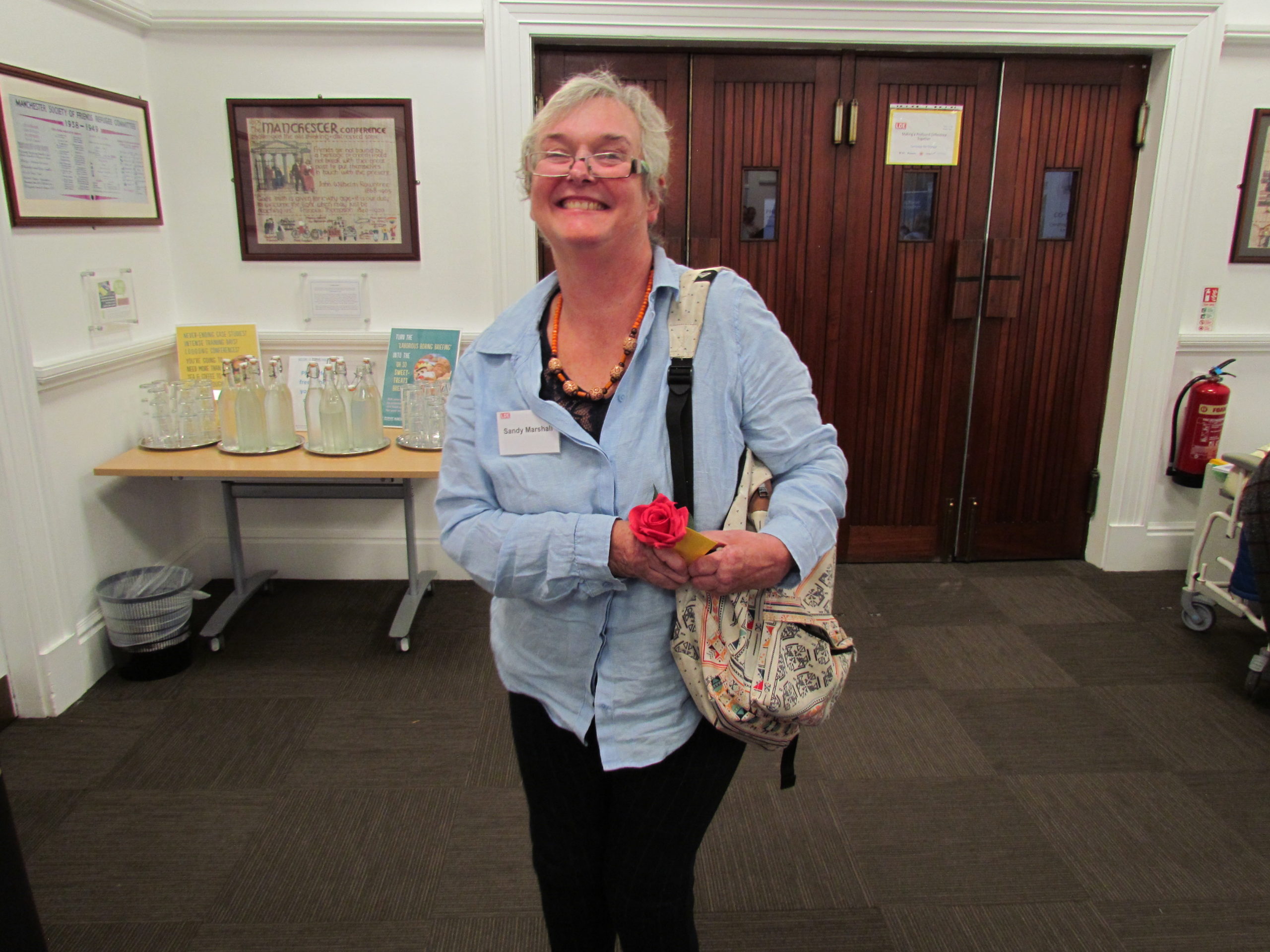
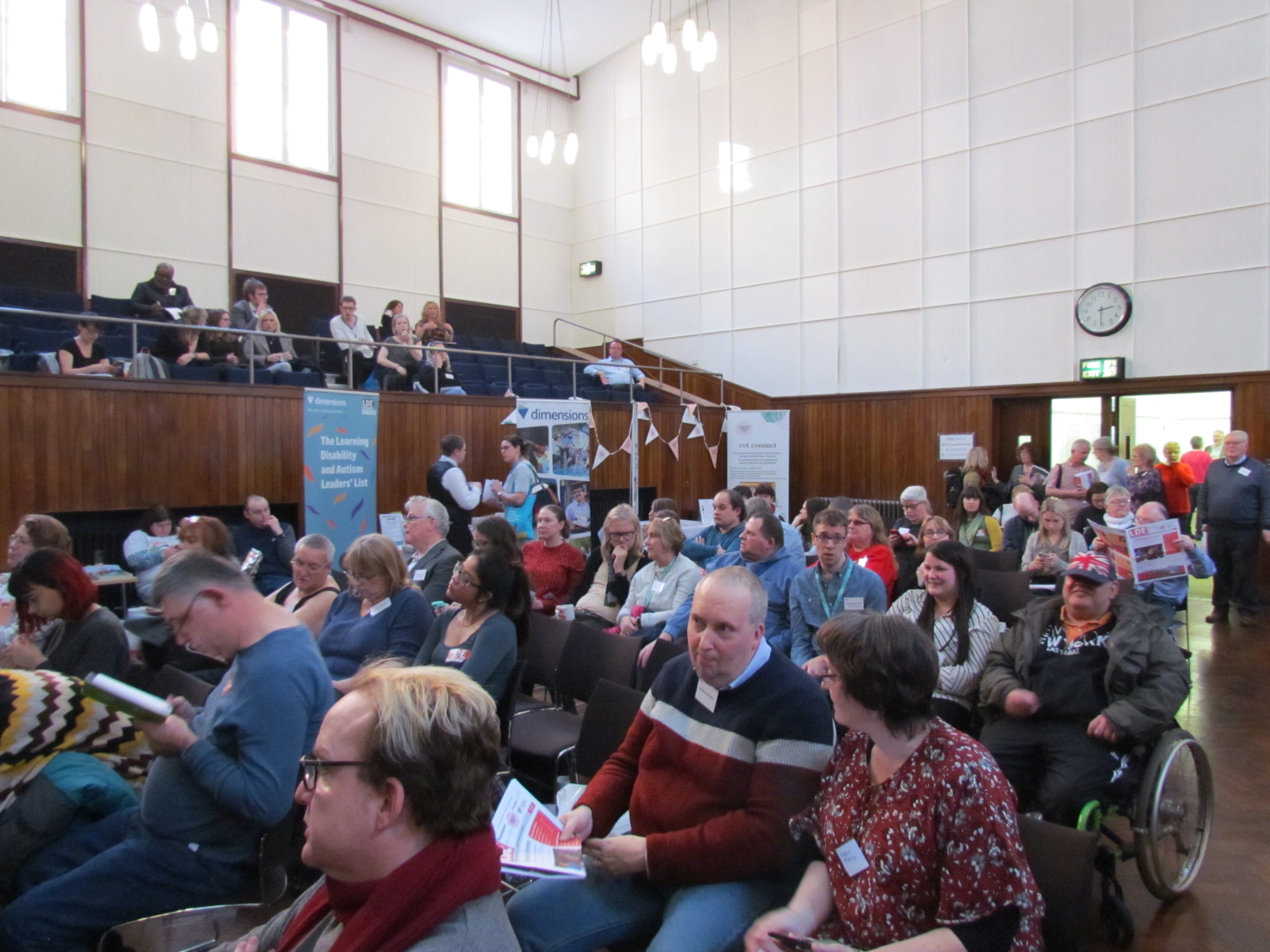

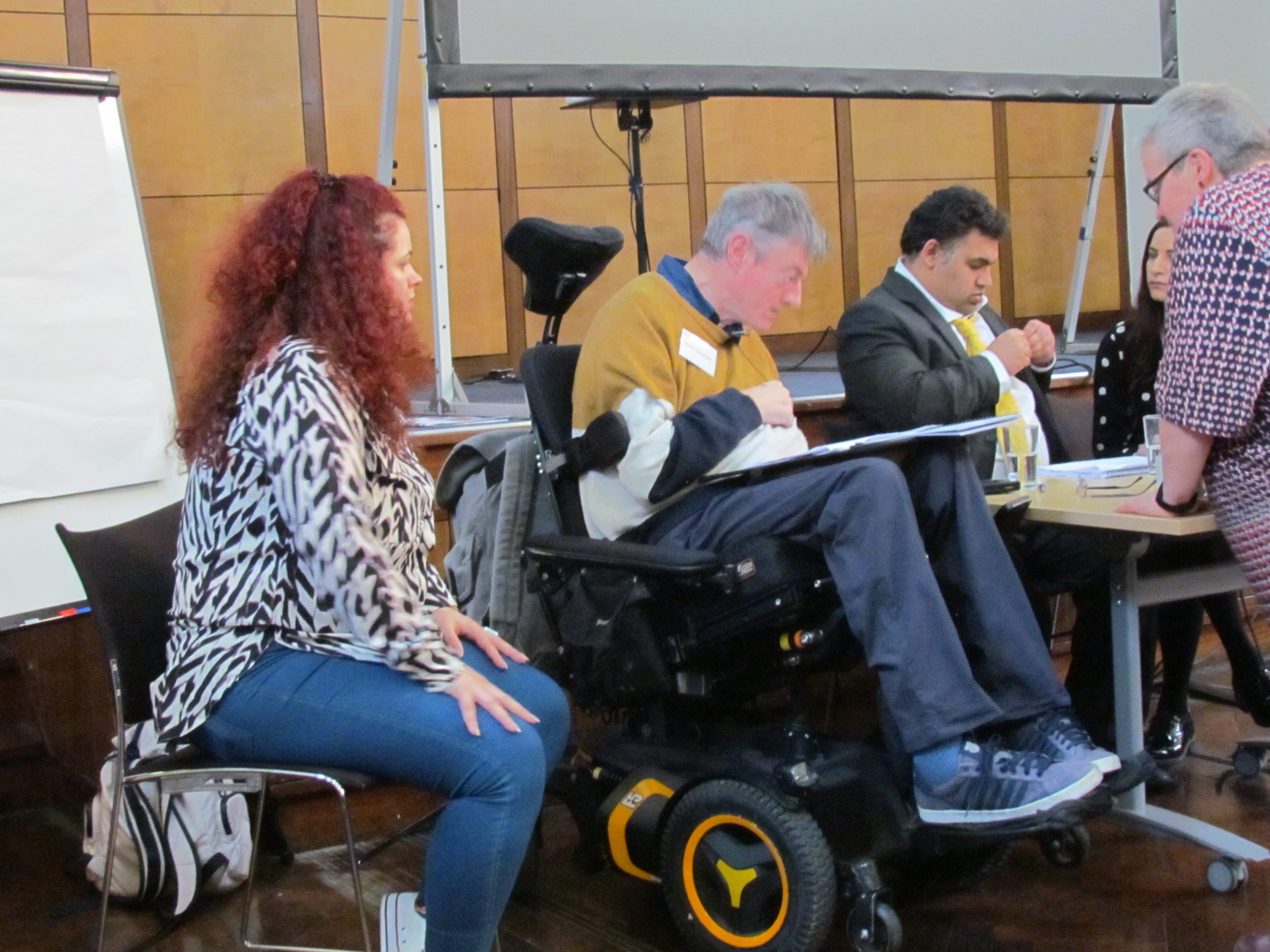
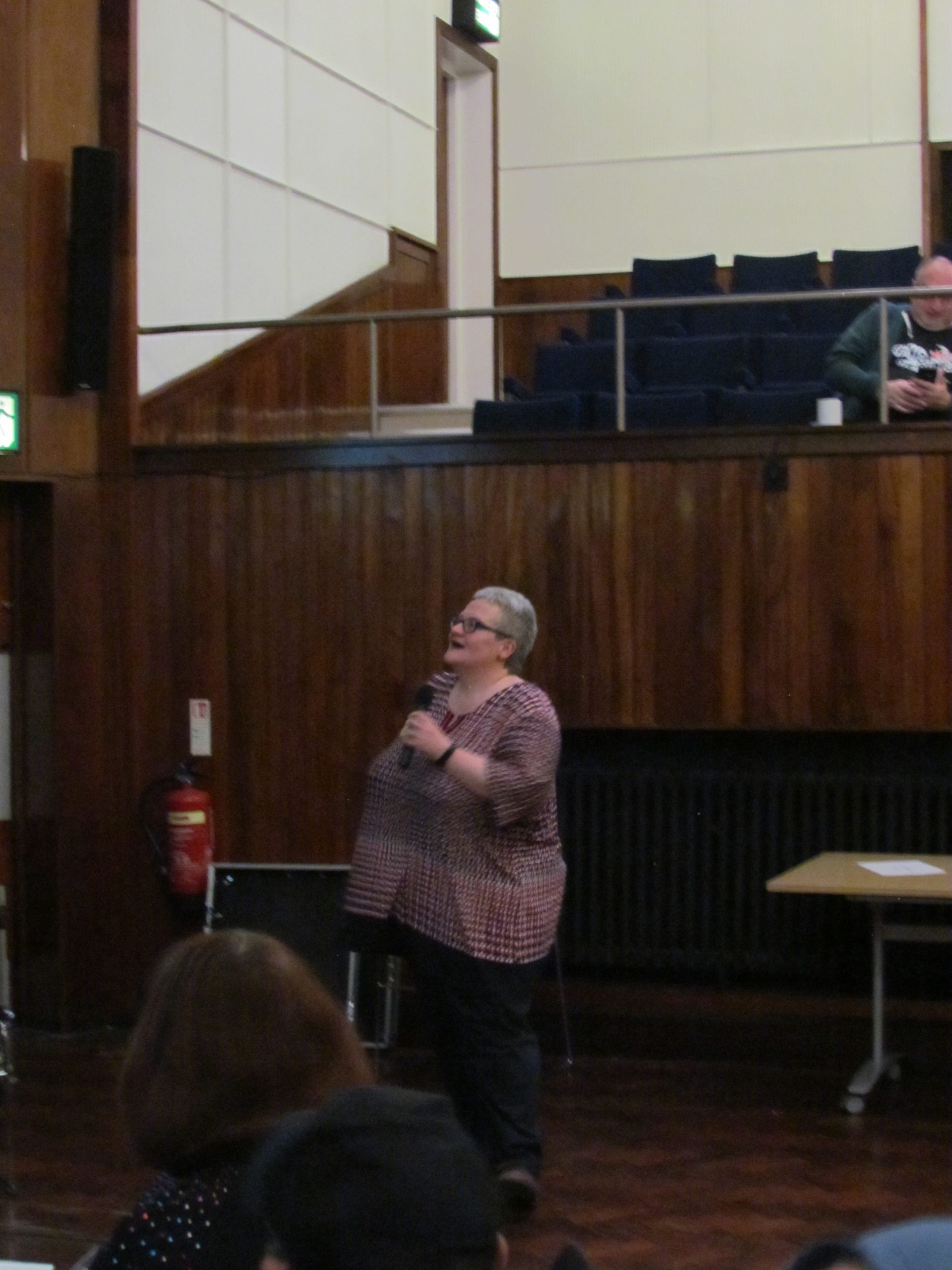
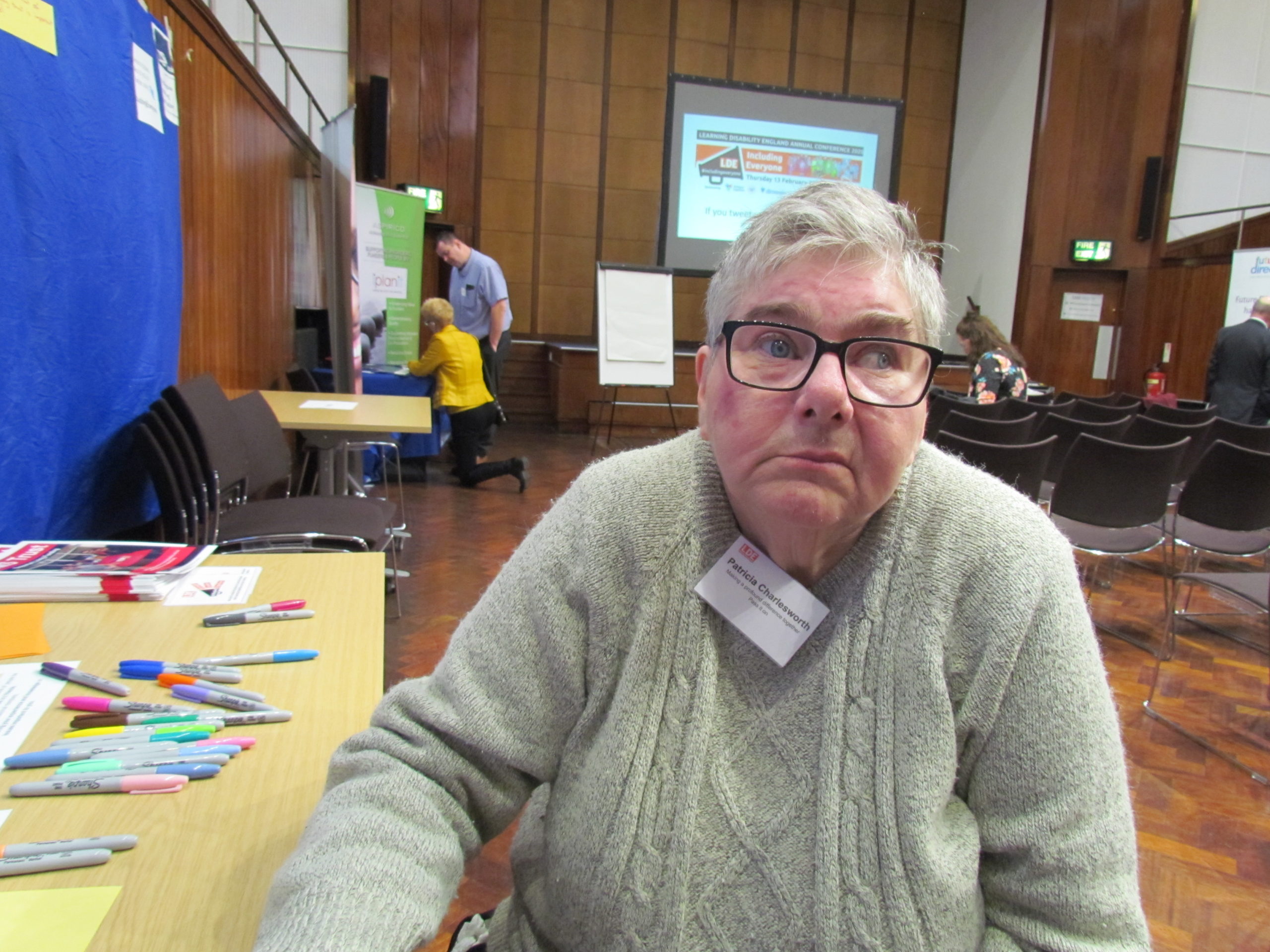
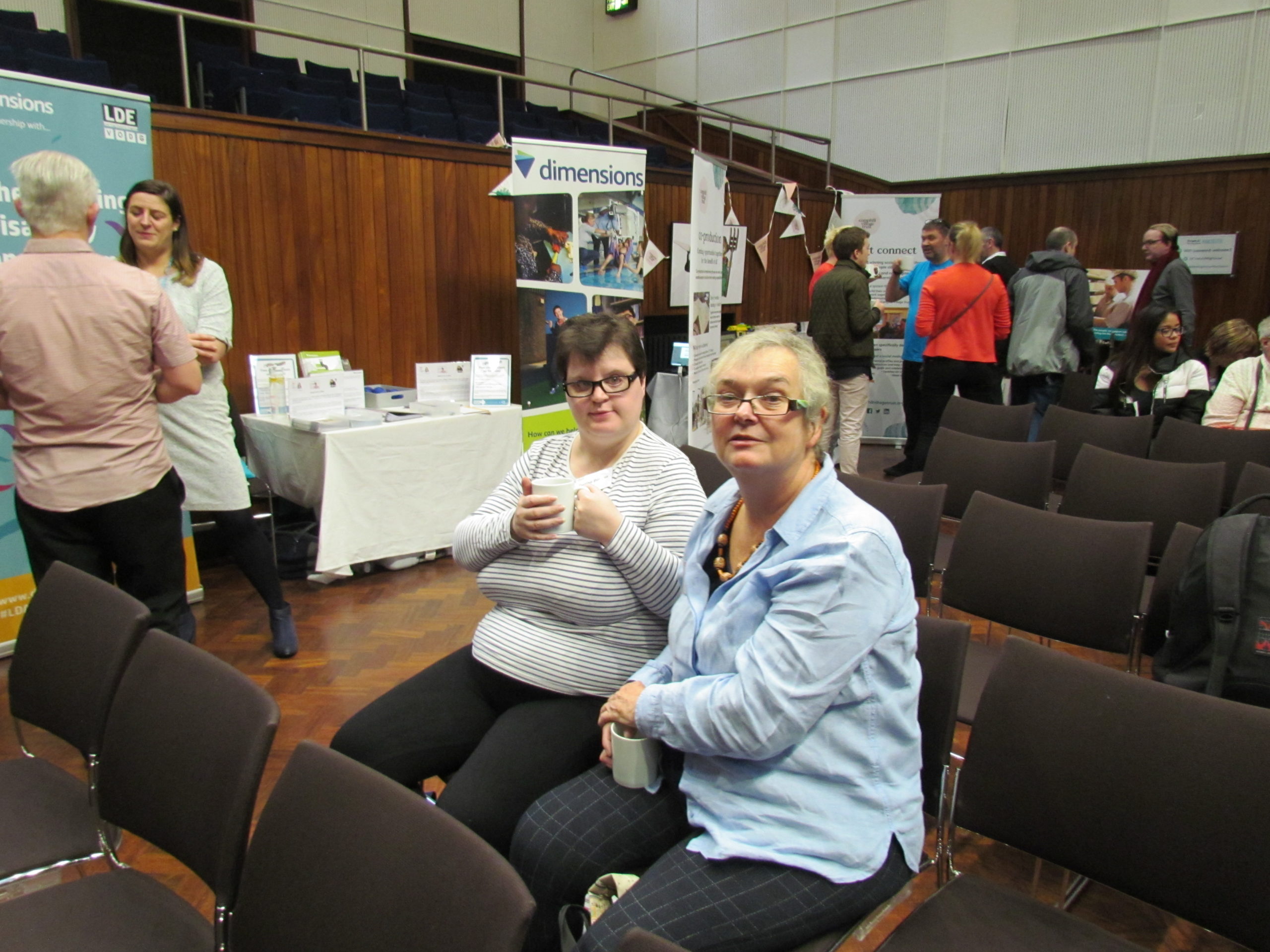

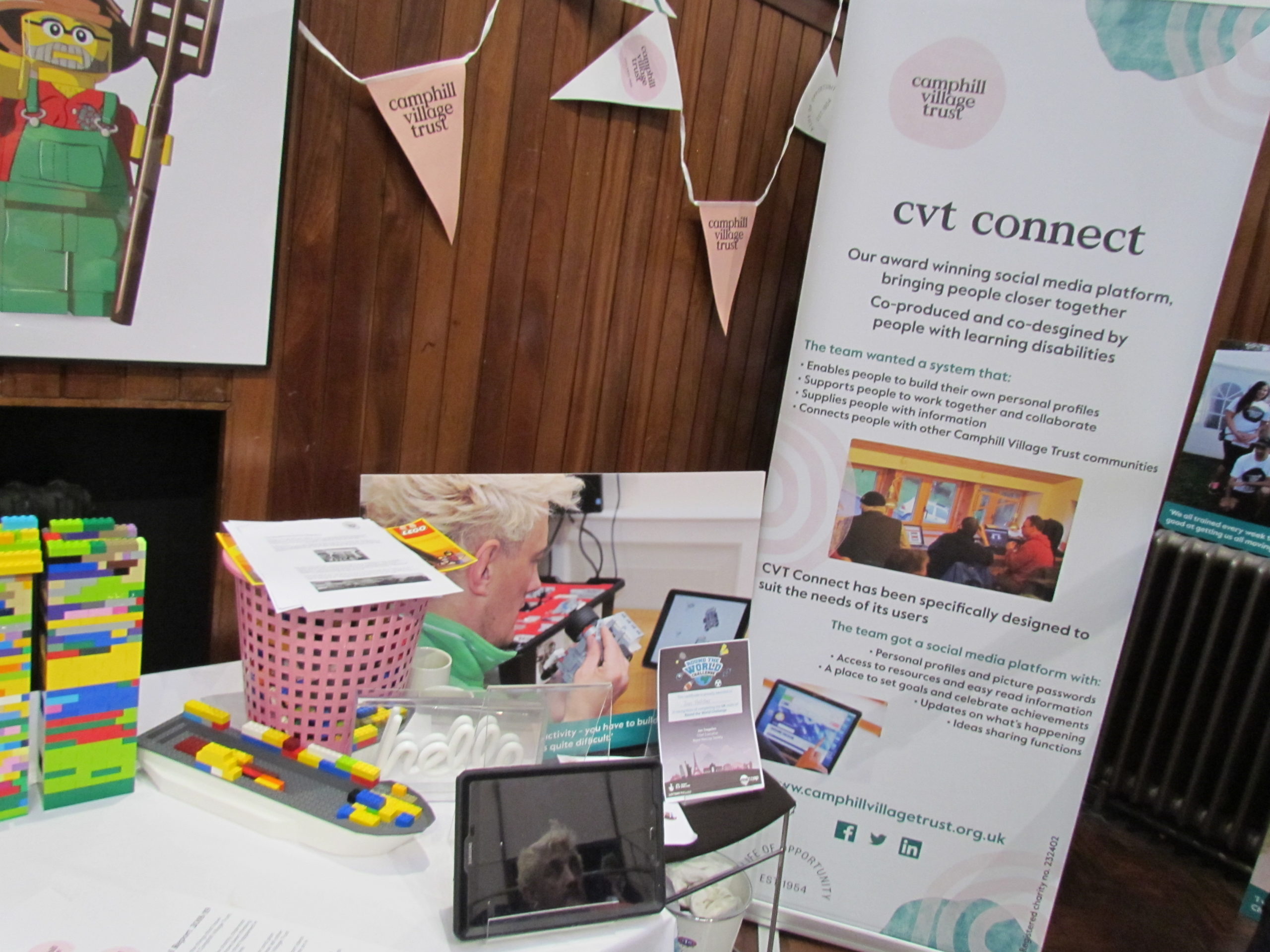
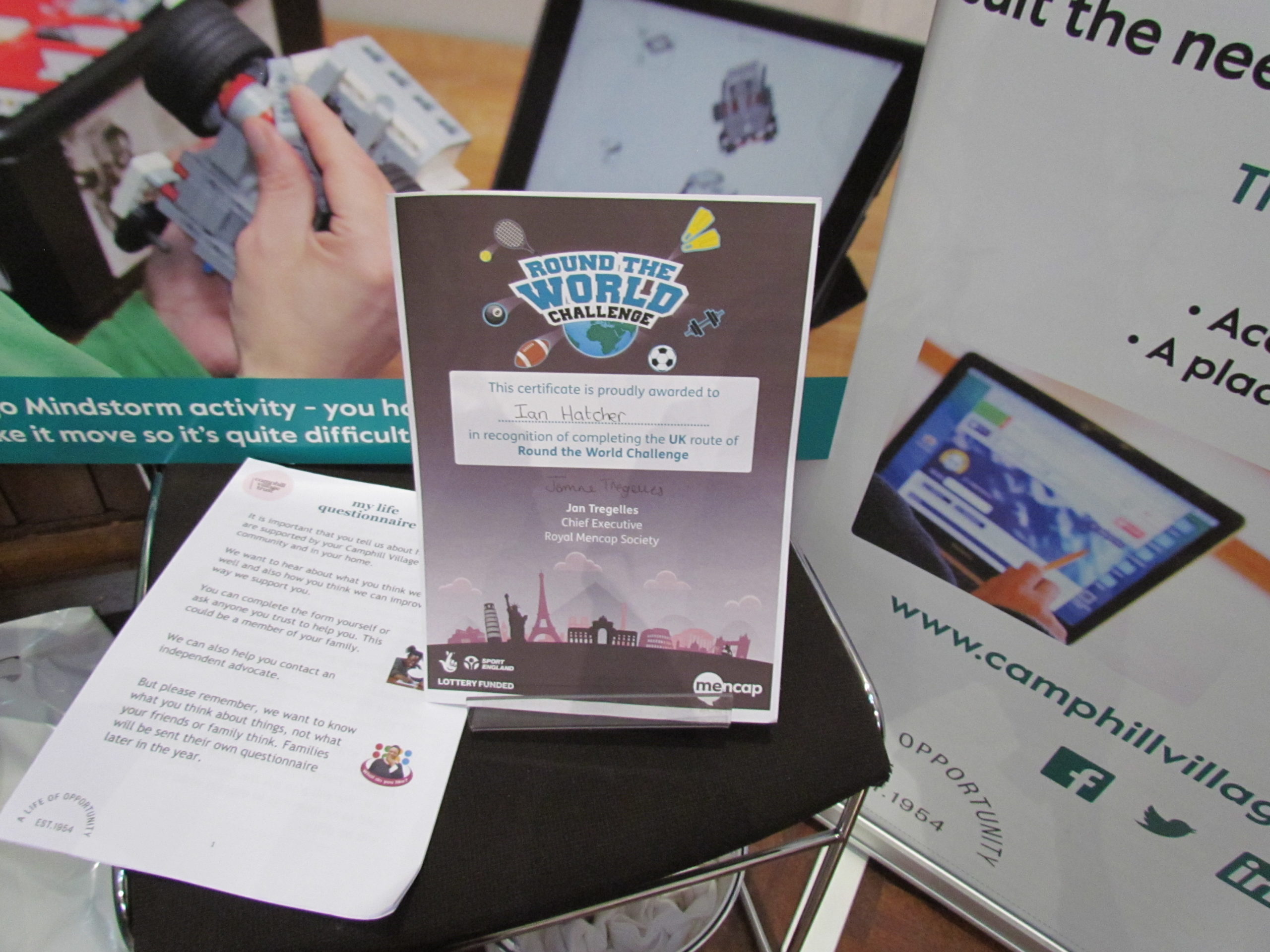
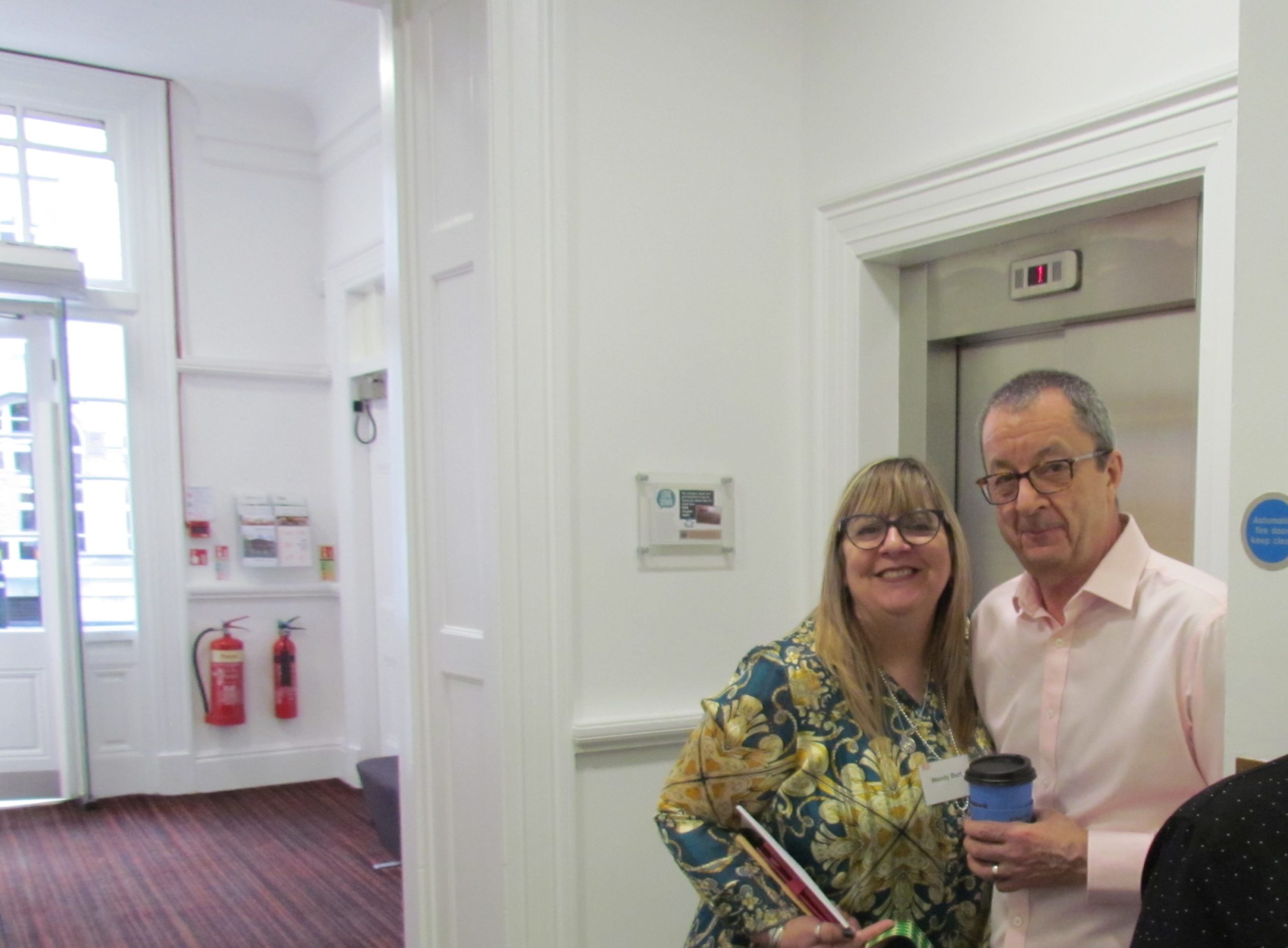
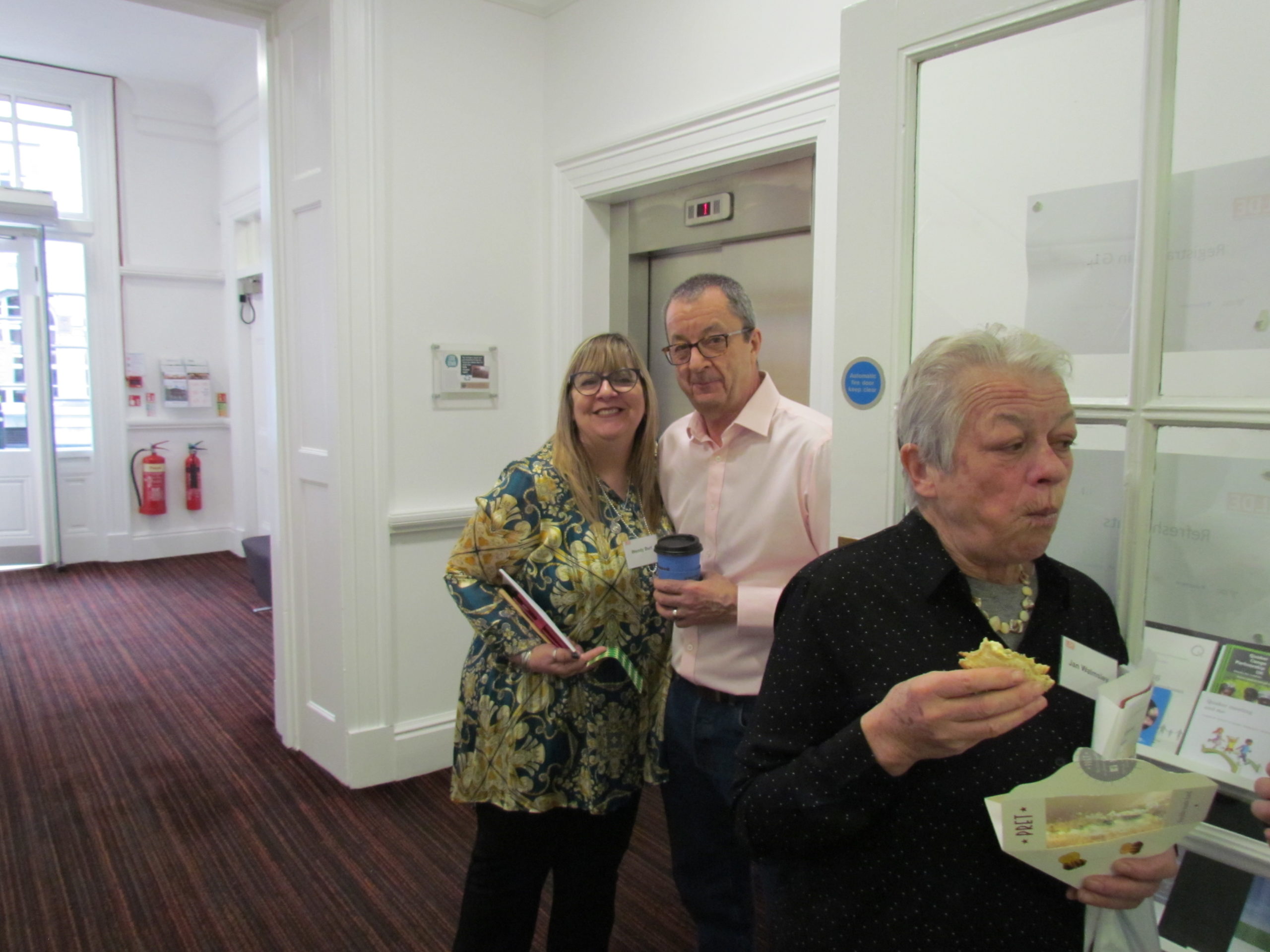
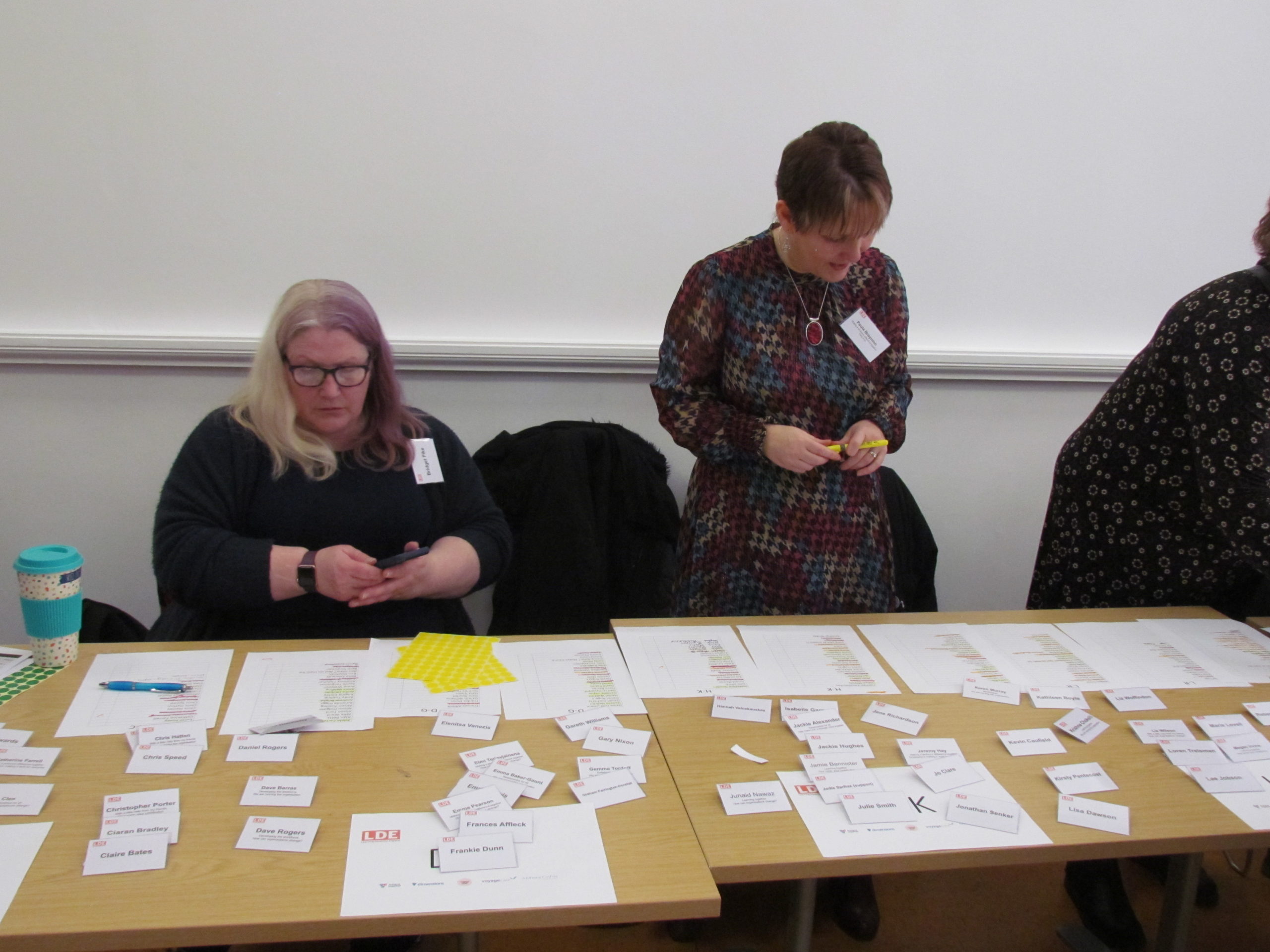
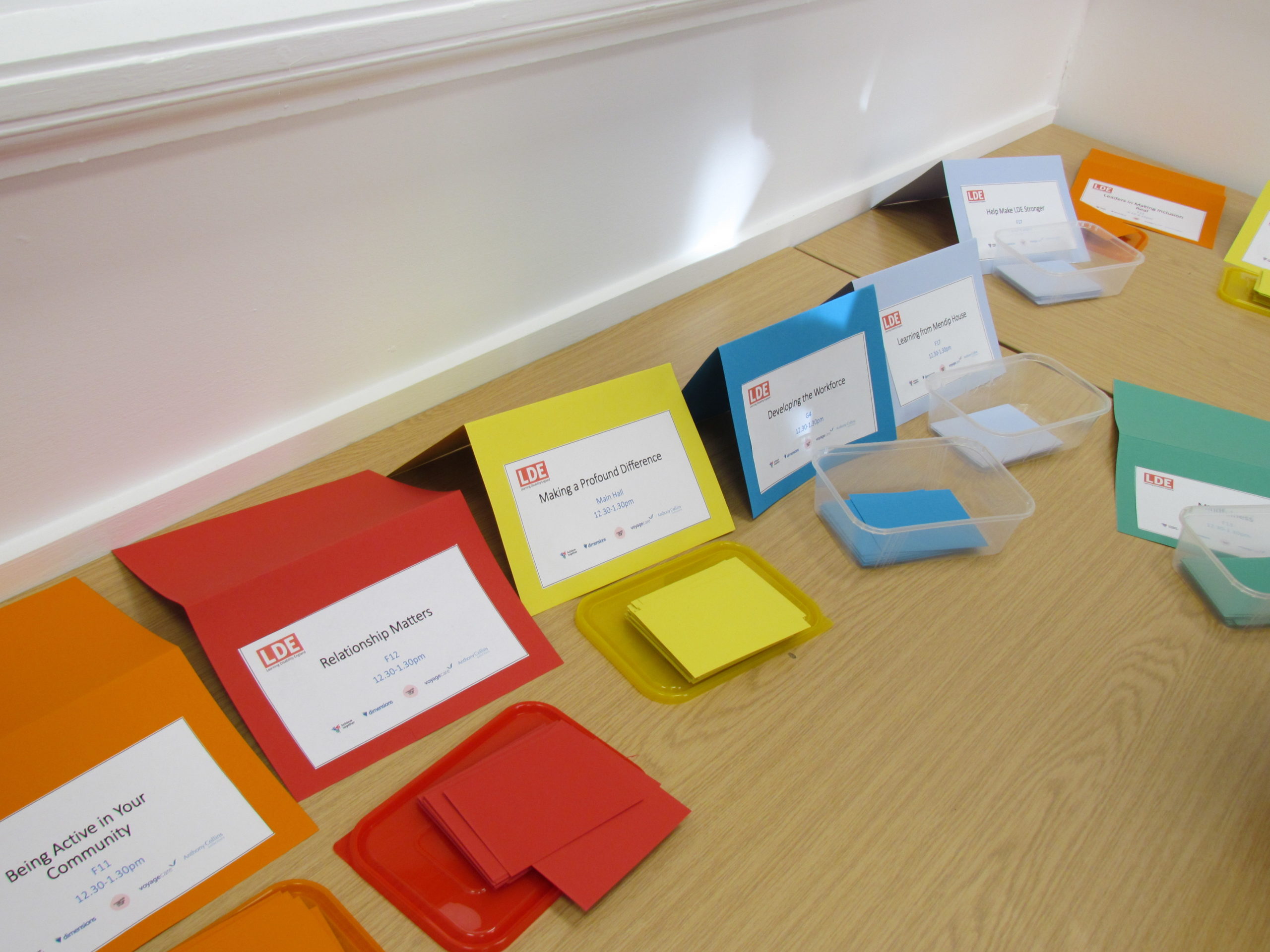
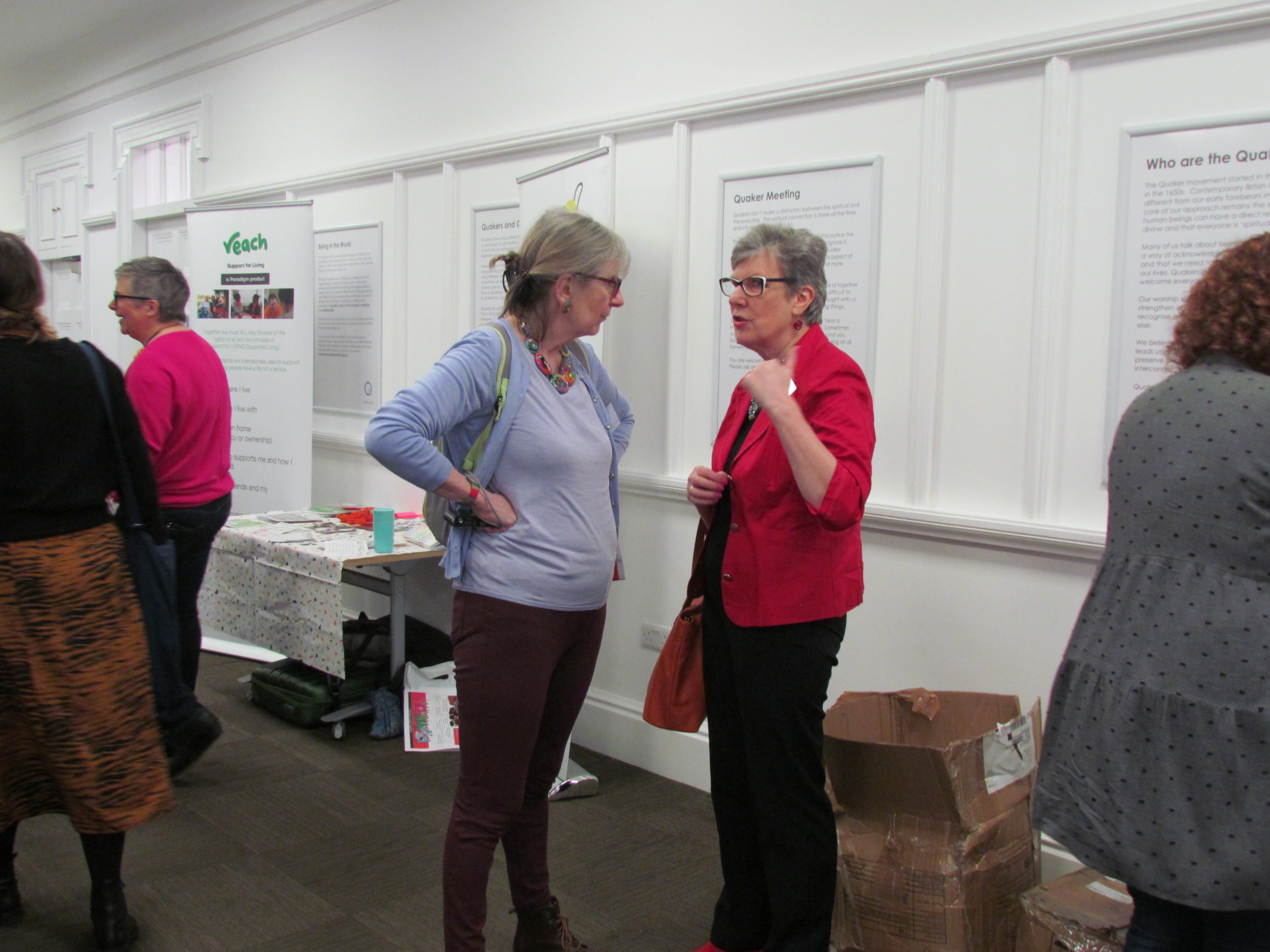
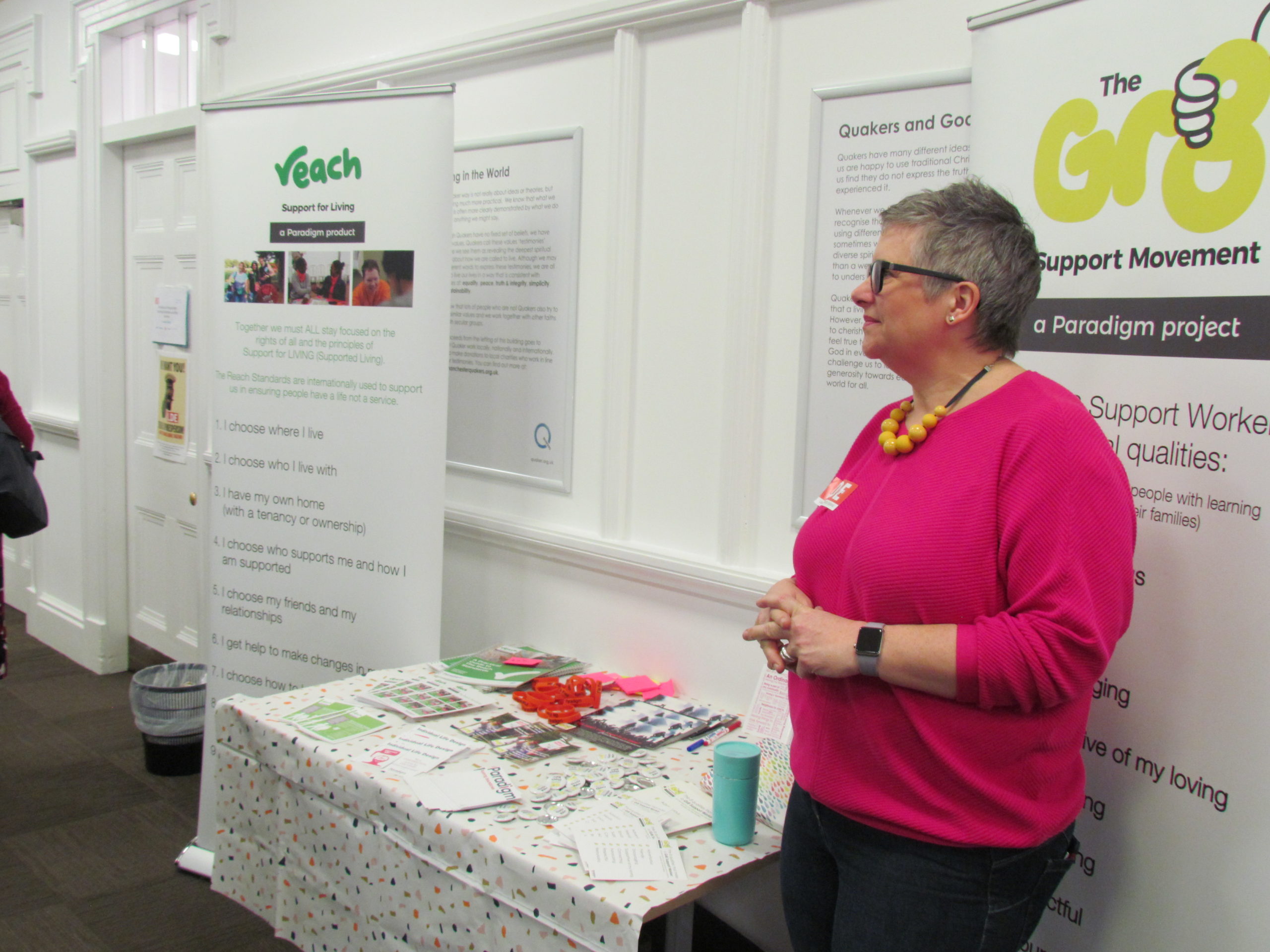
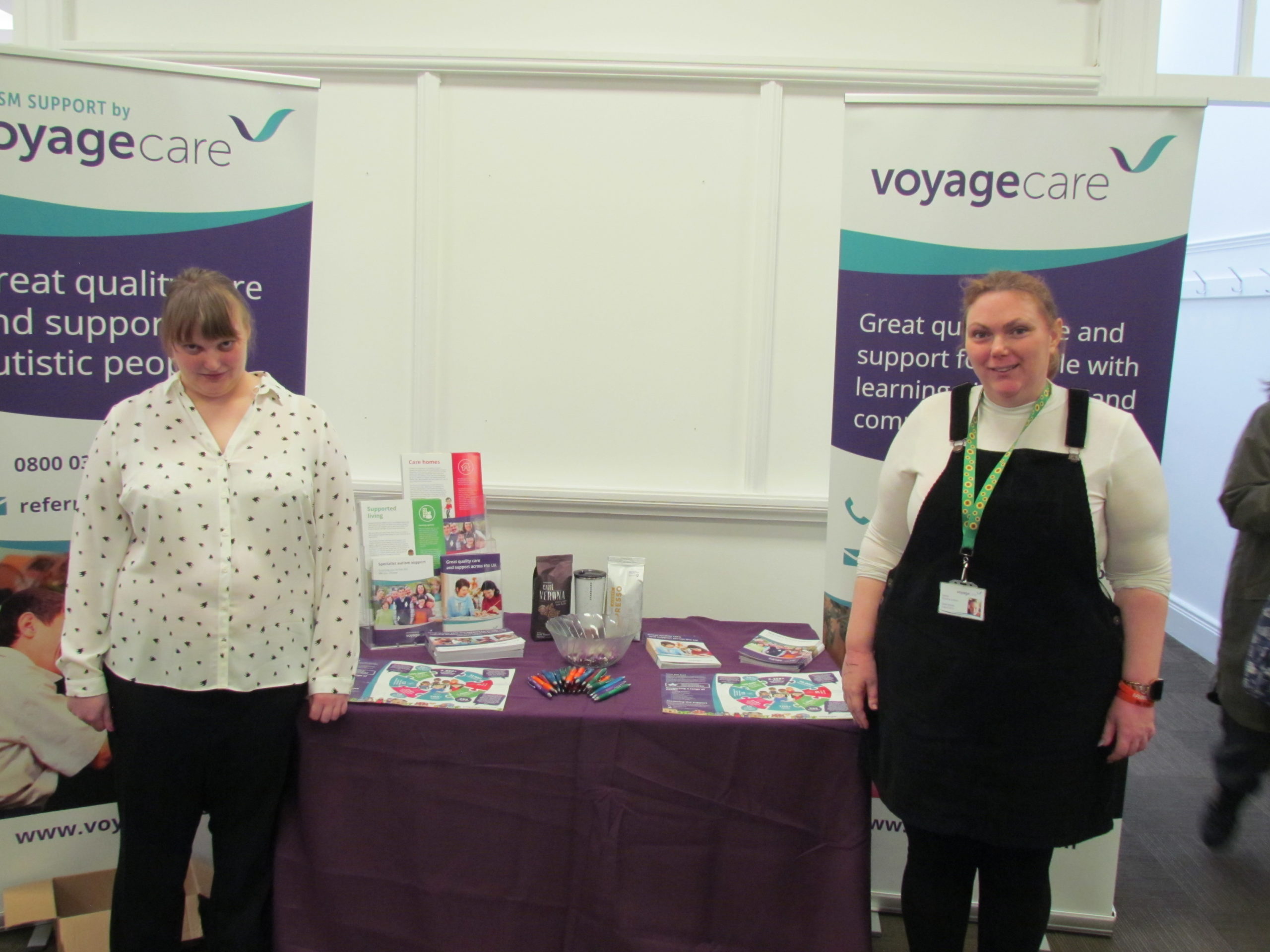
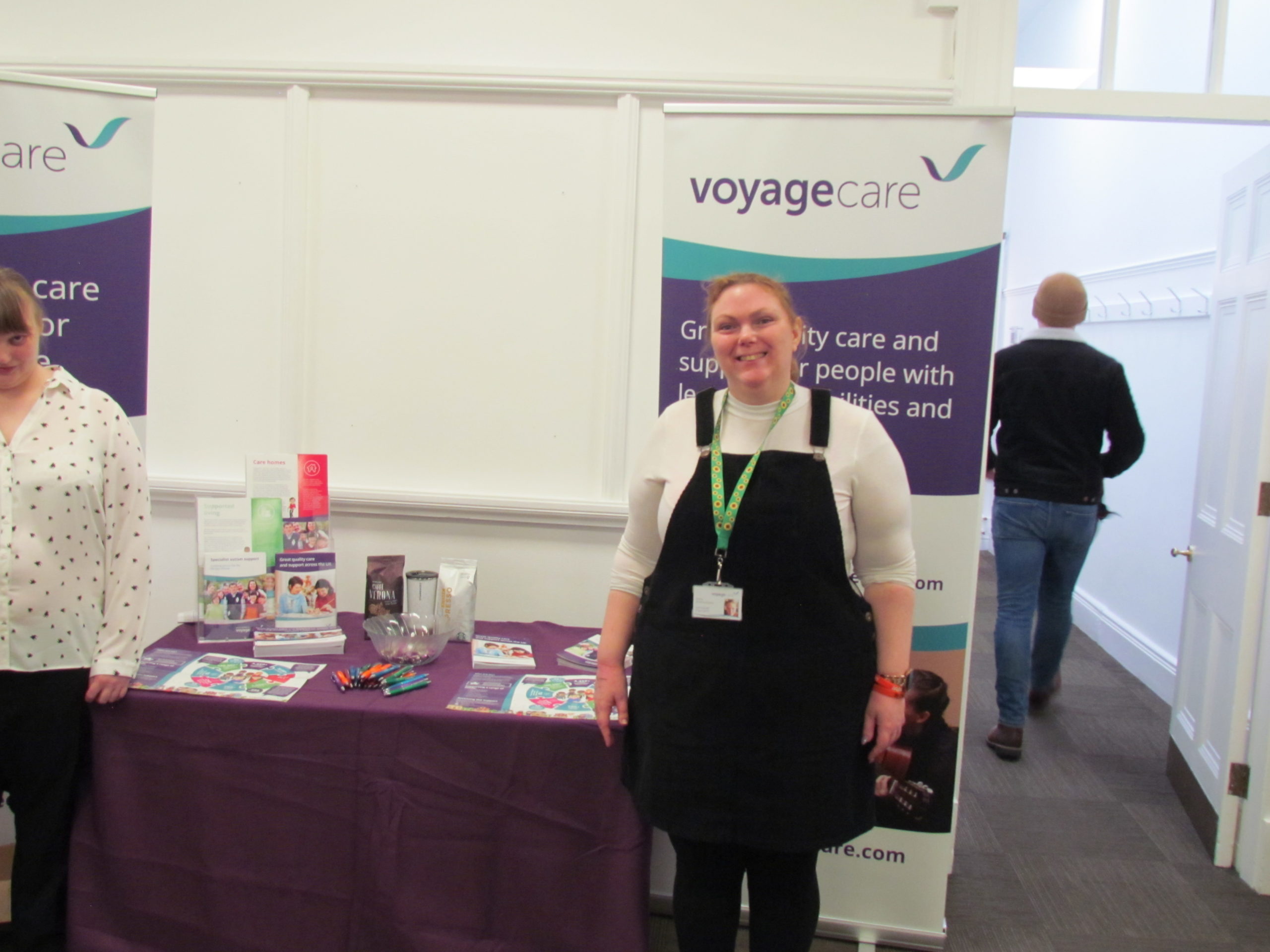
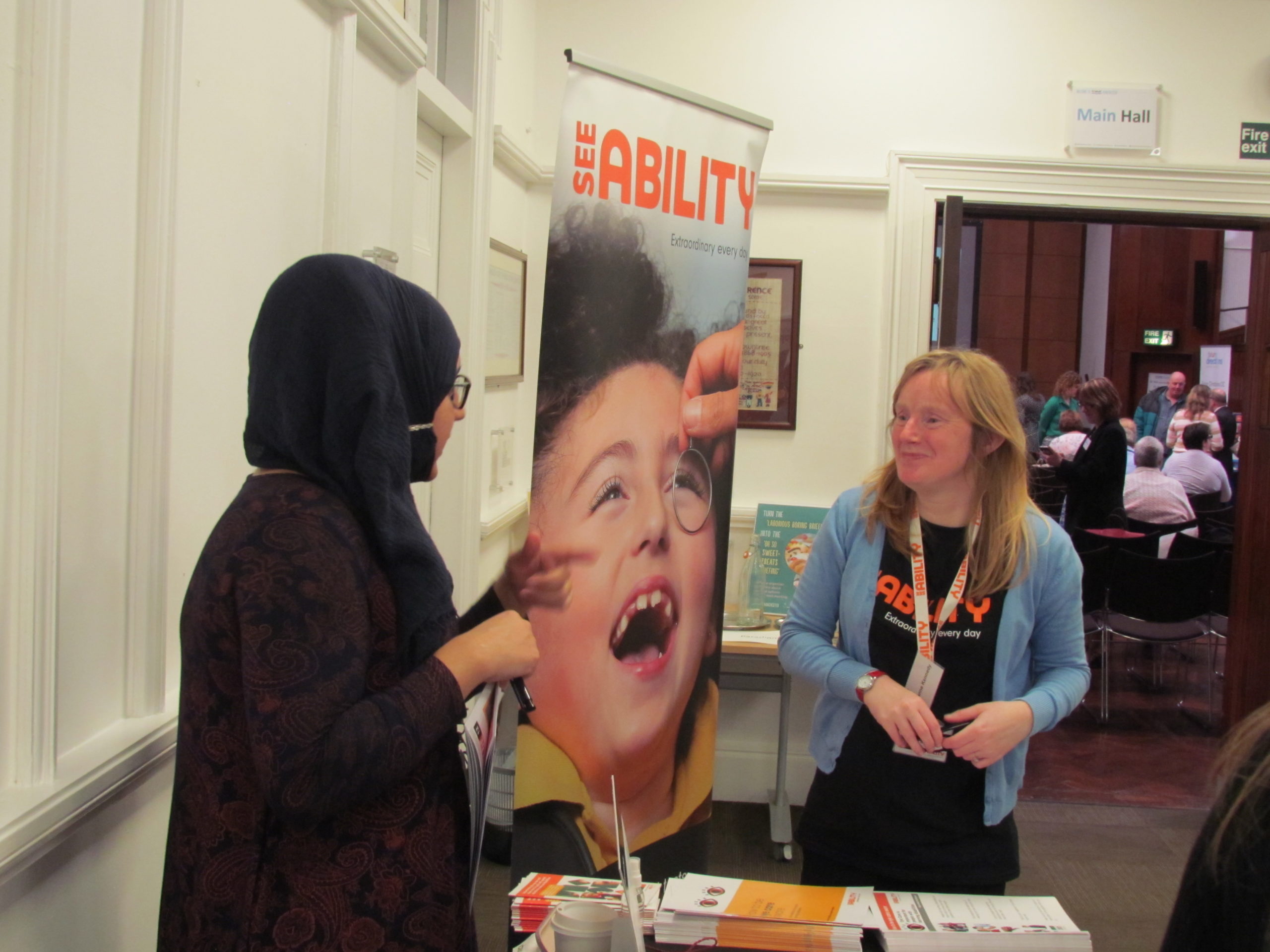
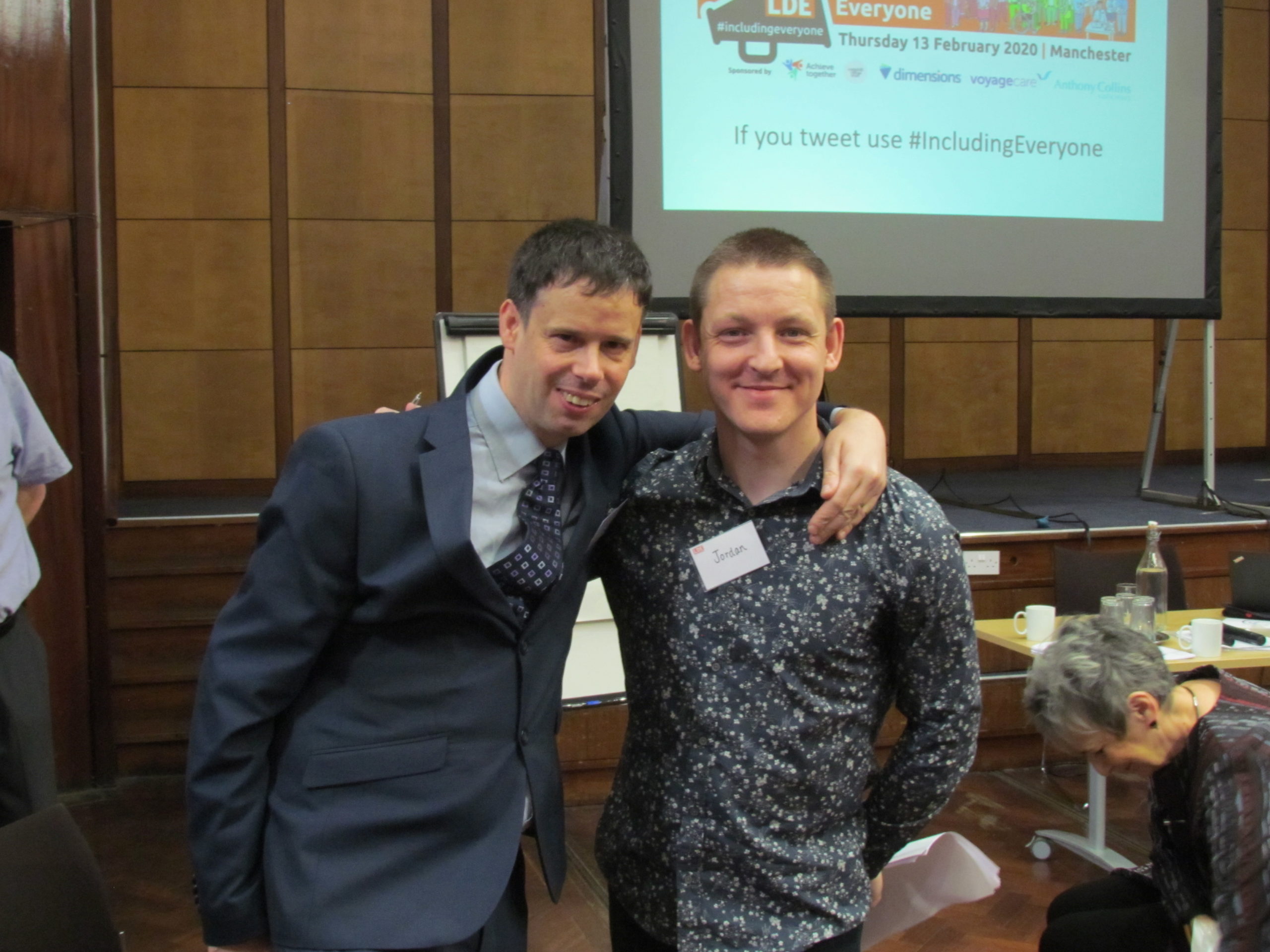
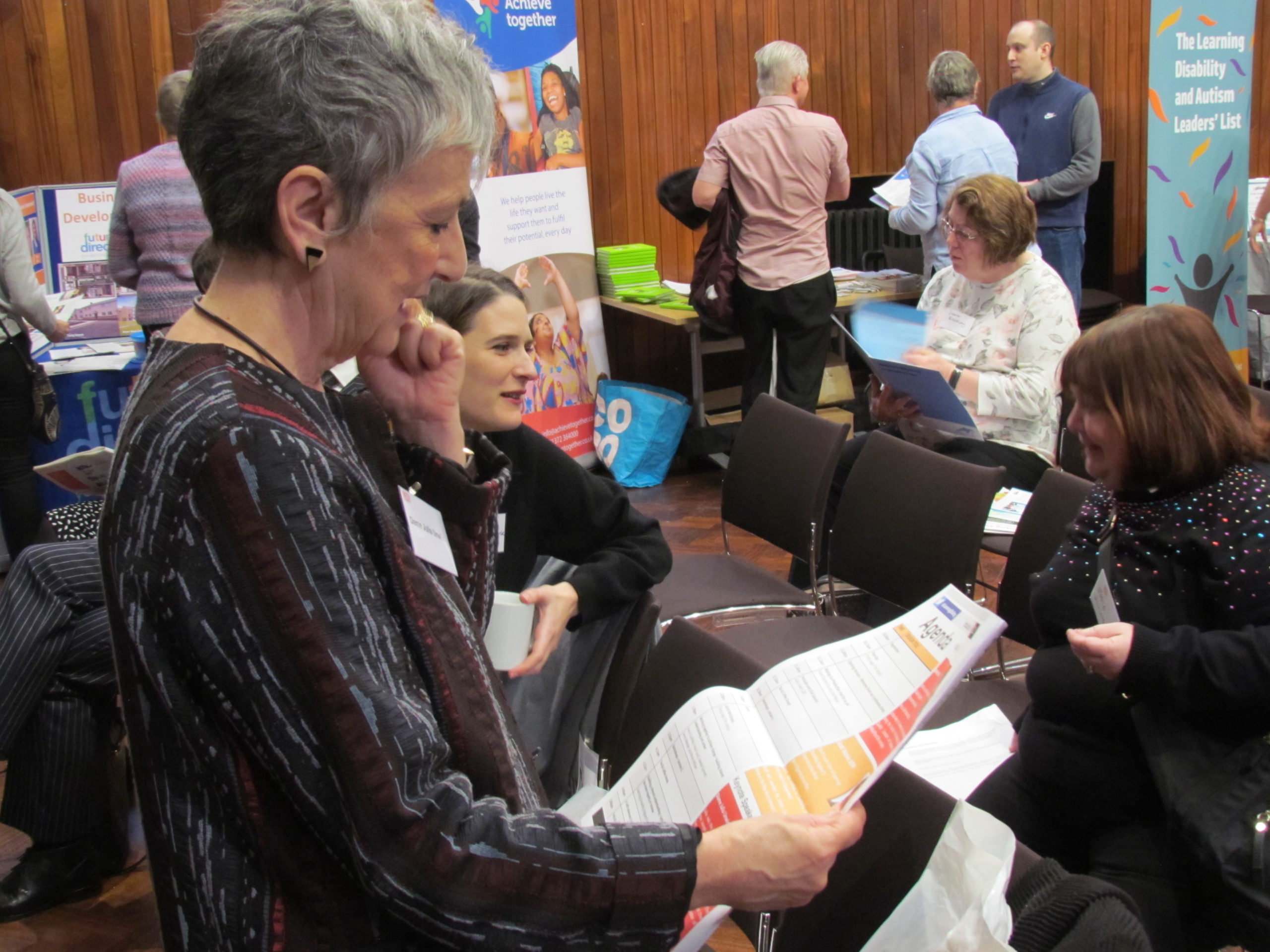
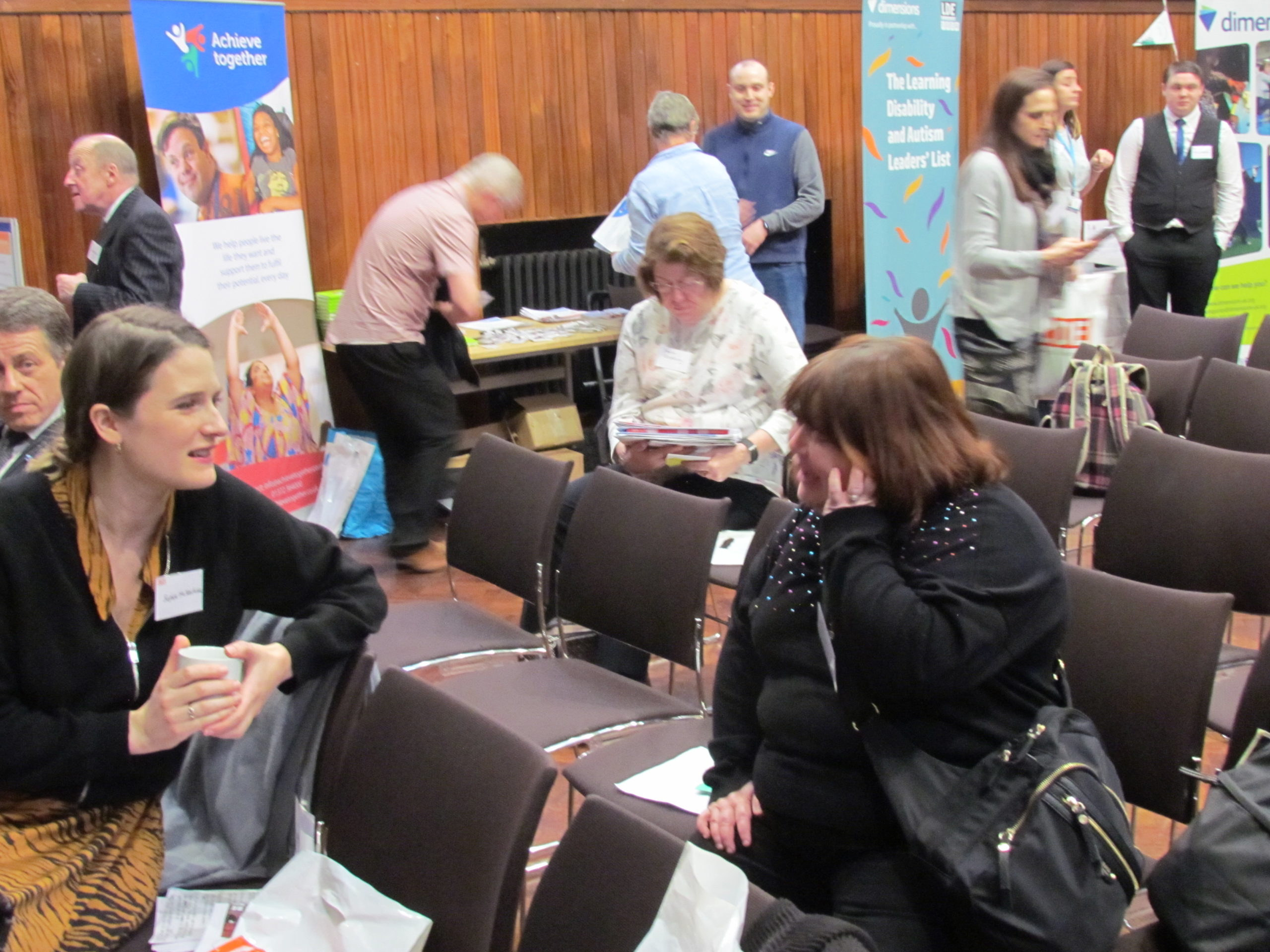
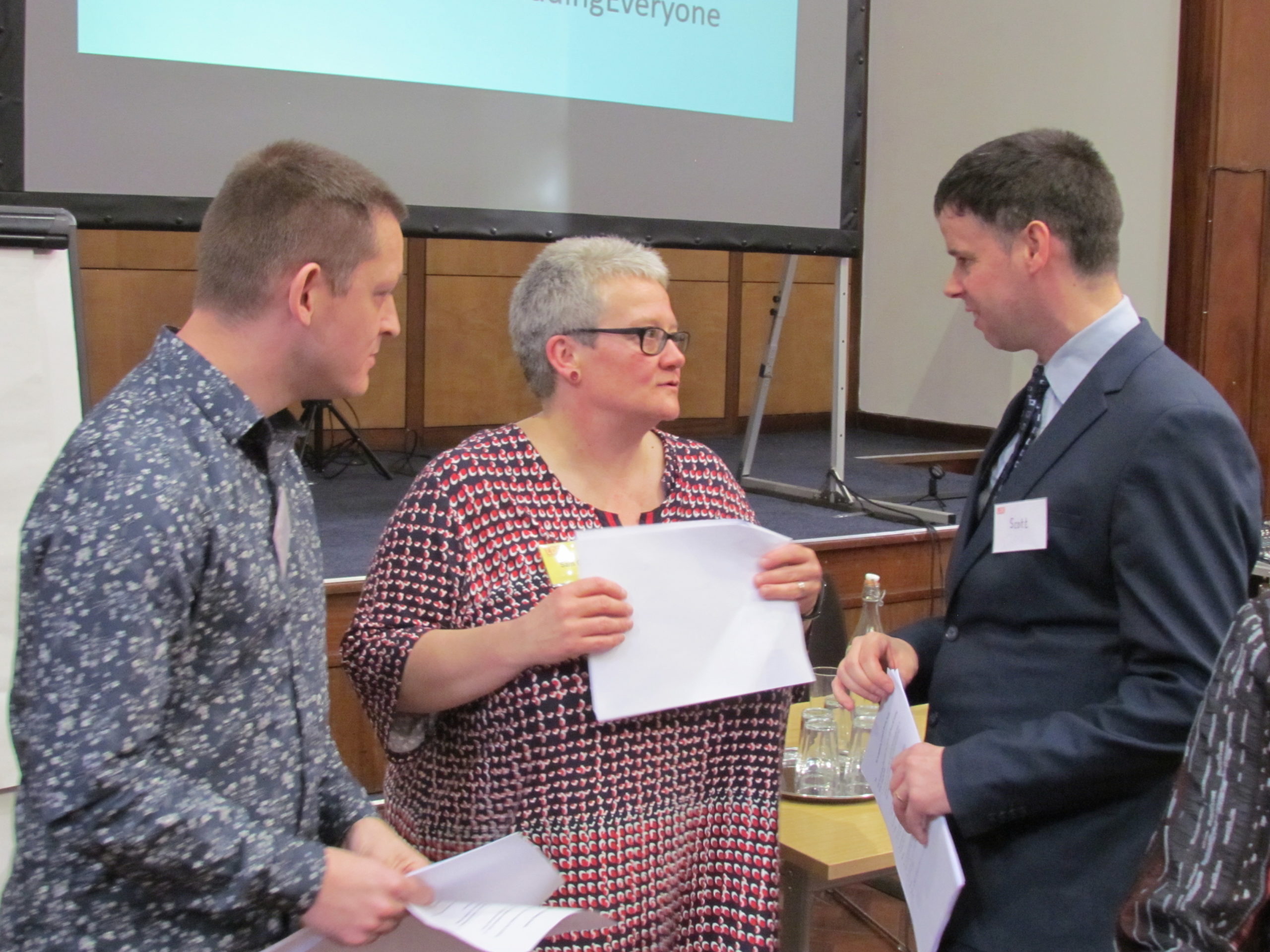
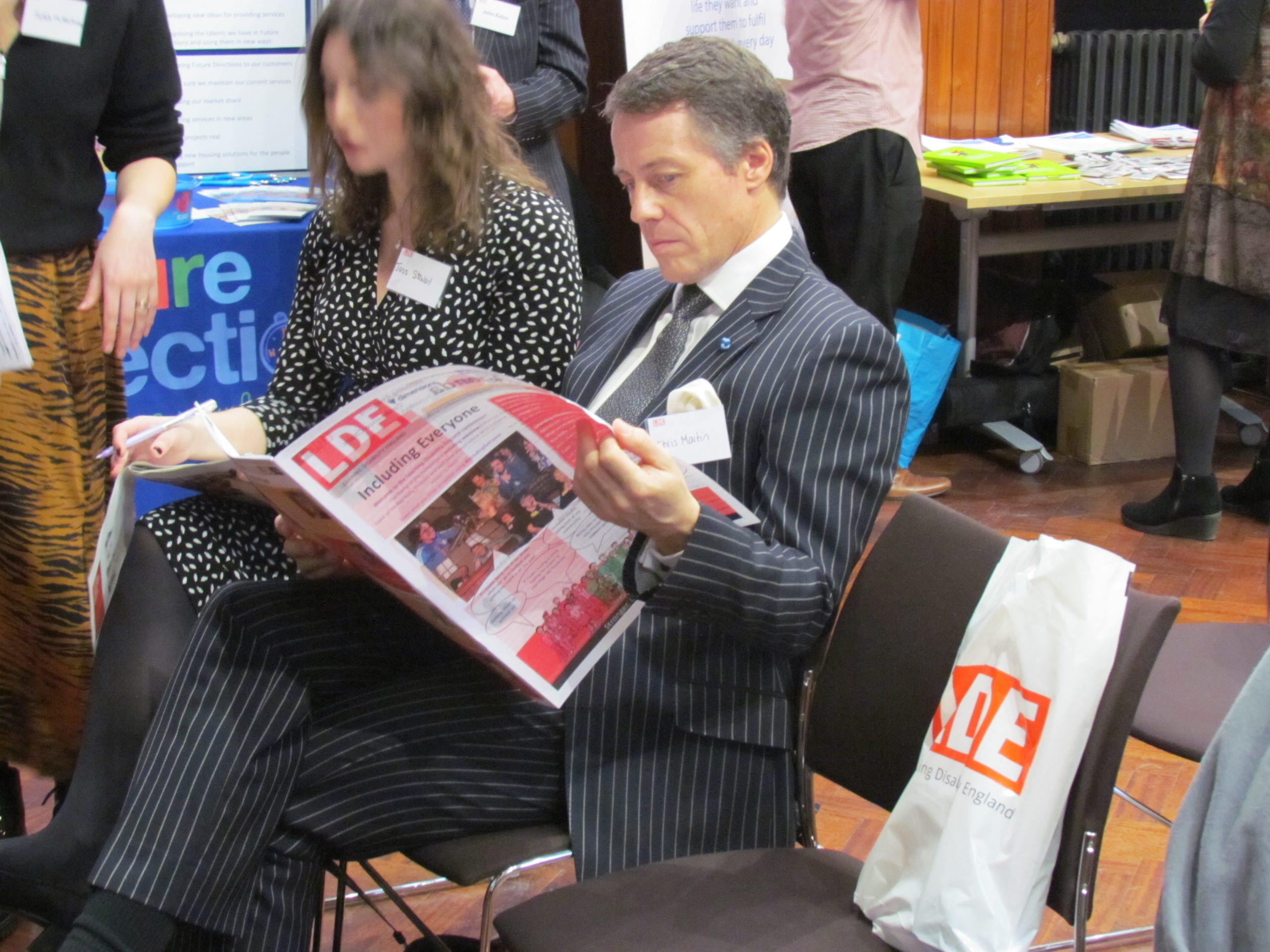


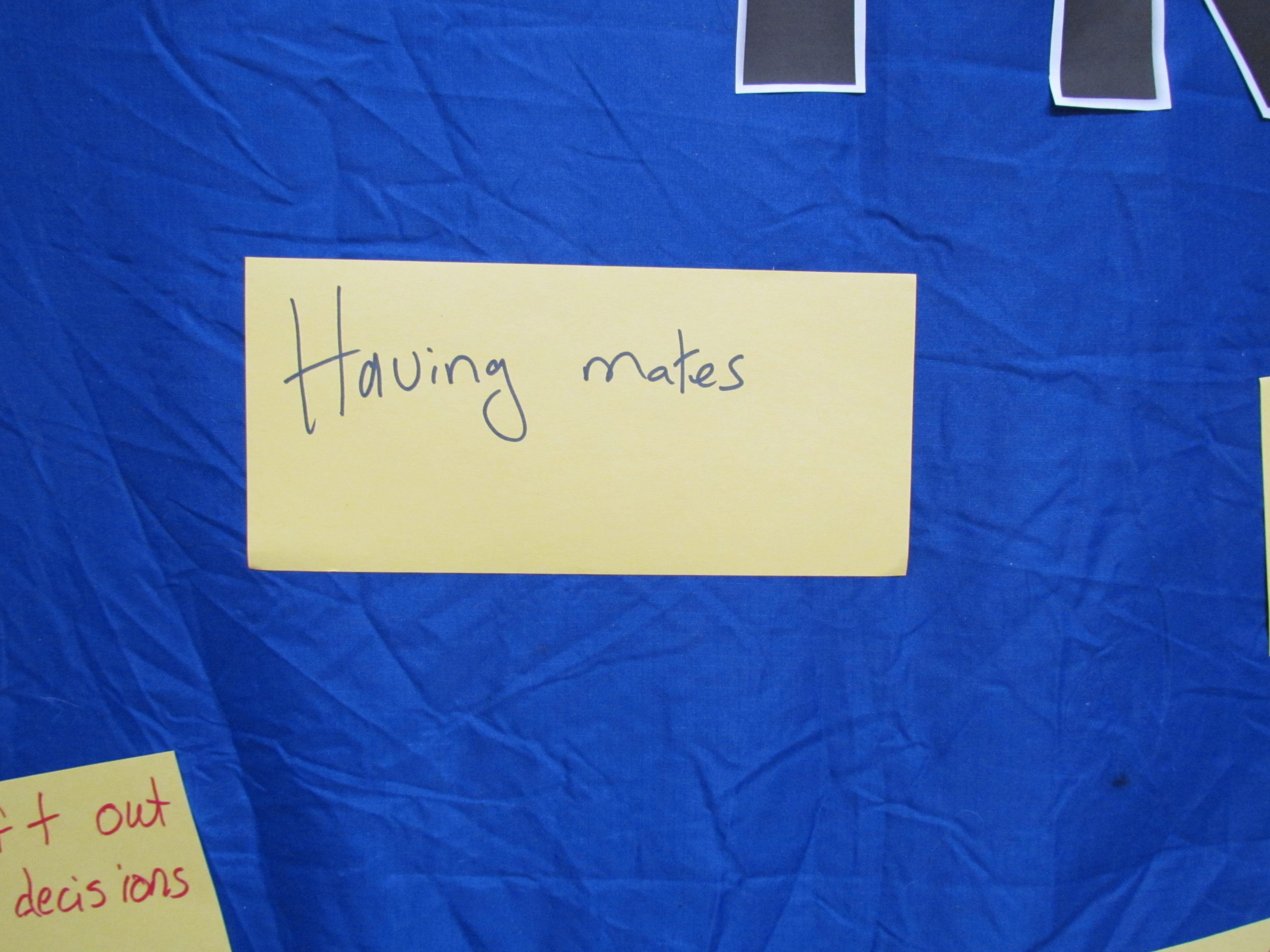
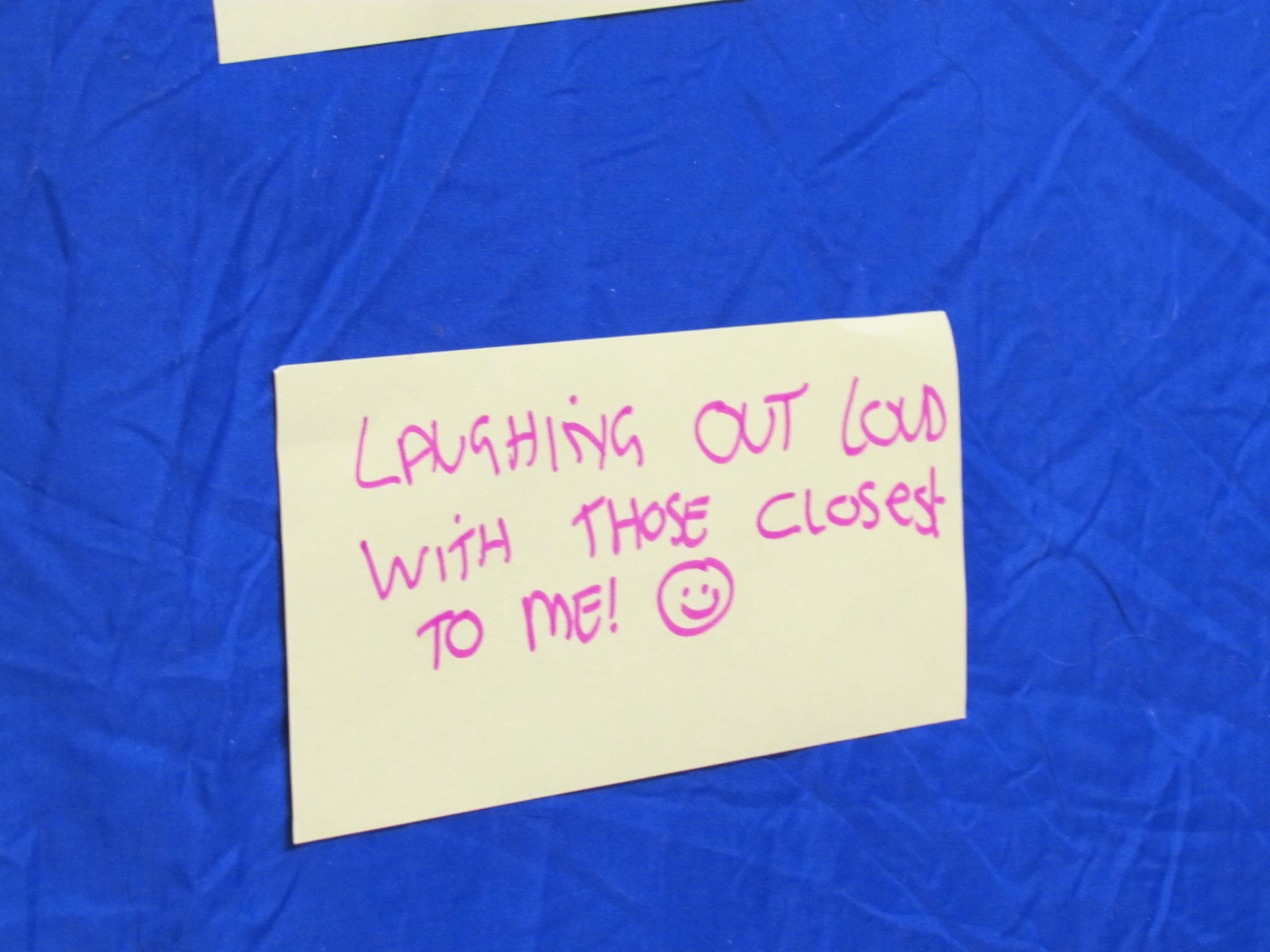
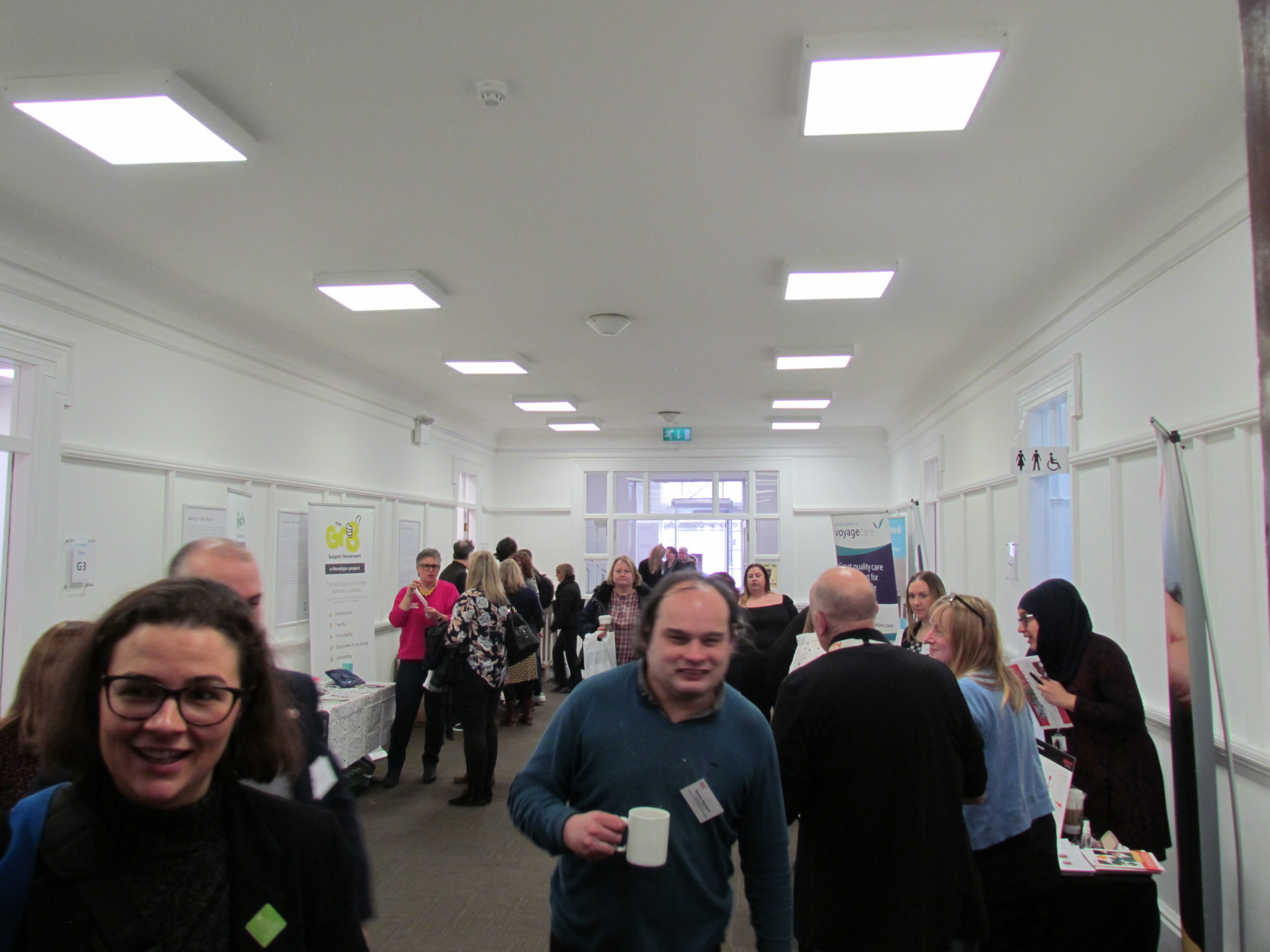
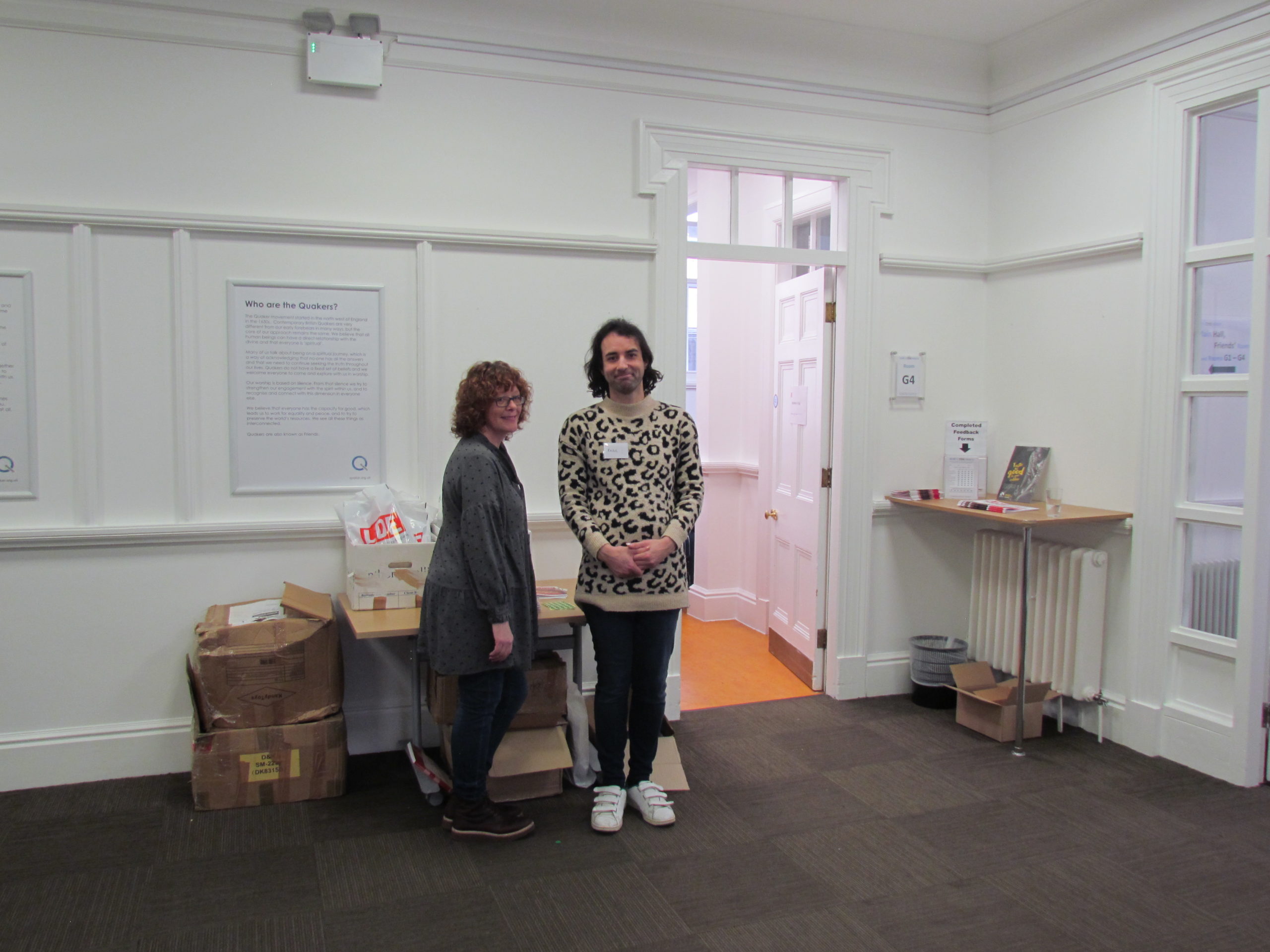
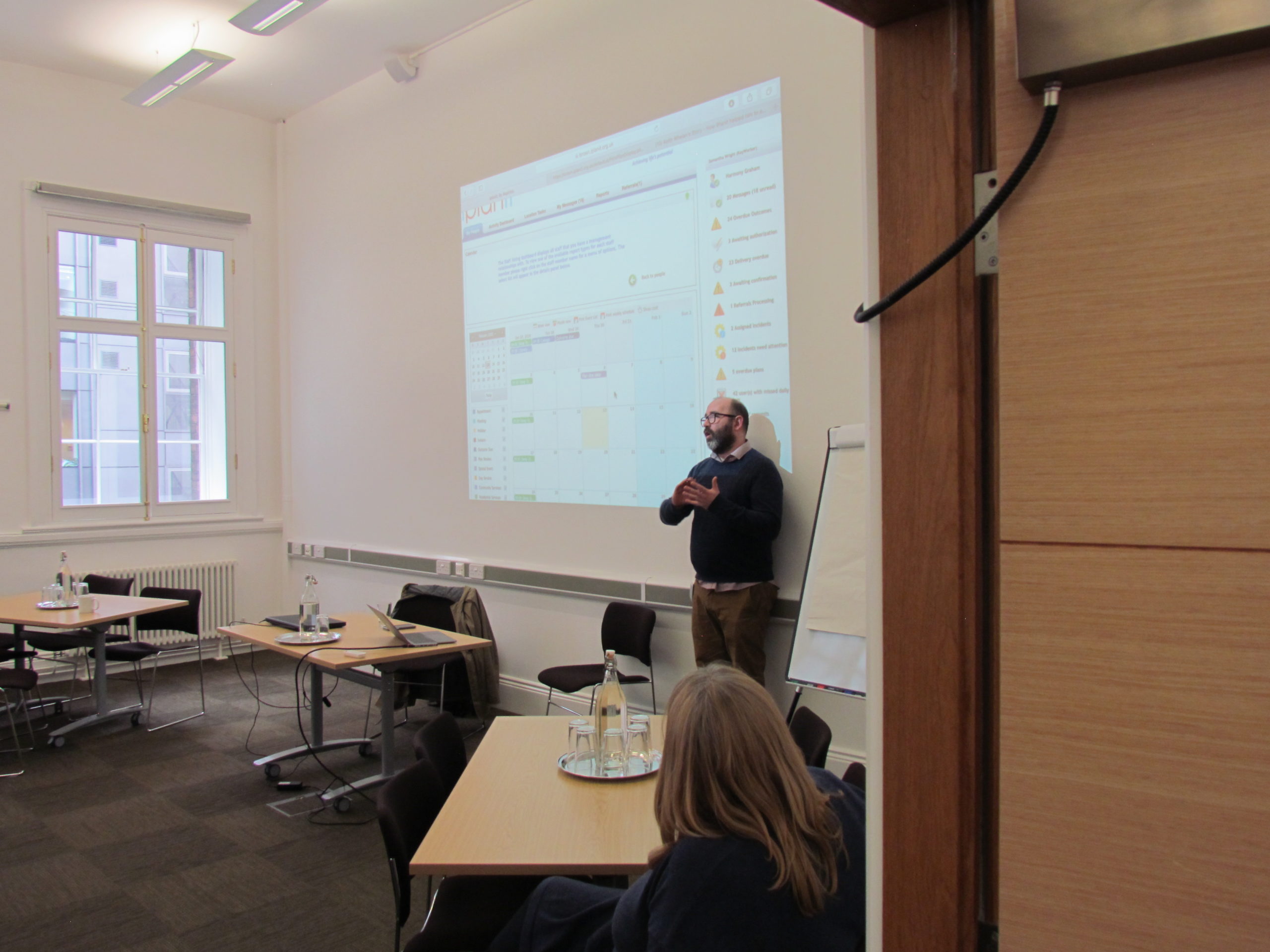
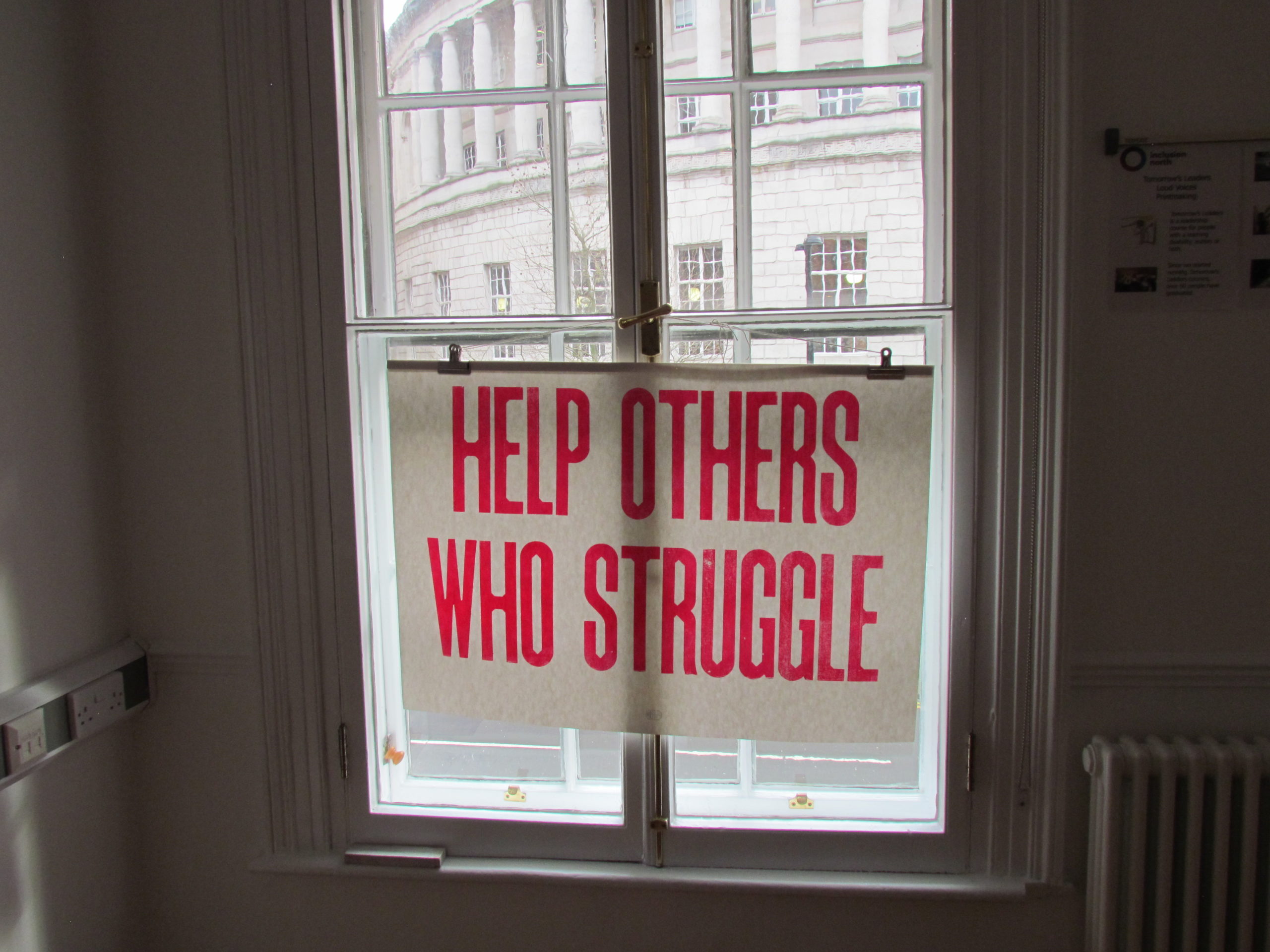
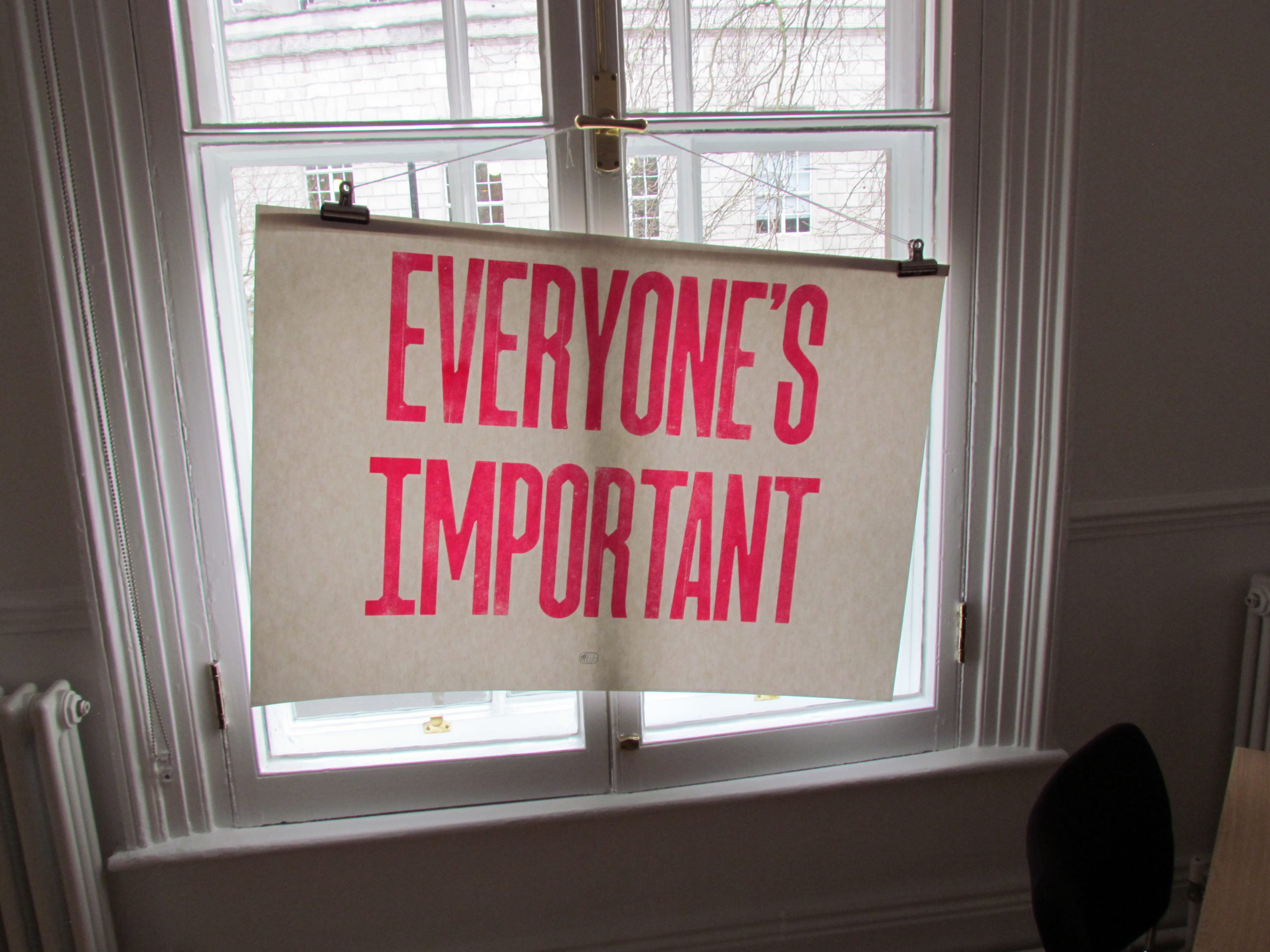
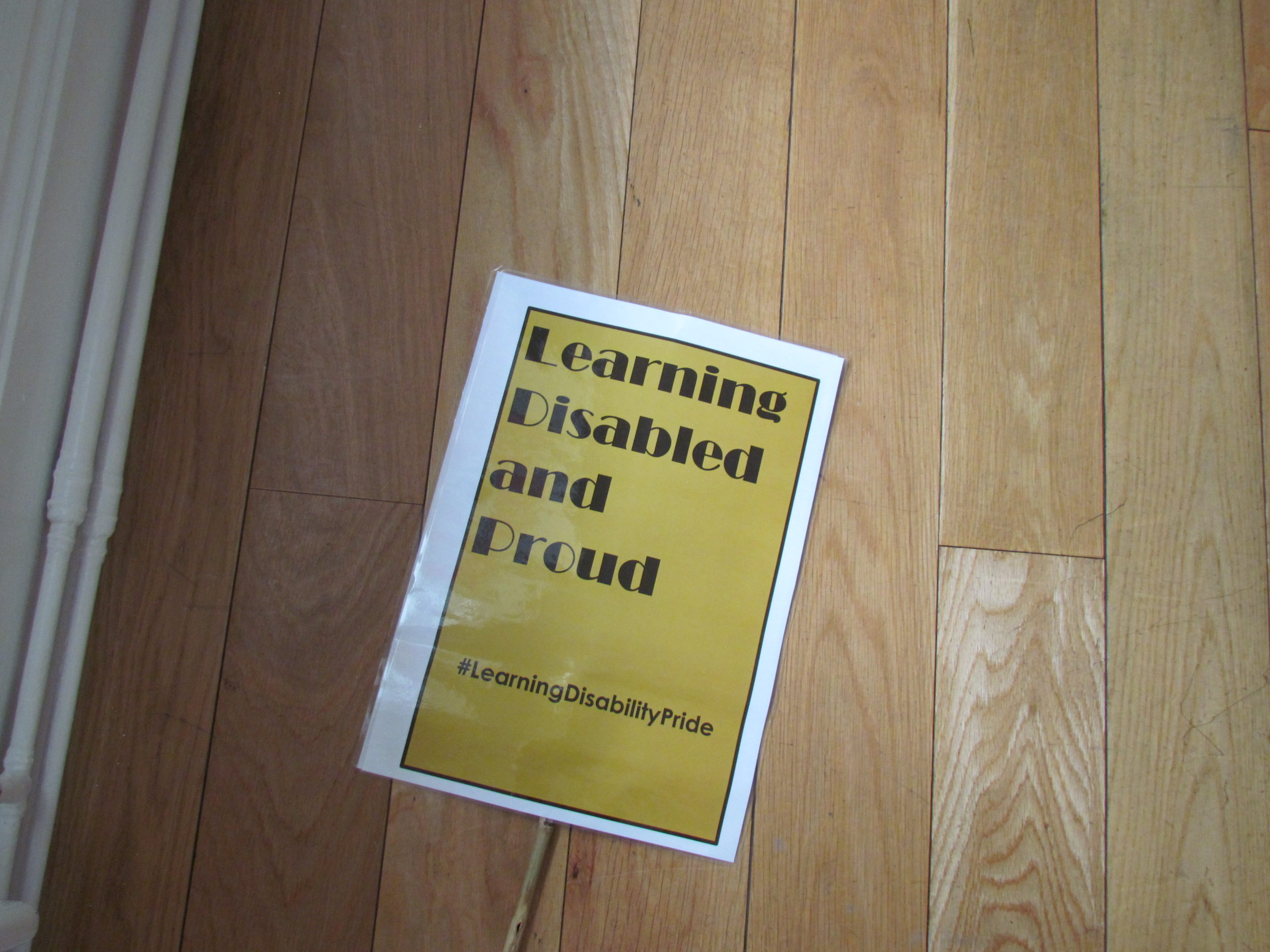
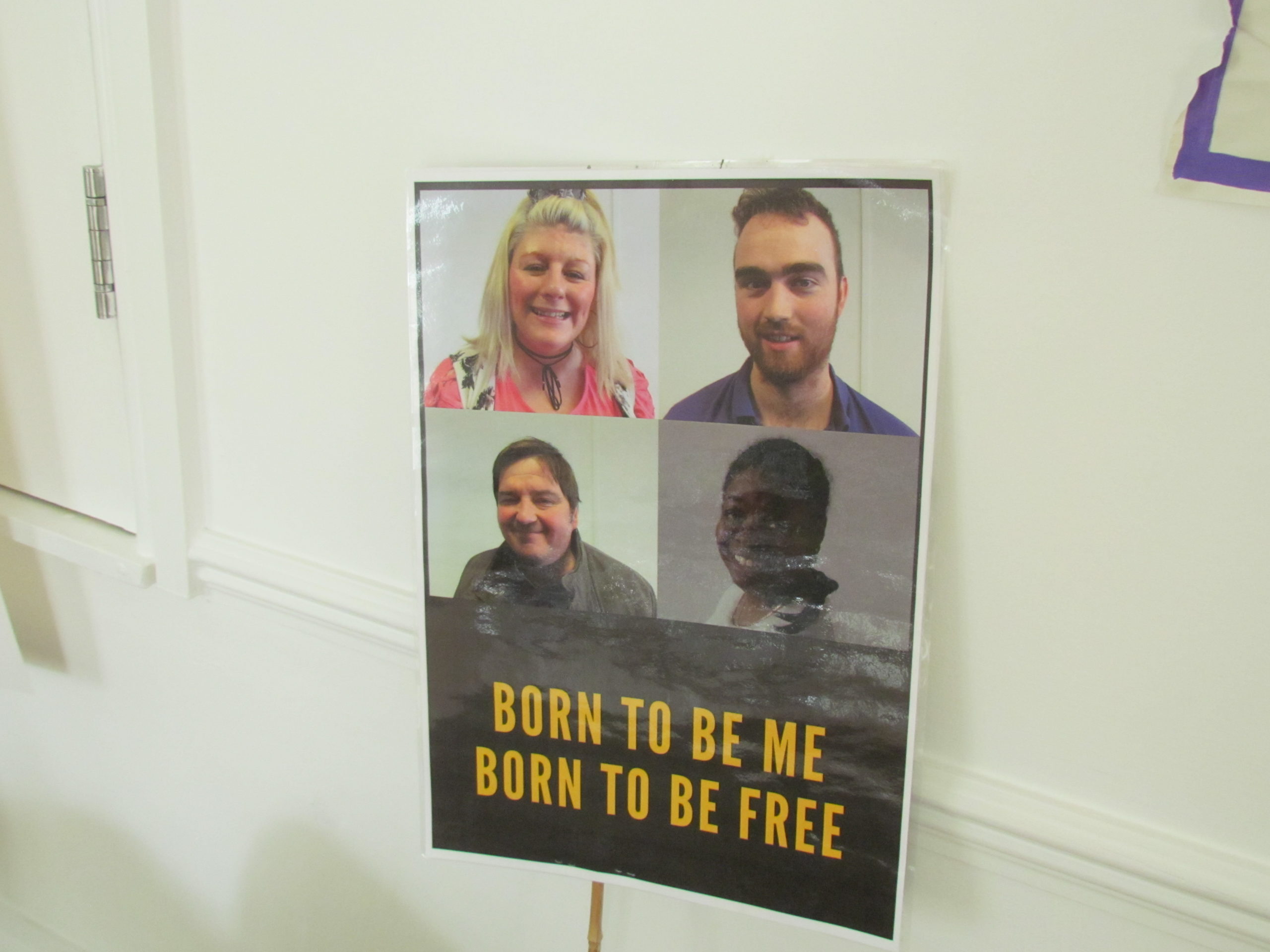
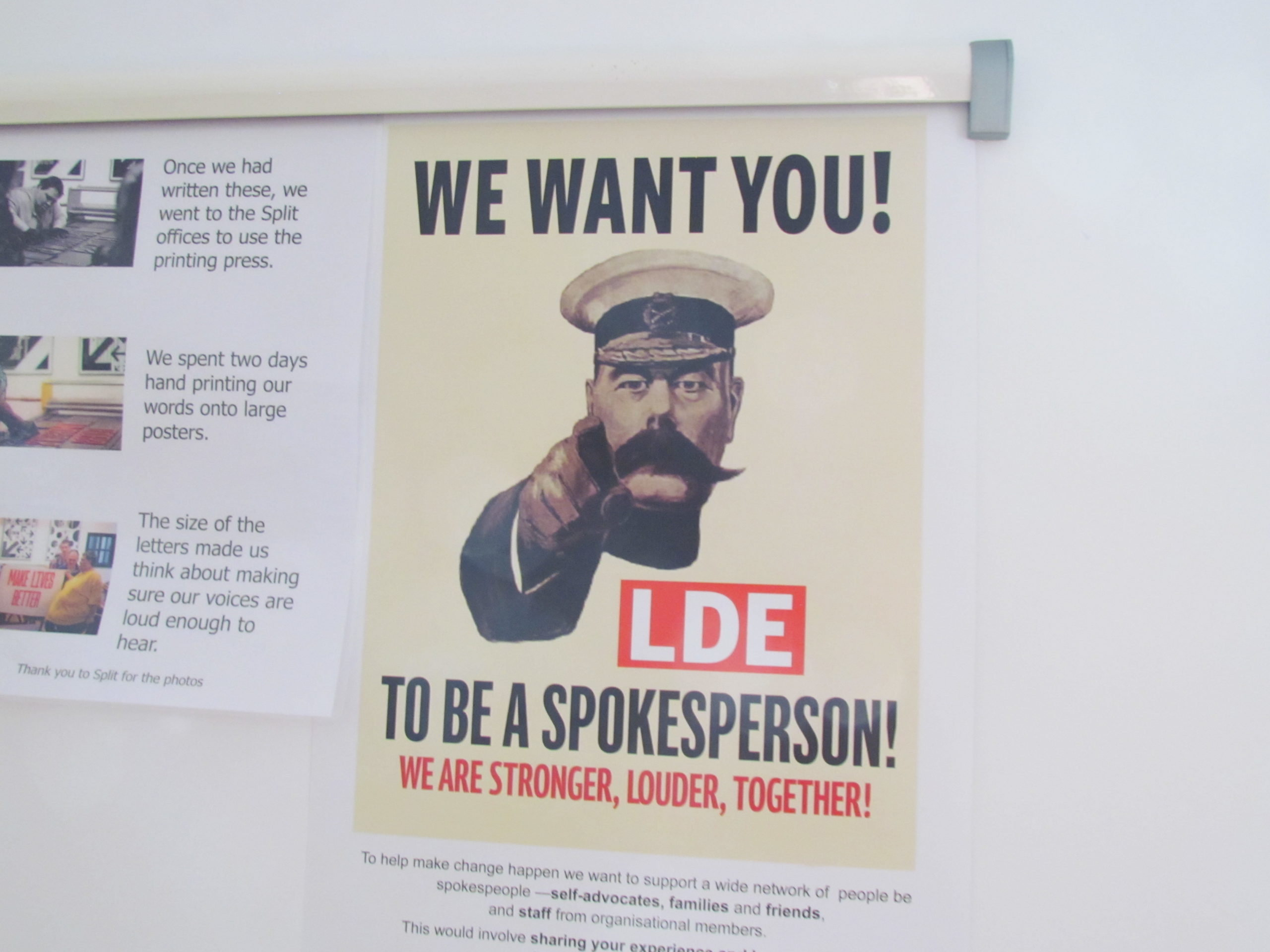
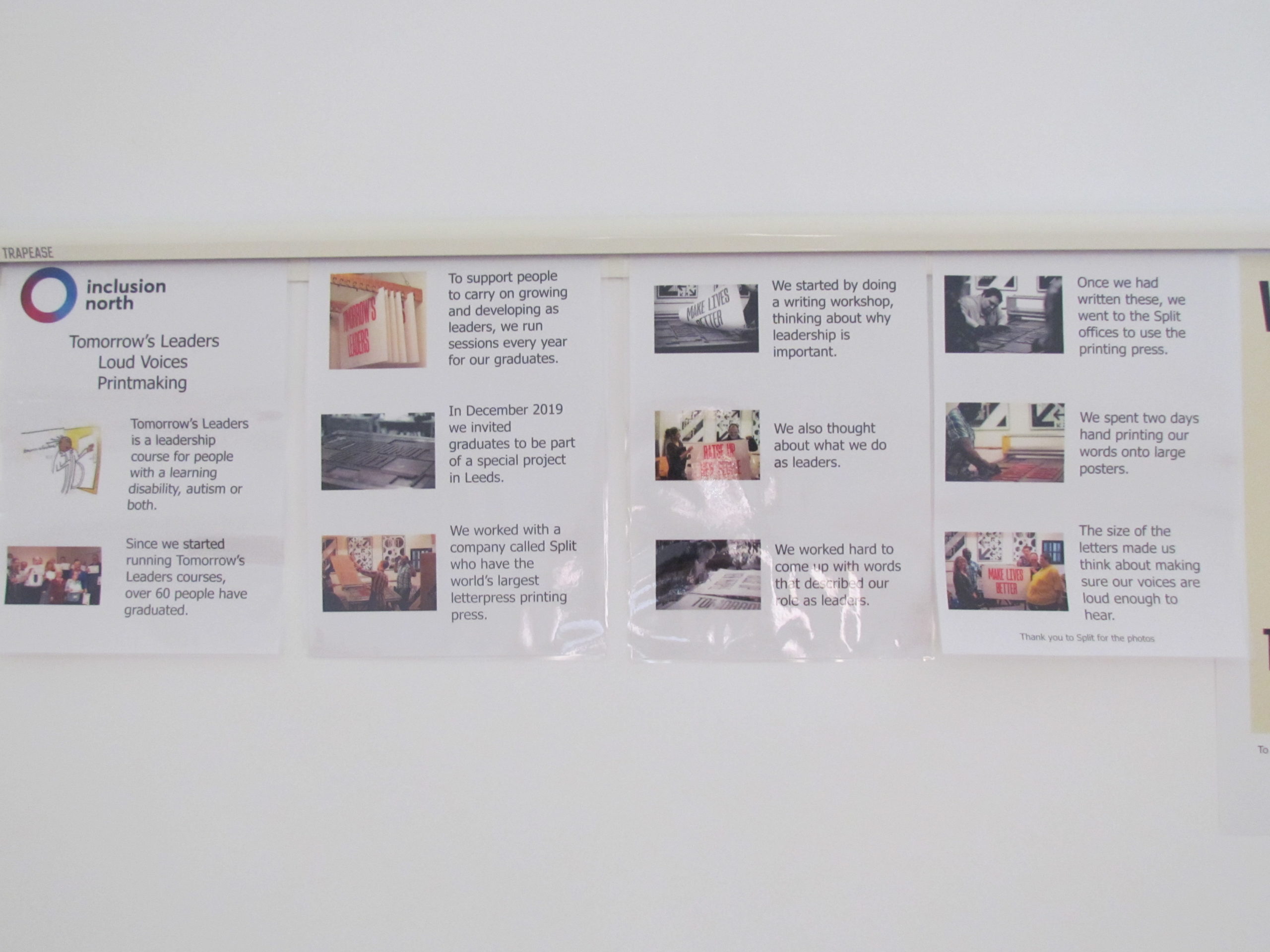
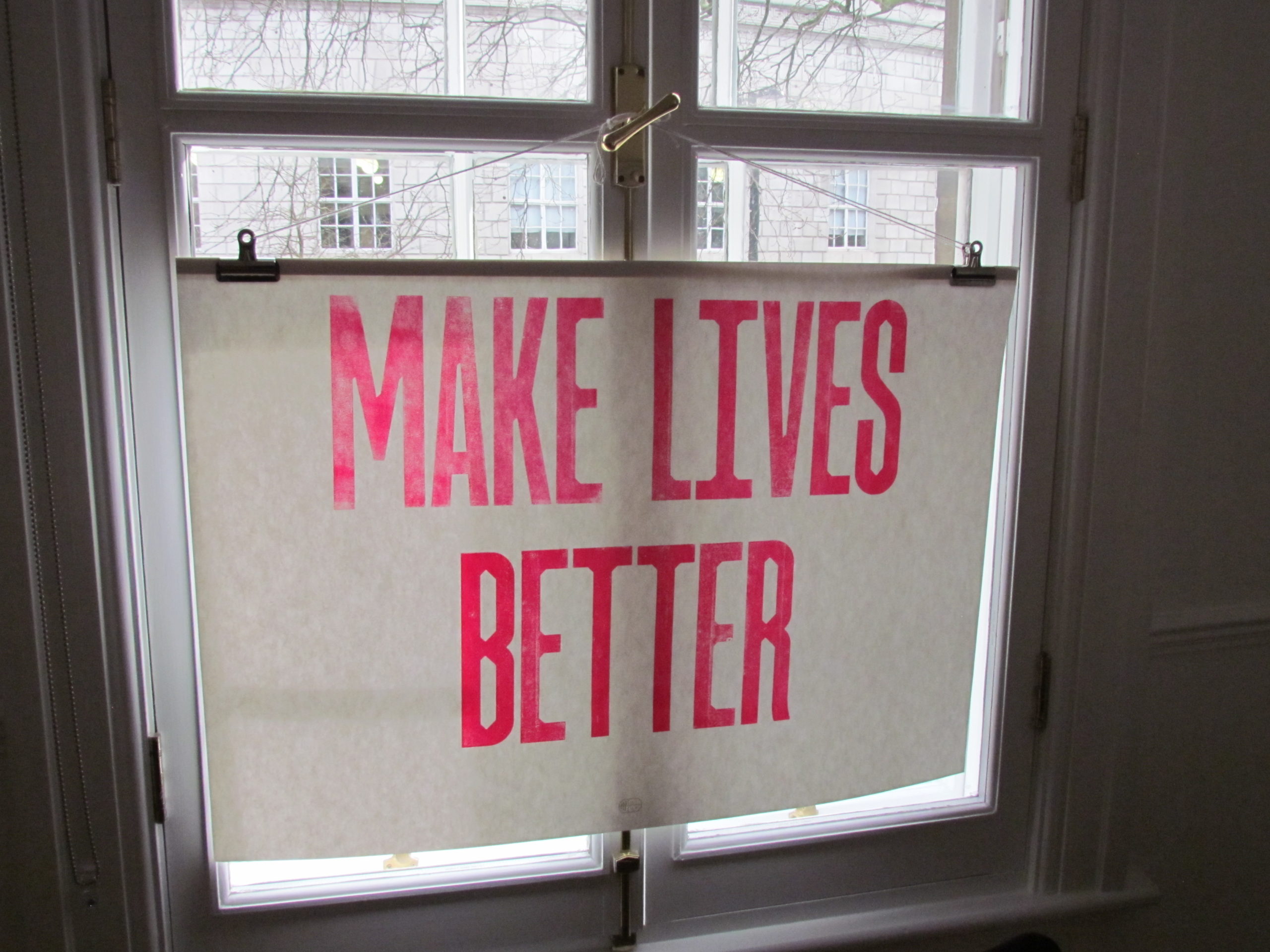
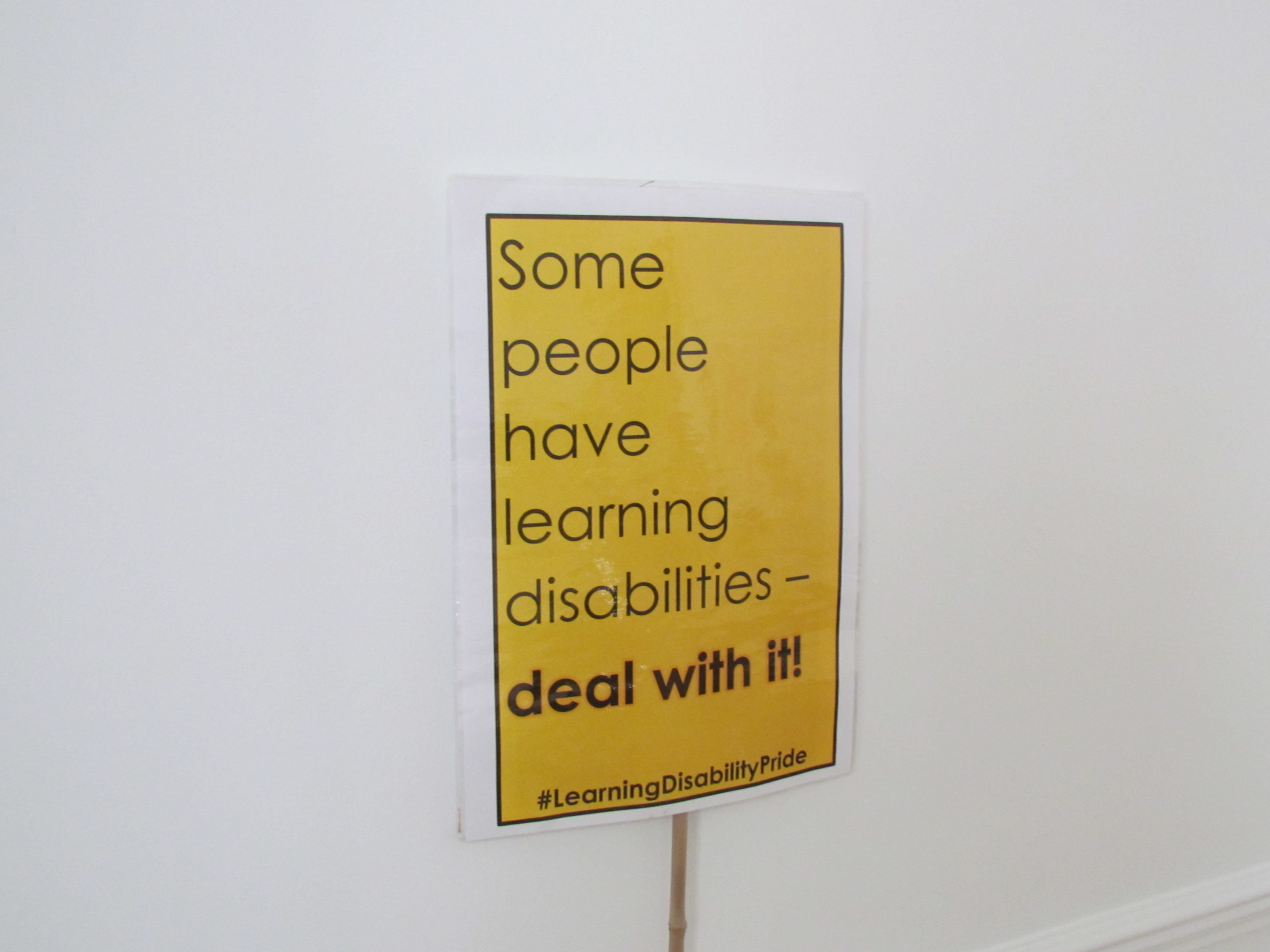
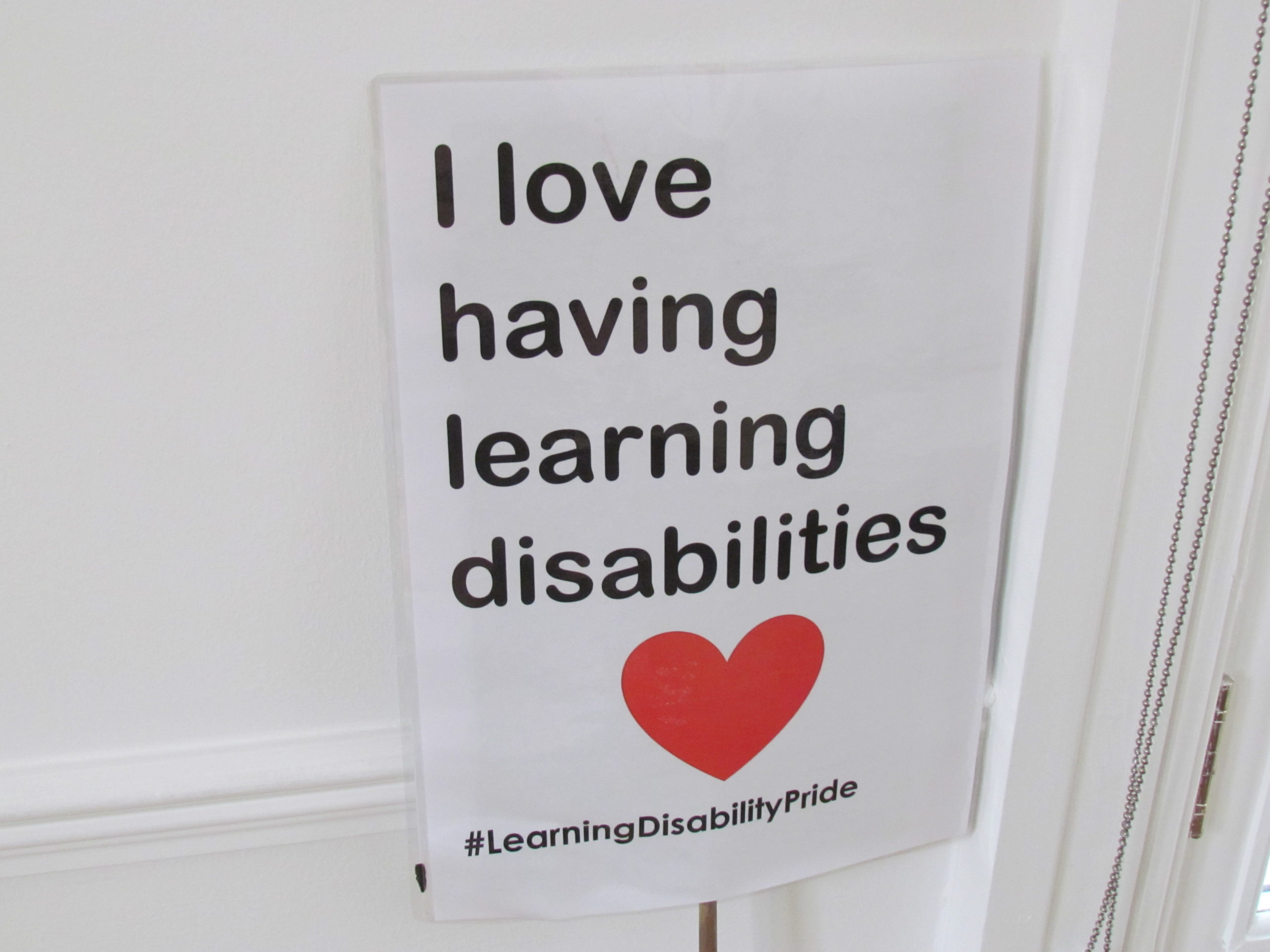
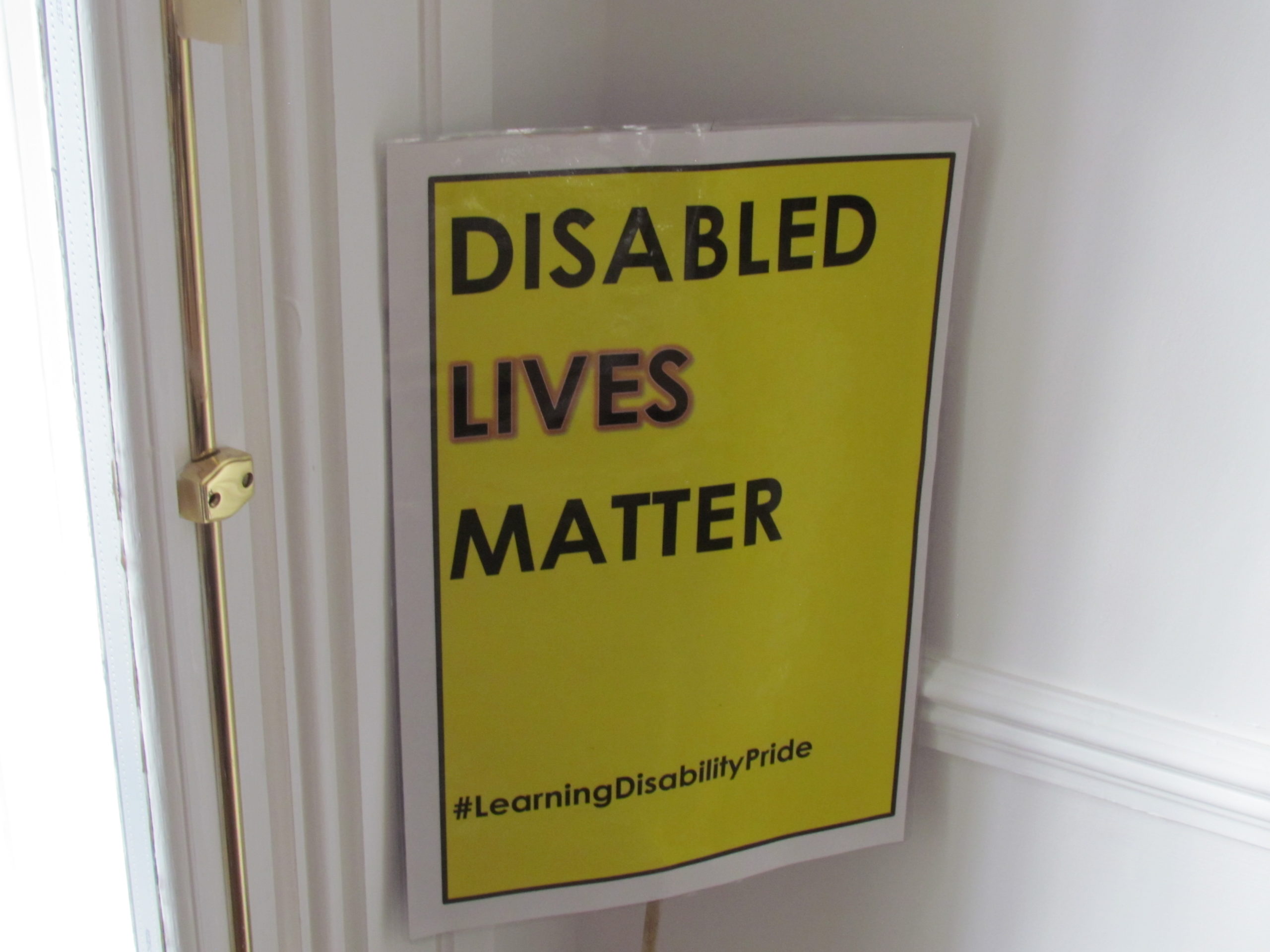
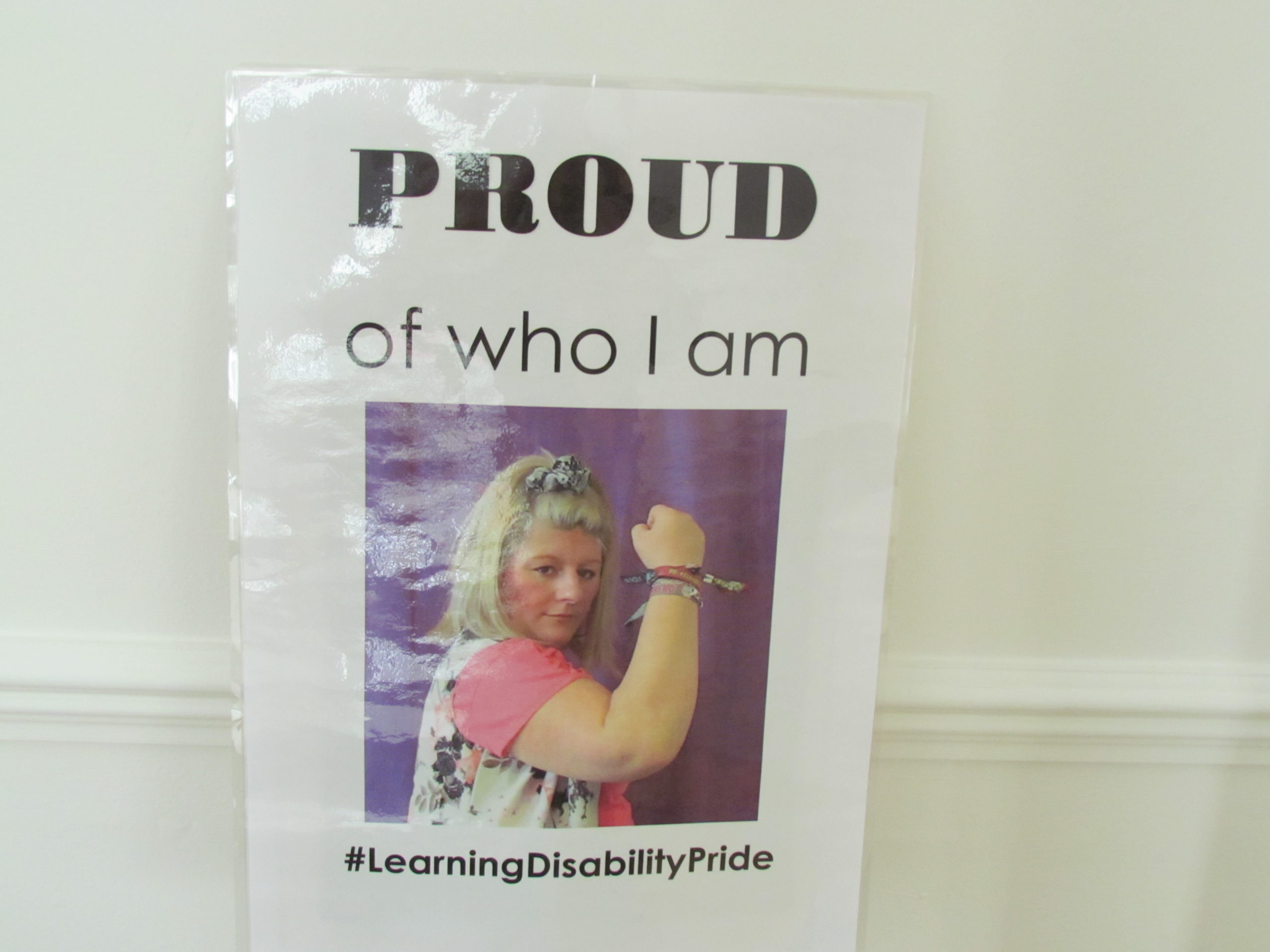
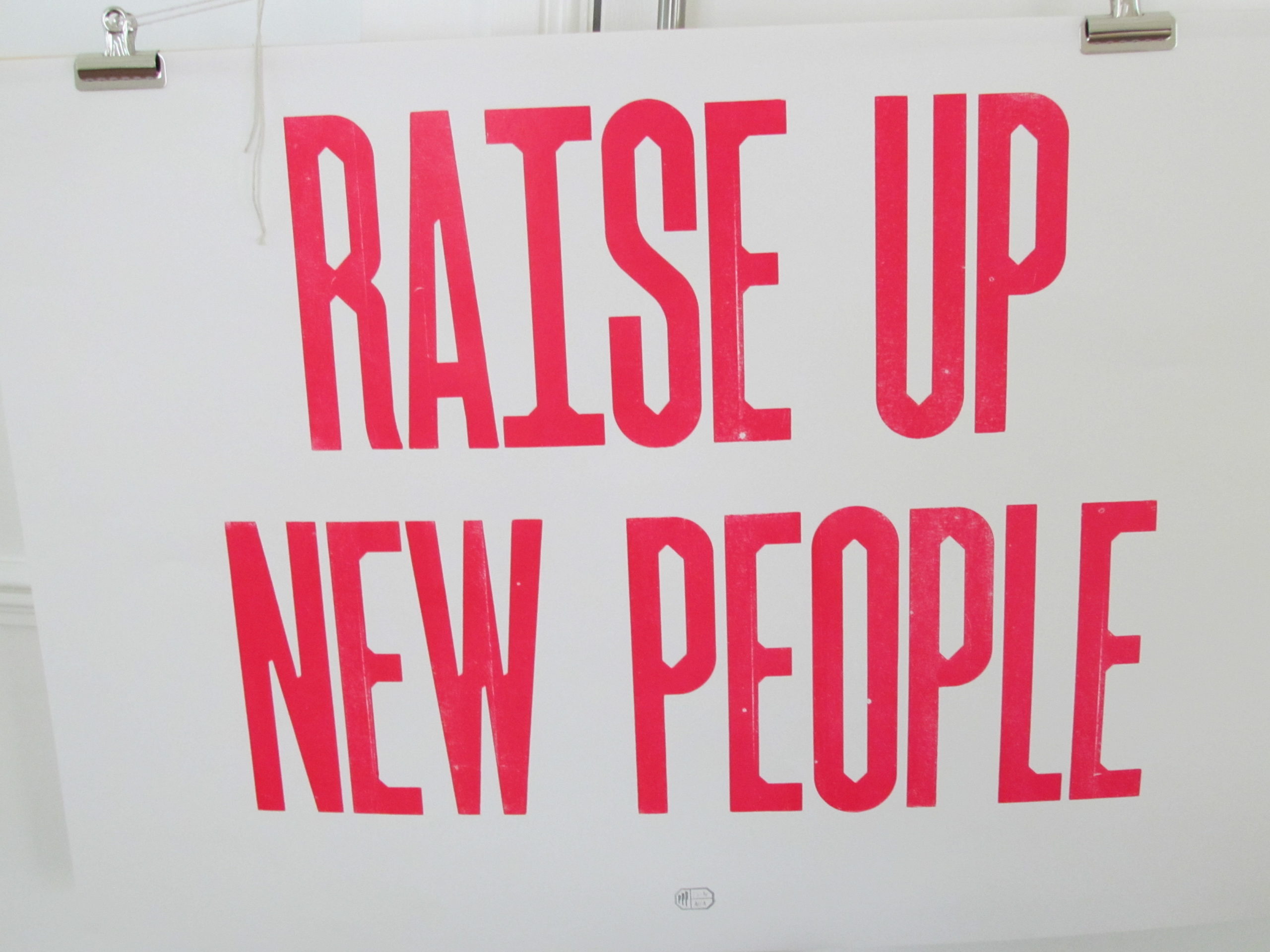

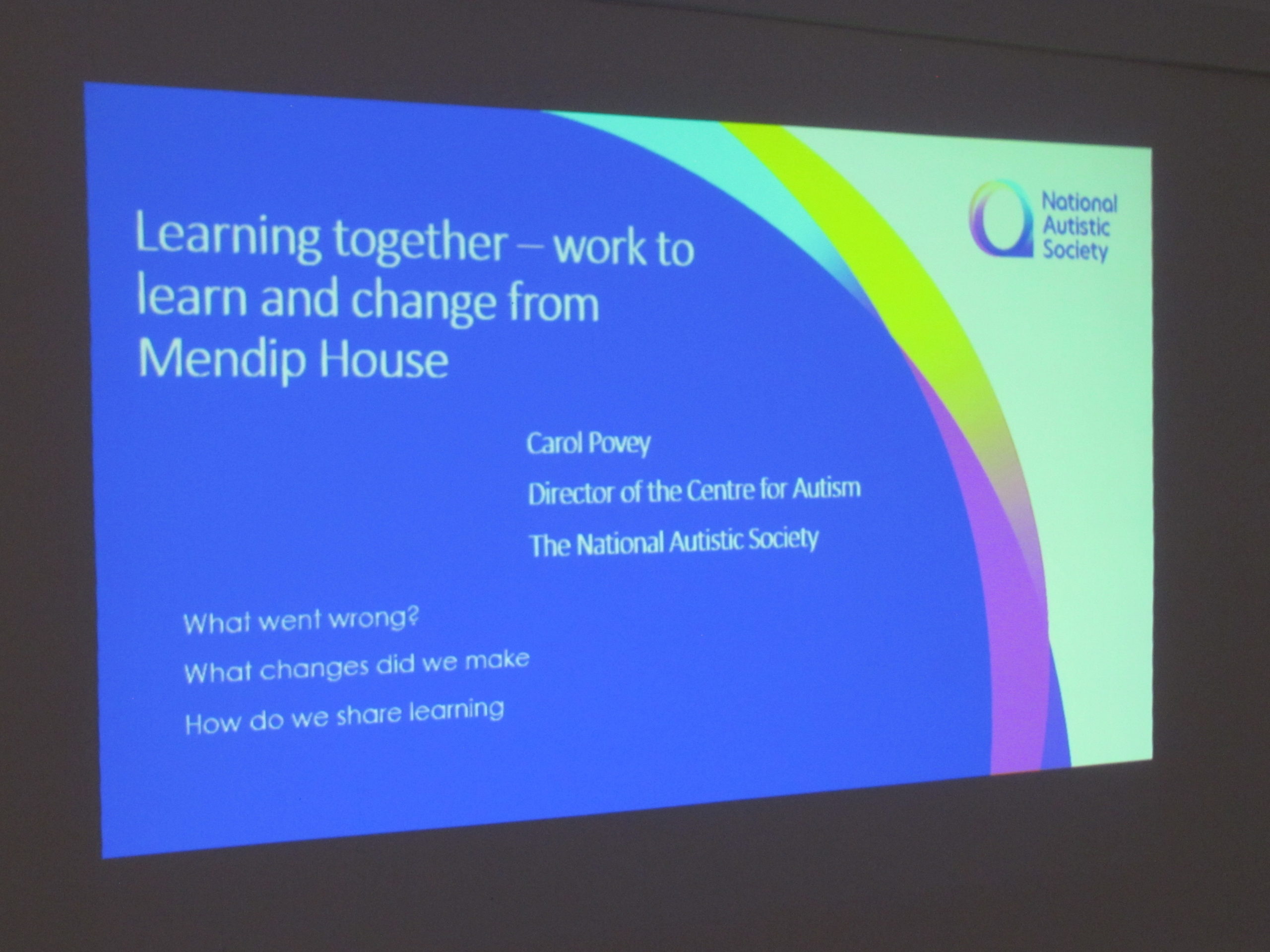
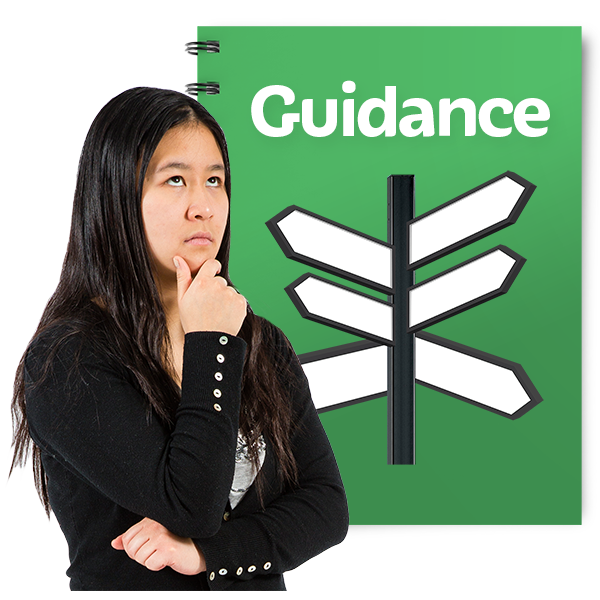
FAQs from the most recent NHS Learning Disability and Autism seminar 23rd June 2021 .
Easy-read 17th May changes – from Inclusion North
Easy-read 29th March lockdown changes – from Cornwall People First
Easy-read roadmap out of lockdown: step 1 explained – from Suffolk Learning Disability Partnership
Easy-read guide on the governments 4-step plan out of lockdown – from Cornwall People First
National Lockdown Easy read – from the Cabinet Office
Easy read from Cornwall People First about the new lockdown
How to test yourself for coronavirus (COVID-19) at home – from NHS Test and Trace and HM Government
Guidance for people in supported living: Easy Read – from the Department of Health and Social Care
Adult social care our COVID-19 winter plan: Easy Read – from Department of Health and Social Care
Covid 19 and black and minority ethnic Communities: Easy Read – from the Race Equality Foundation
Resources on coronavirus: Easy Reads– including information on vaccines, from Keep Safe by Photosymbols.
Schools re-opening: information relevant to children and young people with severe learning disabilities – an information sheet from the Challenging Behaviour Foundation.
Update video on 29th March lockdown changes – from NWTDT
Video on the government roadmap and how the lockdown restrictions will be lifted – from NWTDT
Video on the governments route out of lockdown – from Inclusion North
Video about the new national lockdown from 4 January 2021 by NWTDT / Pathways
Easy read news and video about the new lockdown from Inclusion North
Audio information about coronavirus from Keep Safe / PhotoSymbols
Wordless stories to help children returning to school from Books Beyond Words – easy read.
Schools re-opening: information relevant to children and young people with severe learning disabilities – an information sheet from the Challenging Behaviour Foundation.
Recovery, Re-introduction and Renewal: Safe and Successful Returns to School – a handbook from Whole School SEND designed to help schools and education settings through Covid-19 and beyond.
Mencap have published easy read guides about:
Coronavirus resource hub including audio and video resources, and a weekly news update, from Inclusion North.
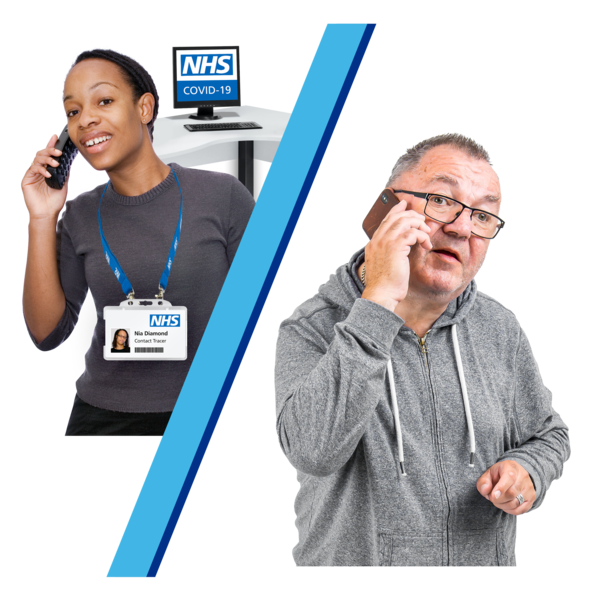

The NHS test and trace system helps follow where the virus has spread and stop it spreading any further.
This will help to control the virus.
Guidance about test and trace from Kingston Hospital – easy read
Short wordless stories about being tested for Coronavirus from Books Beyond Words – easy read
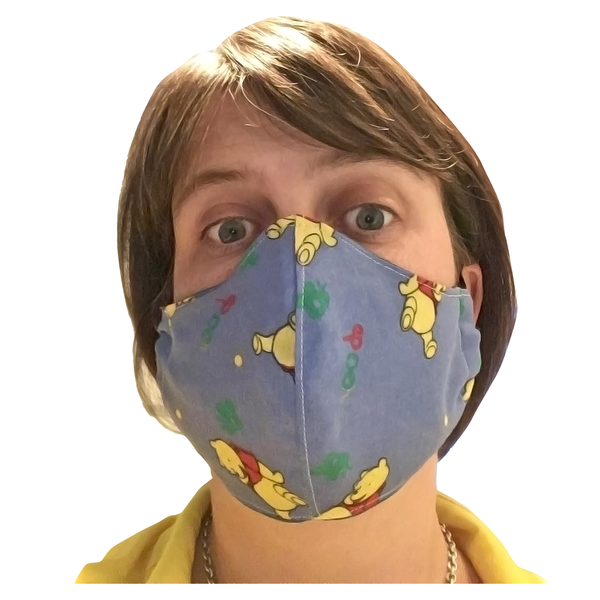

A face covering is something which covers your nose and mouth. It doesn’t have to be a mask. It can be anything that covers your nose and mouth.
Some people do not have symptoms so they can spread Coronavirus without knowing.
Face coverings are to stop you from accidentally spreading the virus.
The government has made new rules about wearing face coverings in public places to help protect people from Coronavirus.
Some people do not have to wear a face covering for health reasons.
Gary Bourlet, our Membership and Engagement Lead, has made a video blog to explain about wearing face coverings and the new rules. You can watch Gary’s VLOG here.
Care homes and face coverings poster
Video about wearing face coverings in shops – easy read.
Disabled customers and rules about wearing masks in shops – easy read from The Equality and Human Rights Commission
Illustrated guides on how to wear a mask from Big Leaf Foundation – easy read and several languages.
Exemption cards to explain why you aren’t wearing a mask from Photosymbols – easy read
Guidance about wearing face coverings from Mencap – easy read.

Useful for everyone
Letter to social housing residents from the Minister of Housing – easy read
Technology start-up AutonoMe is offering a FREE version of their appto any person with a learning disability in the UK during the coronavirus outbreak. Read a press article about Autonome here
Resources for family members, support workers, social workers and OTs on Coronavirus and how that might affect people with learning disabilities or autistic people, from Social Care Institute for Excellence (SCIE)
Resources about the implications of Covid19 from Beacon (the advice service about NHS CHC), which has increased capacity to respond to queries about NHS Continuing Health Care.
Free Training on Coronavirus from Health Education England, aimed at health and social care workers. However, it is open to anyone.
Grab Sheet about trauma from NWTDT and partners
Guidance on safeguarding adults during the outbreak from the British Association of Social Workers.
Up to date guidance and resources from Carers UK.
Information about the extra help the government has put in placearound paying bills, sick pay and benefit entitlements from Citizens Advice.
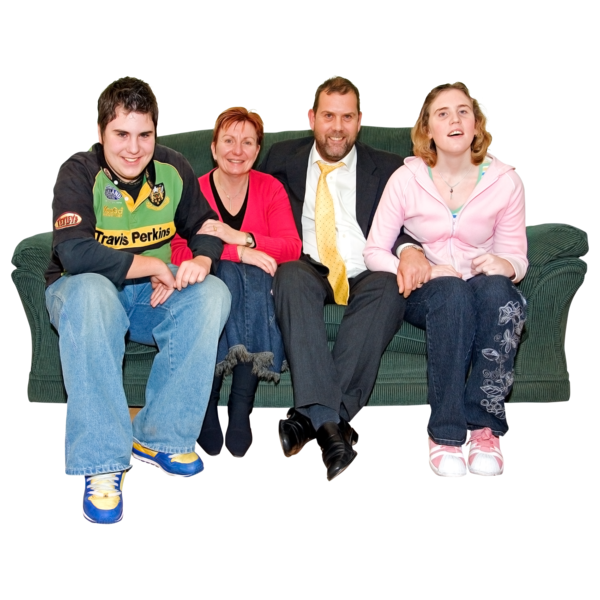
For Families
Resources for any families who are trying to home educate through the Coronavirus outbreak, including useful multi media resources for anyone about Covid 19, from The Sensory Projects.
Information and resources for SEND families from the Special Needs Jungle.
Information for autistic people and their families from the National Autistic Society.
Resources including information to help family carers plan with others to get the support they need during the current crisis, from Together Matters.
LGBT+ Resources
From Eddy Phillips, Carl Shaw and David Gill:
Self-advocacy, the pandemic and working together

Blog by Gary Bourlet, Membership Lead and spokesperson in our team as well as a self advocate of long standing

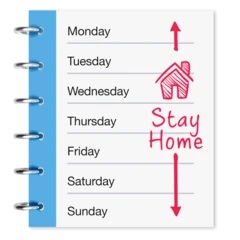
The government says that people who think they might have the virus or have some of the symptoms need to stay at home for 7 days.
Anyone who has been in close contact with a person who tests positive for Coronavirus needs to stay at home for 14 days.
This is called self-isolation.
As guidance changes how can support services help people with learning disabilities stay healthy including having an annual health check?
Read more “Good health and Annual Health Checks: Webinar”